Your living room is where energy gathers, family connects, and guests feel your home's vibe. Poor living room feng shui doesn't just look off-it can block opportunities, drain your energy, and create tension. These 10 mistakes are common, but they're also easy to fix once you know what to look for.
Table of Contents
- Sofa Without a Solid Wall Behind It
- Front Door Directly Facing Windows or Patio Doors
- Sofa Directly Facing the Front Door
- Coffee Table Higher Than the Sofa
- Dark Living Room With Poor Lighting
- Clutter and Blocked Pathways
- Sharp-Cornered Furniture and Pointed Decor
- Mirror Facing the Sofa or Seating Area
- Mirror Directly Opposite the Front Door
- Mixing Too Many Furniture Styles and Colors
- Conclusion
- FAQ
1. Sofa Without a Solid Wall Behind It

When your sofa sits in the middle of the room with nothing behind it, you're missing what feng shui calls "backing" or support. This creates a sense of anxiety because there's no feeling of protection. As a result, people sitting there will feel restless and exposed.
The fix
If your layout prevents a wall-backed sofa, create a virtual wall:
- Place a console table behind the sofa
- Use tall plants like a fiddle leaf fig or bamboo palm
- Add a low bookshelf for structure
The key is having something solid that provides visual and energetic support.
2. Front Door Directly Facing Windows or Patio Doors
This is called "through-draft energy"-chi rushes straight from your entrance to your windows and escapes before moving through your home. It's bad for wealth retention, as opportunities and abundance flow right out.
The fix
Slow that energy down with these simple additions:
- Hang sheer curtains or blinds on the windows
- Place a console table, bookshelf, or folding screen between the door and windows
- Position a large plant to redirect the flow
The goal is to make chi move through your space slowly, not race through it.
3. Sofa Directly Facing the Front Door
Your sofa shouldn't sit in direct line with the front door. This creates what feng shui practitioners call "clashing energy." Anyone sitting there gets hit with too much rushing chi, which leads to restlessness and poor sleep. On top of that, it also reduces privacy and can increase arguments.
The fix
You have two options to solve this:
- Angle your sofa to have a clear view of the door without sitting directly in its path
- If that's not possible, add an entryway piece (bookshelf, console table, or room divider) to buffer the direct energy line
4. Coffee Table Higher Than the Sofa

Furniture hierarchy matters in feng shui. When your coffee table rises higher than your sofa's seat cushions, it disrupts the natural balance. The coffee table becomes dominant instead of supportive, which can lead to obstacles and extra pressure in daily life.
The fix
Choose a coffee table that sits at knee height or just below the sofa's armrest level. This keeps proper proportion and allows energy to flow smoothly across the seating area.
5. Dark Living Room With Poor Lighting

Living rooms need yang energy-active, bright, social. A dark space weakens this vital force, leading to low mood, stuck energy, and blocked opportunities. In fact, poor lighting is one of the fastest ways to drain a room's energy.
The fix
Start by making the most of natural light, then add artificial sources:
- Use sheer white curtains instead of heavy drapes
- Add multiple light sources: overhead lighting, floor lamps, and table lamps
- Layer your lighting so you can adjust brightness throughout the day
- Choose warm LED bulbs (2700-3000K) to copy natural light and create a welcoming atmosphere
6. Clutter and Blocked Pathways
Physical clutter equals stuck chi. When your living room is crowded with stuff or furniture blocks natural pathways, energy can't move freely. This creates mental fog, missed opportunities, and difficulty moving forward in life-both literally and figuratively.
The fix
Follow these decluttering steps:
- Clean out what you don't need using the six-month rule (if you haven't used it in half a year, remove it)
- Keep walkways at least three feet wide
- Use closed storage for remotes, magazines, and random items
- Keep surfaces clear to allow chi and opportunities to flow
7. Sharp-Cornered Furniture and Pointed Decor

Sharp edges create "cutting chi"-aggressive energy that aims at anyone in its path. Rectangular coffee tables with sharp corners, angular shelving, and pointed metal decor create tension and can even affect health if people sit in the line of fire for long periods.
The fix
Replace sharp items with softer alternatives:
- Switch to round or oval coffee tables
- Choose furniture with curved edges and soft lines
- Use floor plants to soften architectural corners that stick into your living space
Rounded shapes promote harmony and smooth energy movement.
8. Mirror Facing the Sofa or Seating Area

Mirrors are powerful feng shui tools, but they need careful placement. A mirror facing your sofa reflects energy away from where people gather and makes guests feel uncomfortable-like they're being watched. Instead of settling, the good chi bounces away.
The fix
Move mirrors to reflect positive views:
- Position them to reflect plants, artwork, or natural light from windows
- Make sure they expand space and boost positive elements
- Avoid reflecting people while they're trying to relax
9. Mirror Directly Opposite the Front Door
This is a critical feng shui taboo. When a mirror faces your front door head-on, it pushes entering chi right back out. As a result, good fortune, opportunities, and positive energy get pushed away before they can enter your home.
The fix
Relocate your mirror strategically. Move it to a side wall next to the door instead of across from it. This way it can still reflect light and expand space without sending energy back out. If you need a mirror in your entryway, beside the door is the right spot
10. Mixing Too Many Furniture Styles and Colors

When your living room has mismatched furniture styles, clashing colors, and no clear theme, it creates visual and energetic chaos. Scattered, unmatched decor confuses the energy in your space and can lead to lack of focus and family disagreements.
The fix
Create visual harmony through consistency:
- Stick to a color palette of three to four main colors that work together
- Choose furniture in compatible styles (modern, traditional, or mixed)
- Use consistent materials and finishes throughout
Remember, unity doesn't mean boring-it means intentional.
Conclusion
Living room feng shui doesn't require a complete redesign. Instead, start with the basics: lighting and sofa placement make the biggest impact. Then, tackle clutter and sharp corners. Your living room should feel comfortable and allow energy to move freely. Trust your instincts alongside these guidelines. If a space feels off, it probably is-and now you know how to fix it.
FAQ
Can I still have good feng shui if my sofa can't face the door?
Can I still have good feng shui if my sofa can't face the door?
Yes. As long as you can see the door at an angle and the sofa has a solid wall behind it, your setup can still support good energy flow.
Where should I place a water fountain in my living room?
Where should I place a water fountain in my living room?
Place it in the north, east, or southeast areas of your space. Avoid placing it behind the sofa, in the center, or near the kitchen. Keep the water clean and circulating.
Do I need to follow compass directions or just use my front door?
Do I need to follow compass directions or just use my front door?
Using the front door as the reference point (BTB method) is easier and more practical for modern homes, where compass readings may be inaccurate.
How many plants should I have in my living room?
How many plants should I have in my living room?
One to three healthy plants are enough. Choose round-leafed varieties and avoid cacti or spiky plants that create harsh energy.
What if my living room is also my dining room?
What if my living room is also my dining room?
Use rugs and furniture placement to define zones. Different lighting for each area also helps create boundaries without blocking flow.
Are there colors I should avoid in my living room?
Are there colors I should avoid in my living room?
No specific colors are forbidden. Focus on balance—pair strong colors with calming tones and mix bright (yang) and muted (yin) shades.

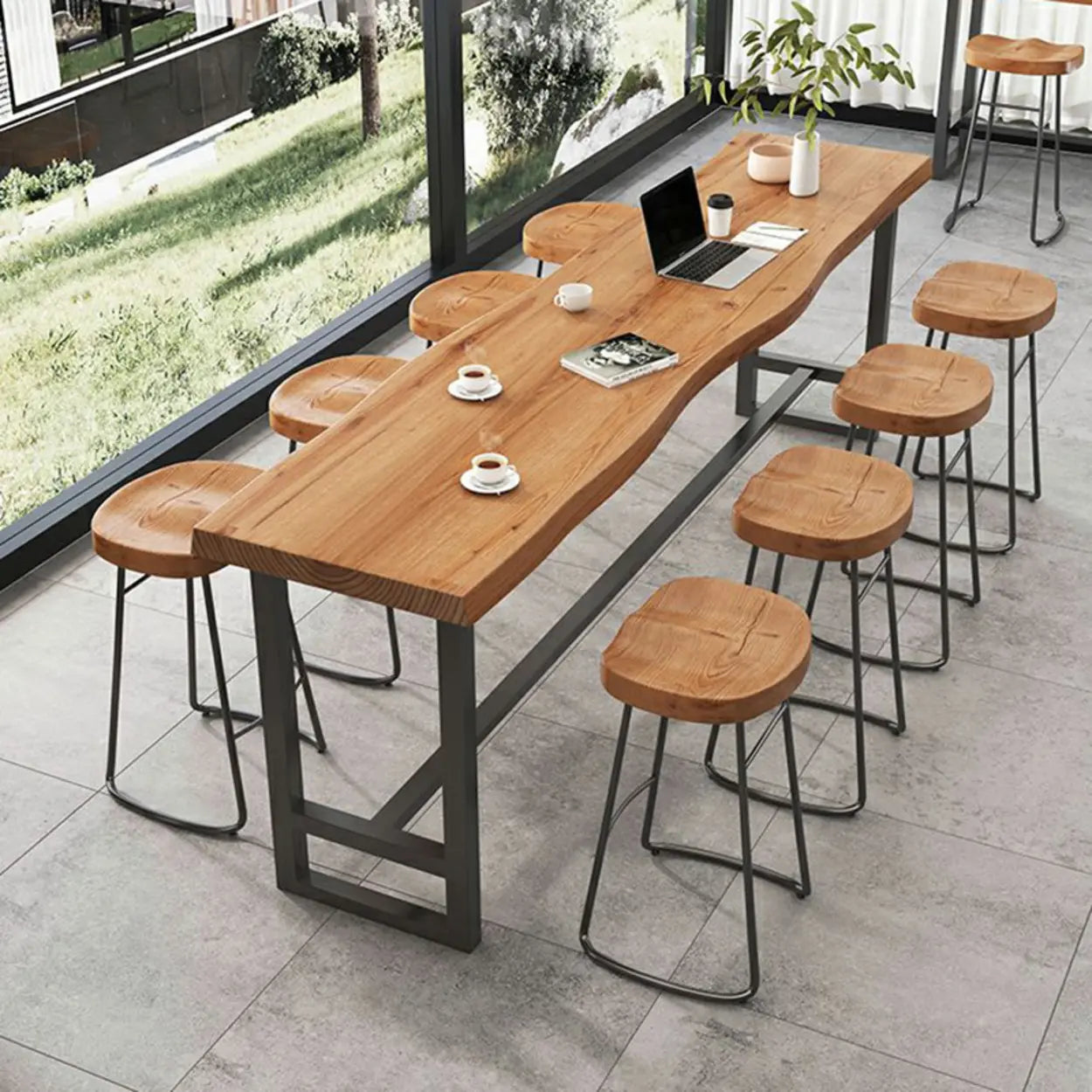
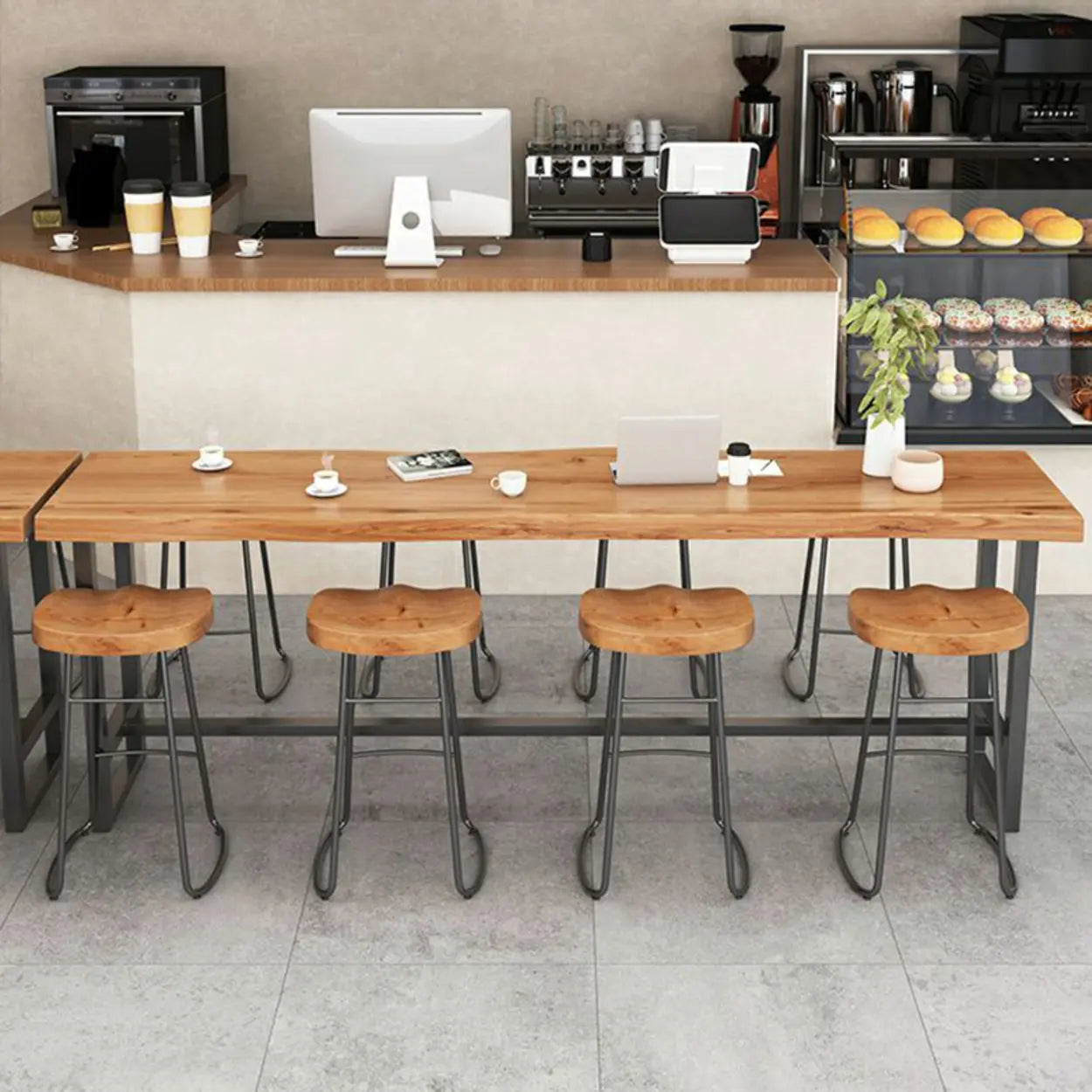
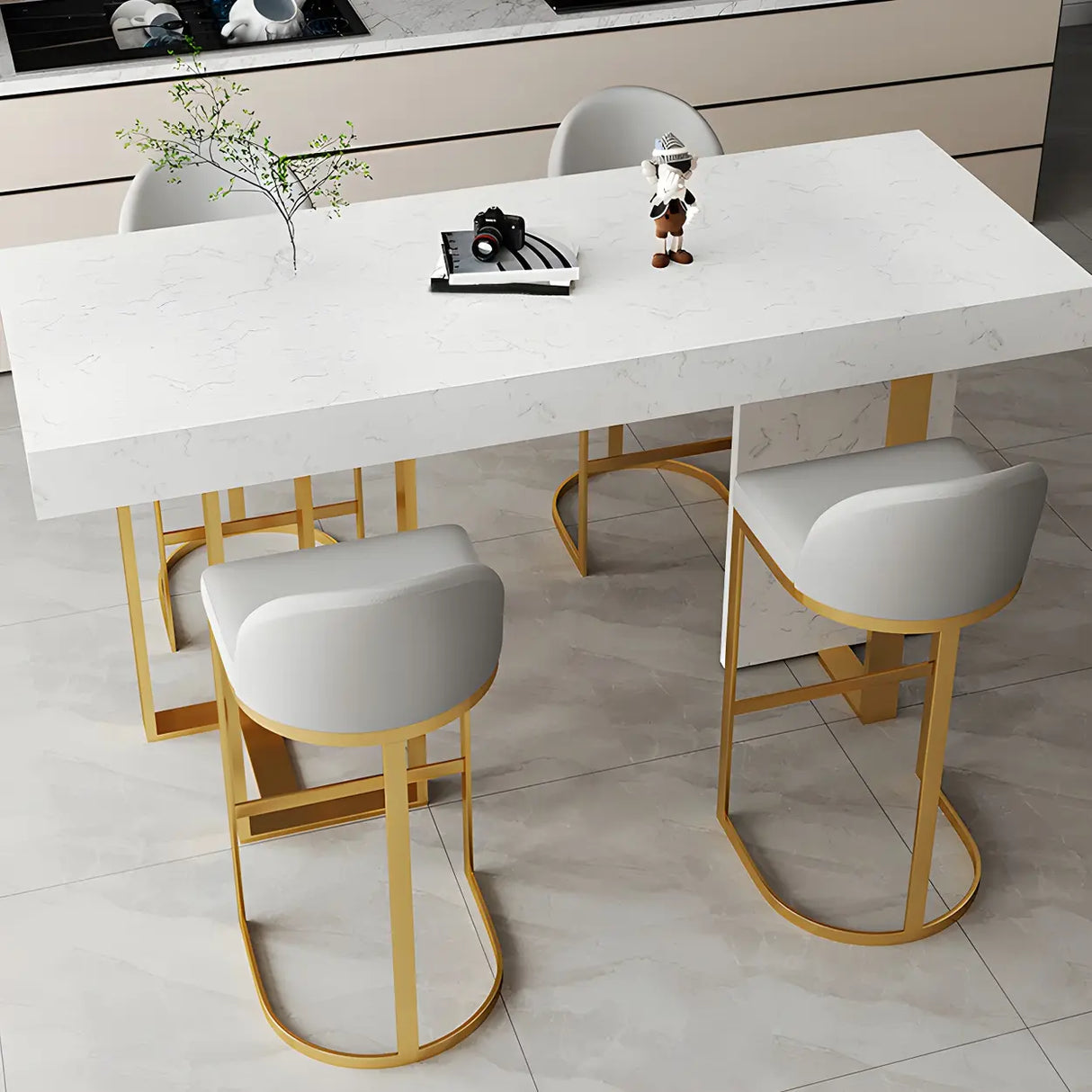
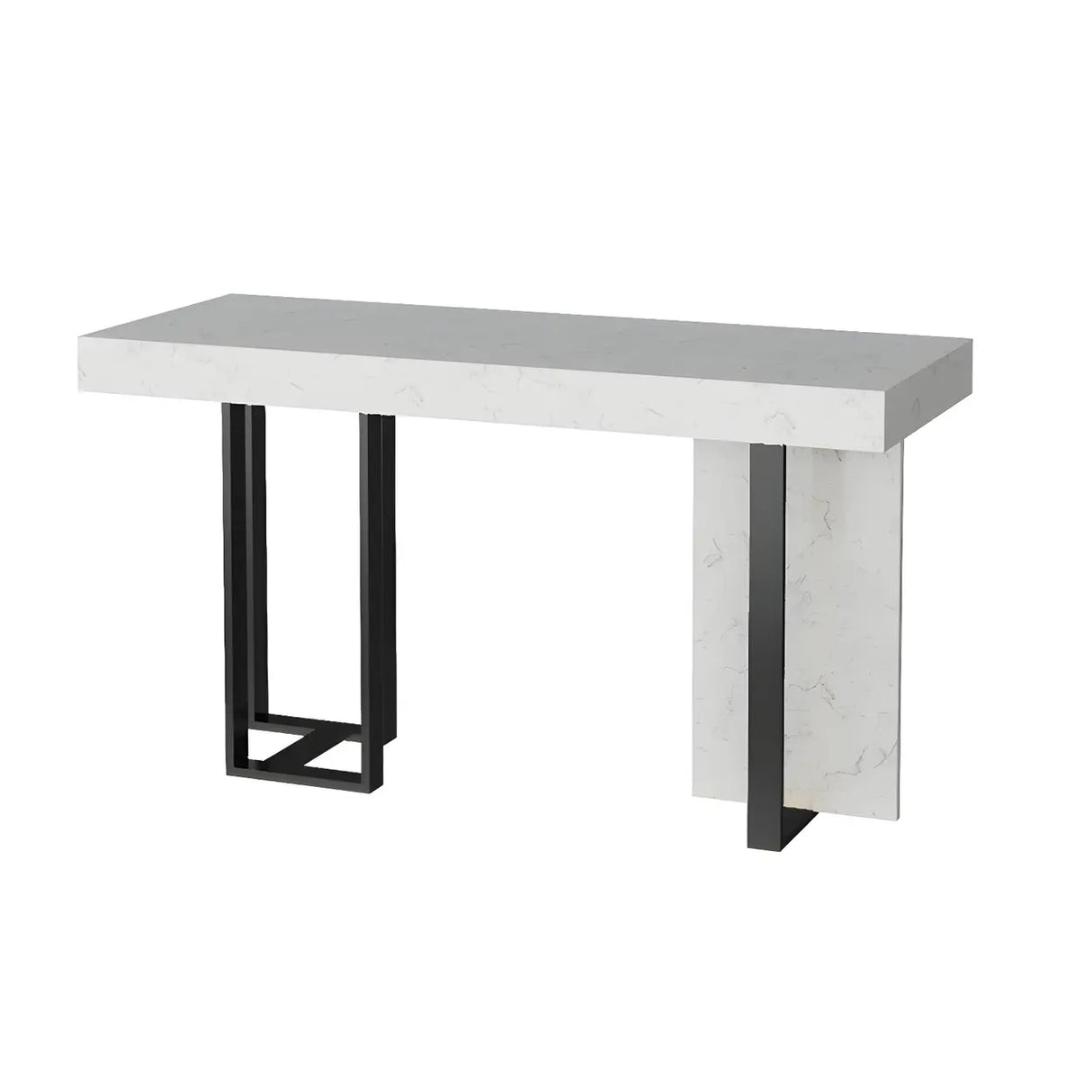
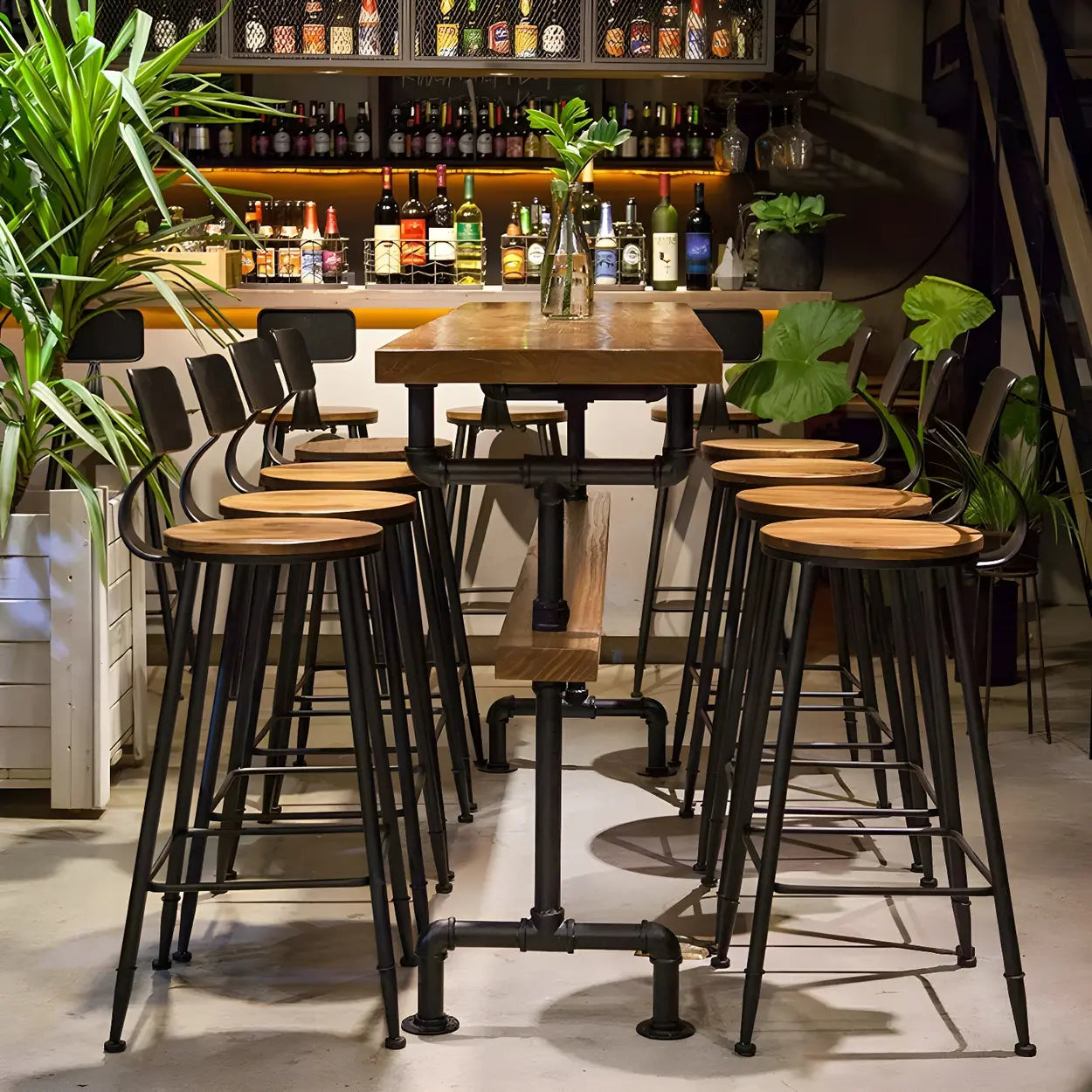
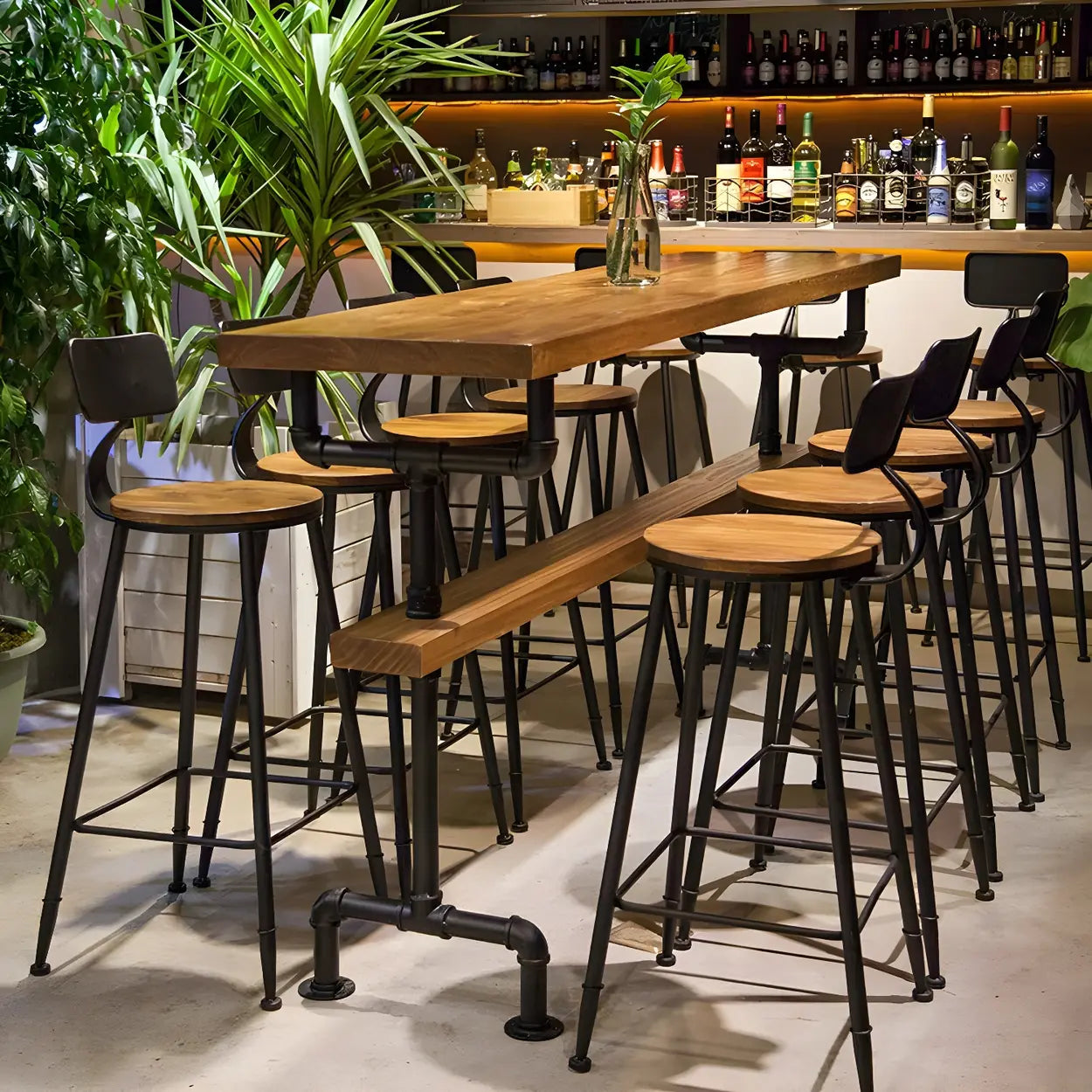
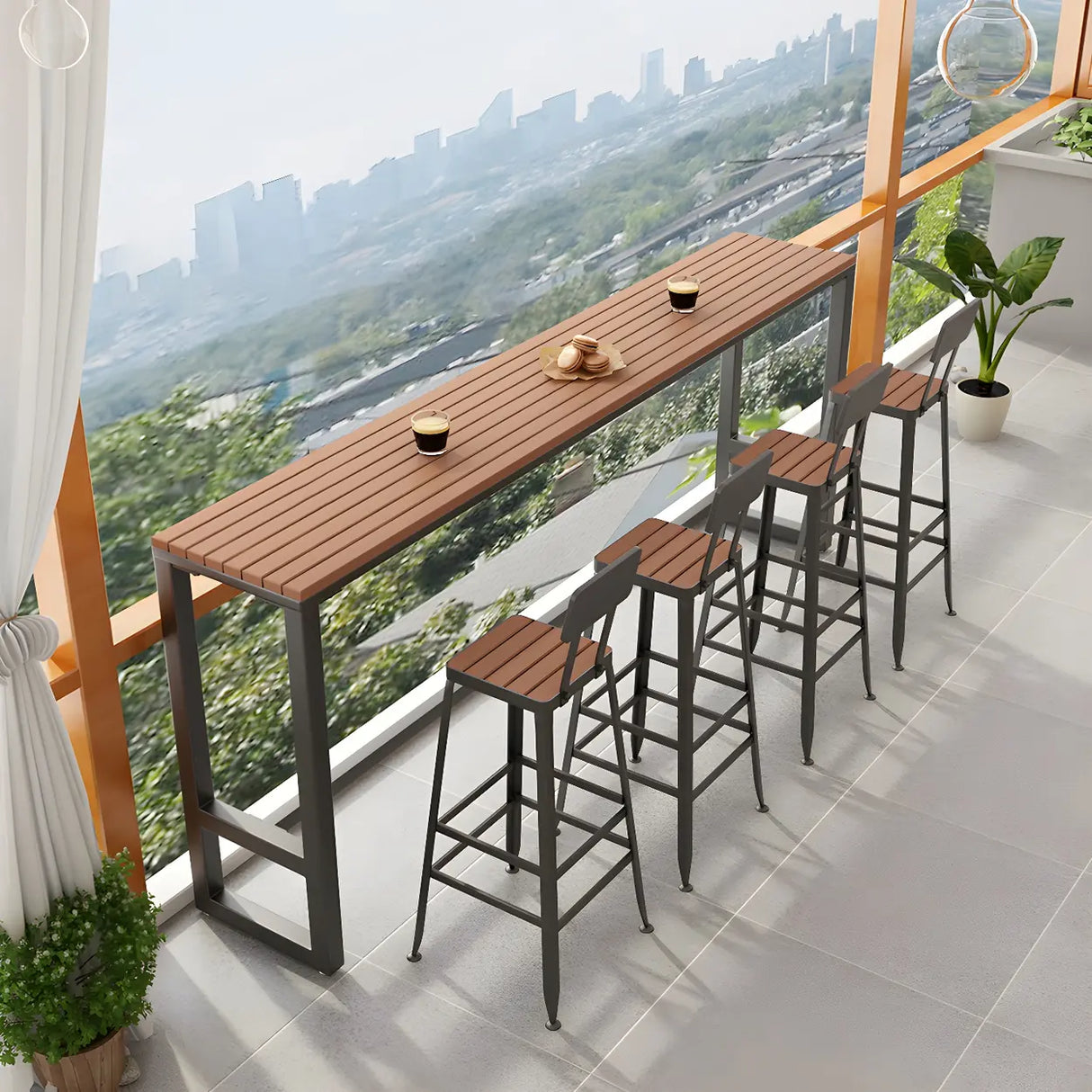
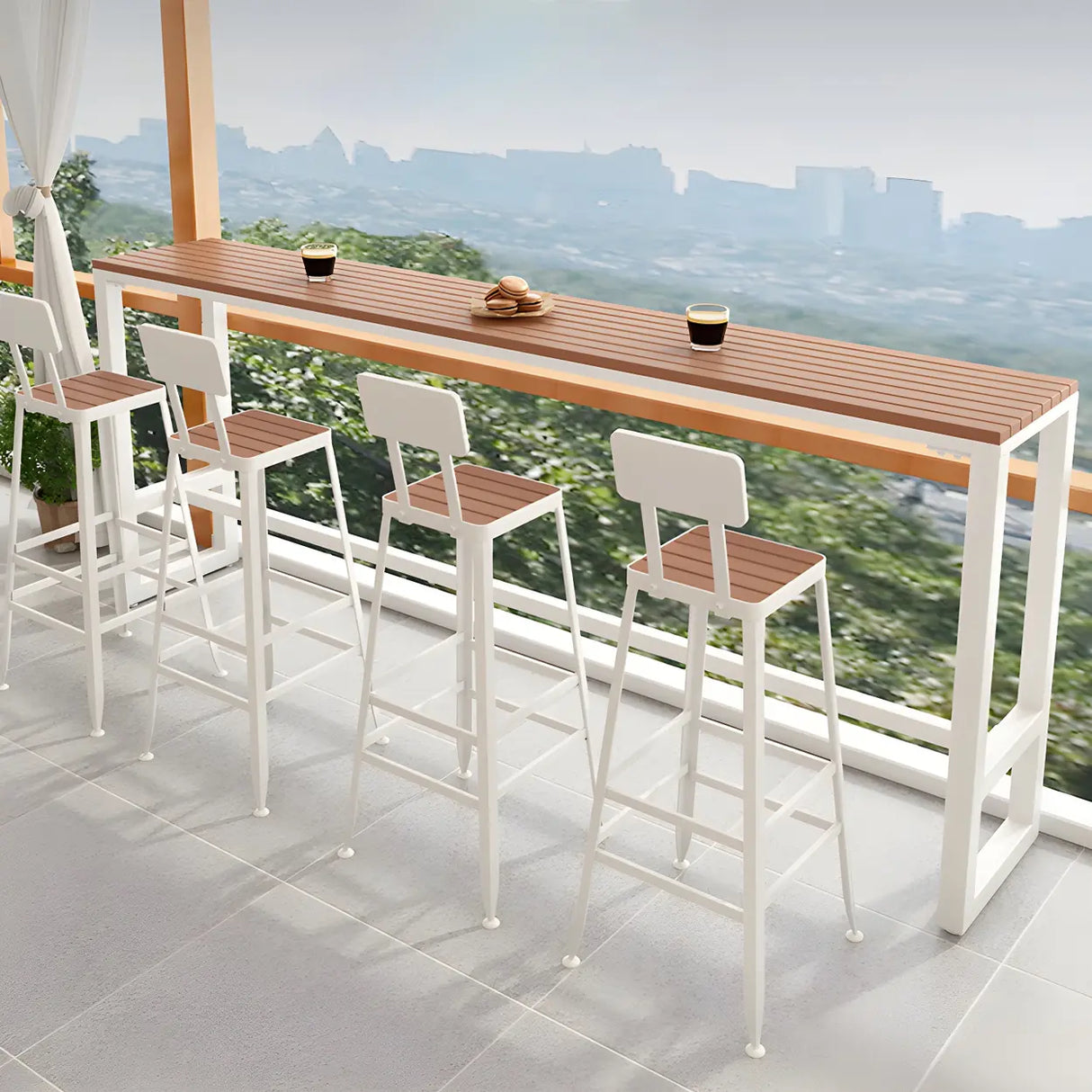

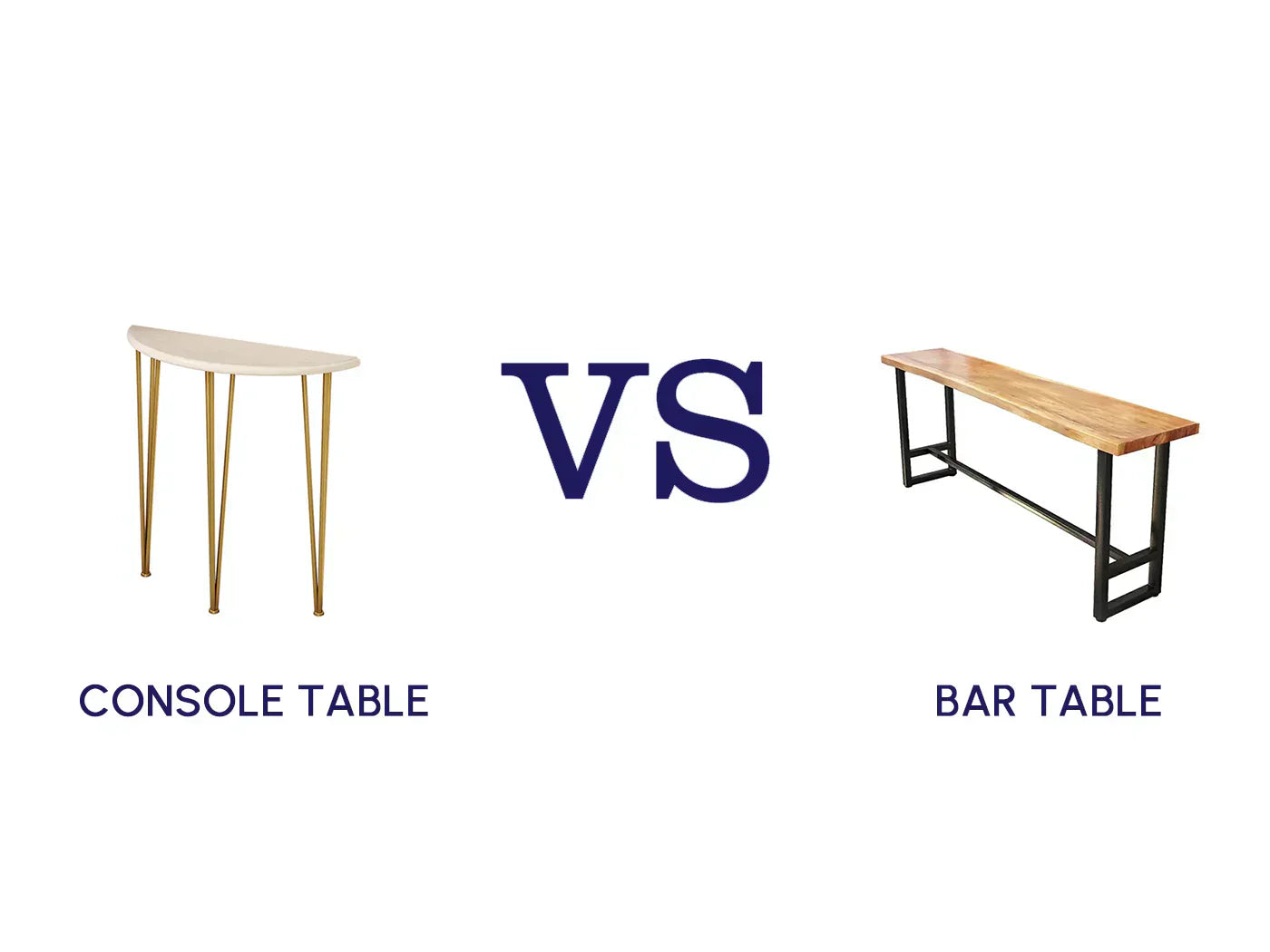
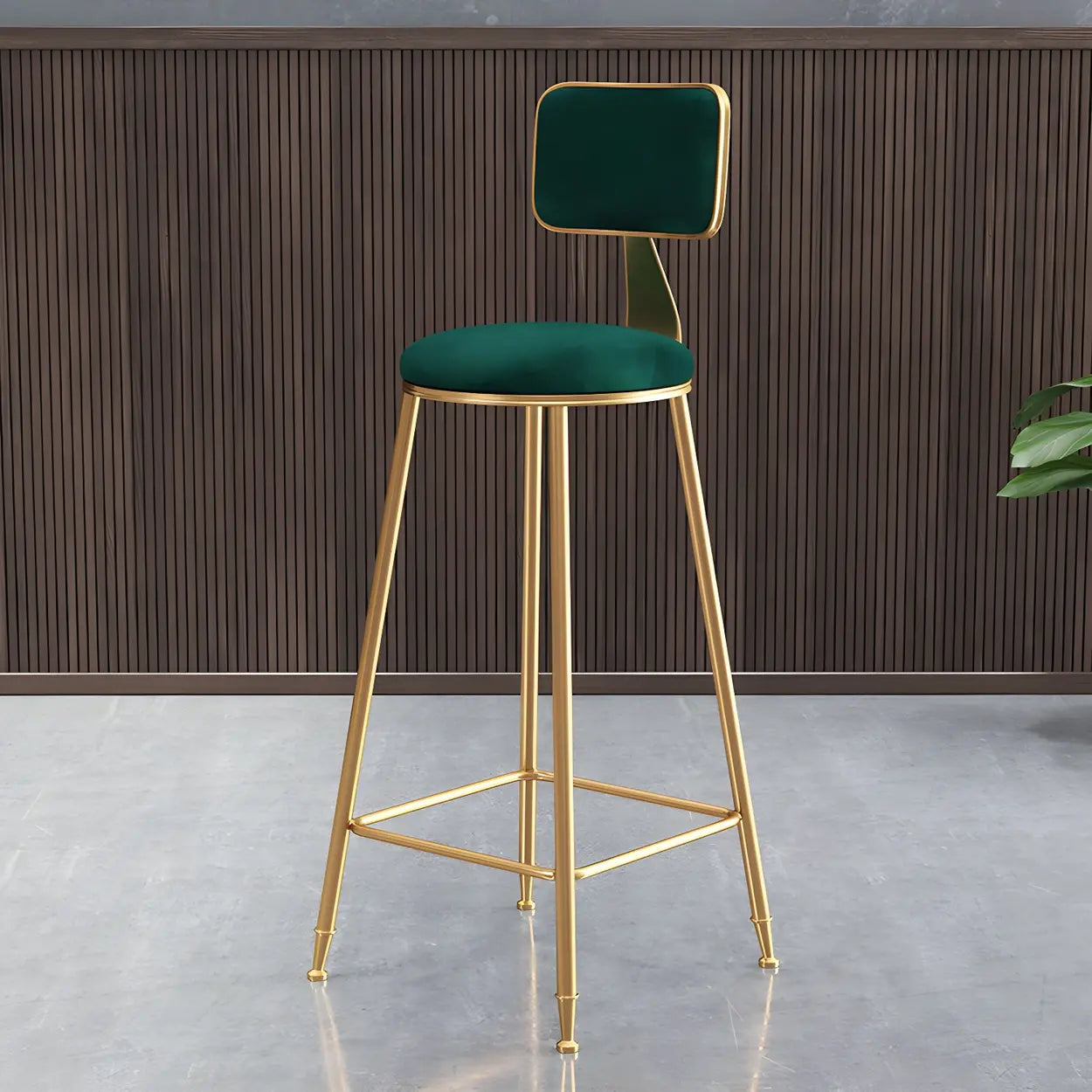
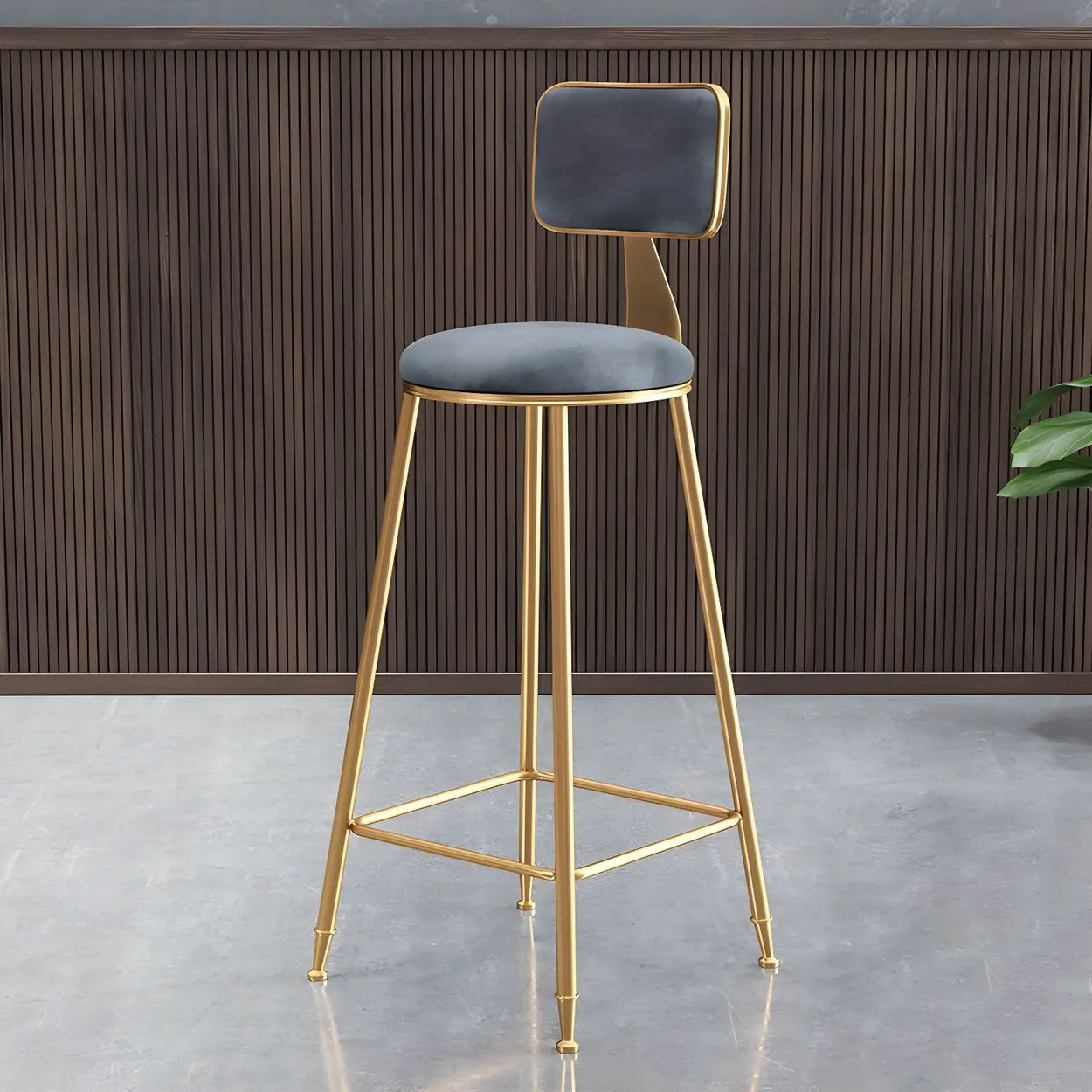
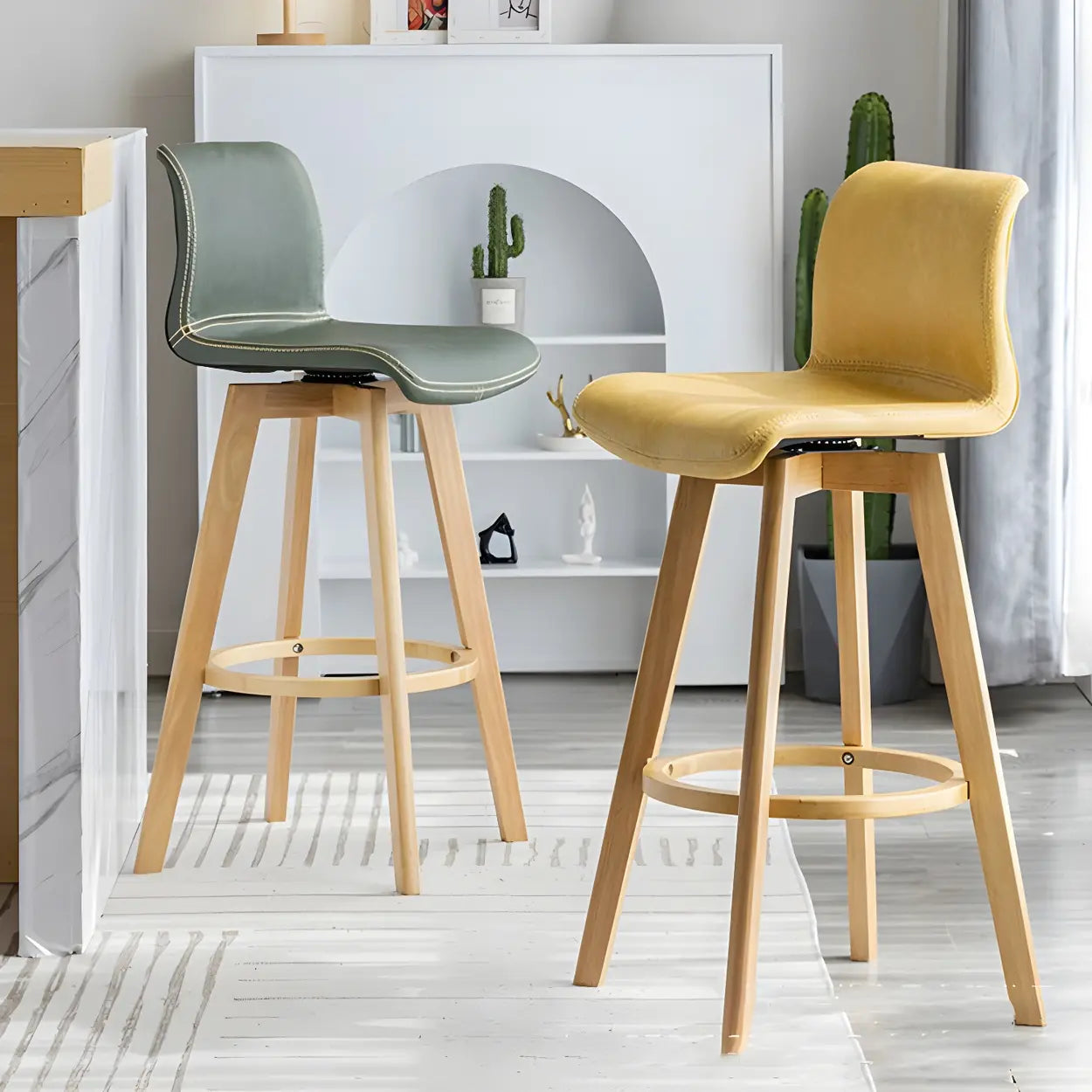
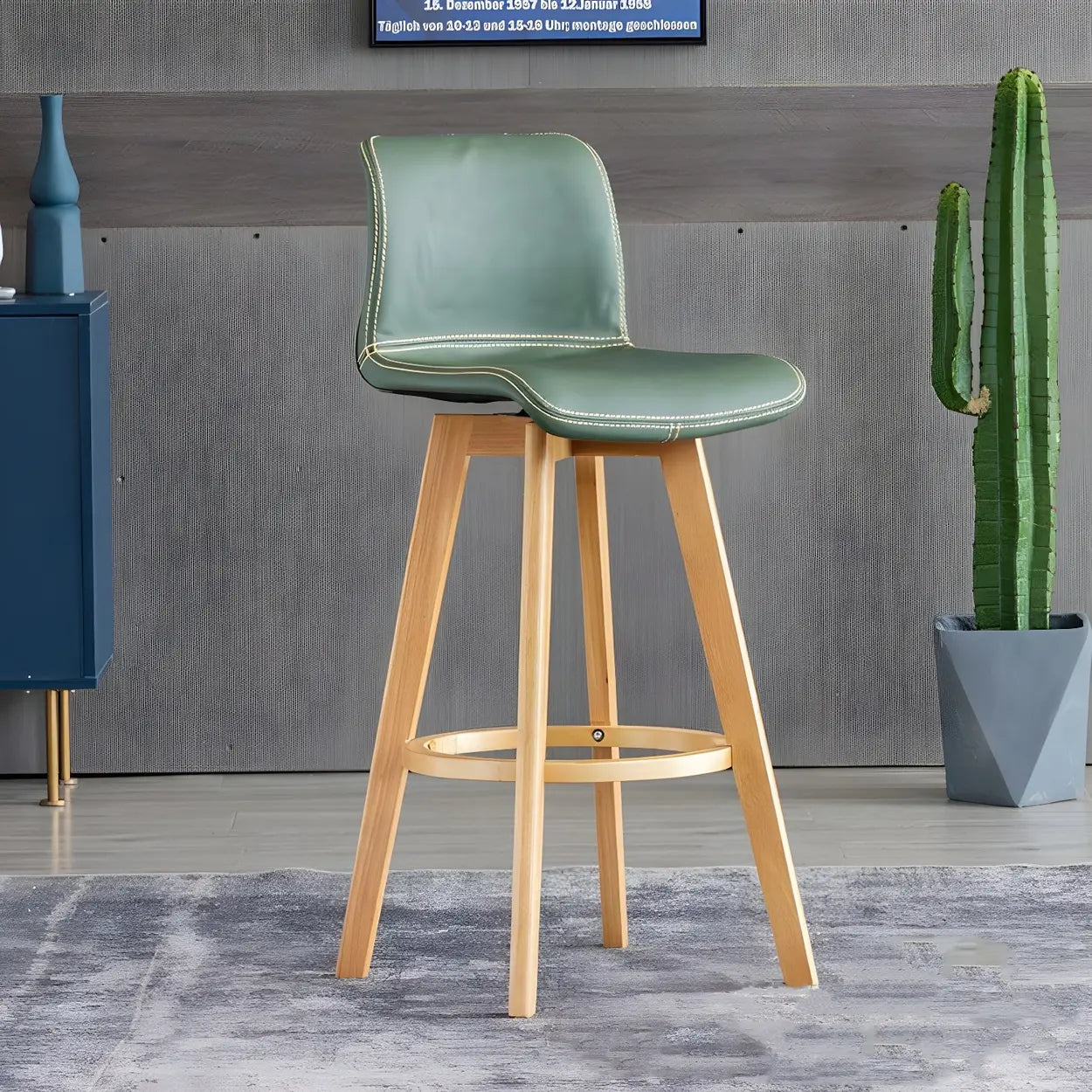
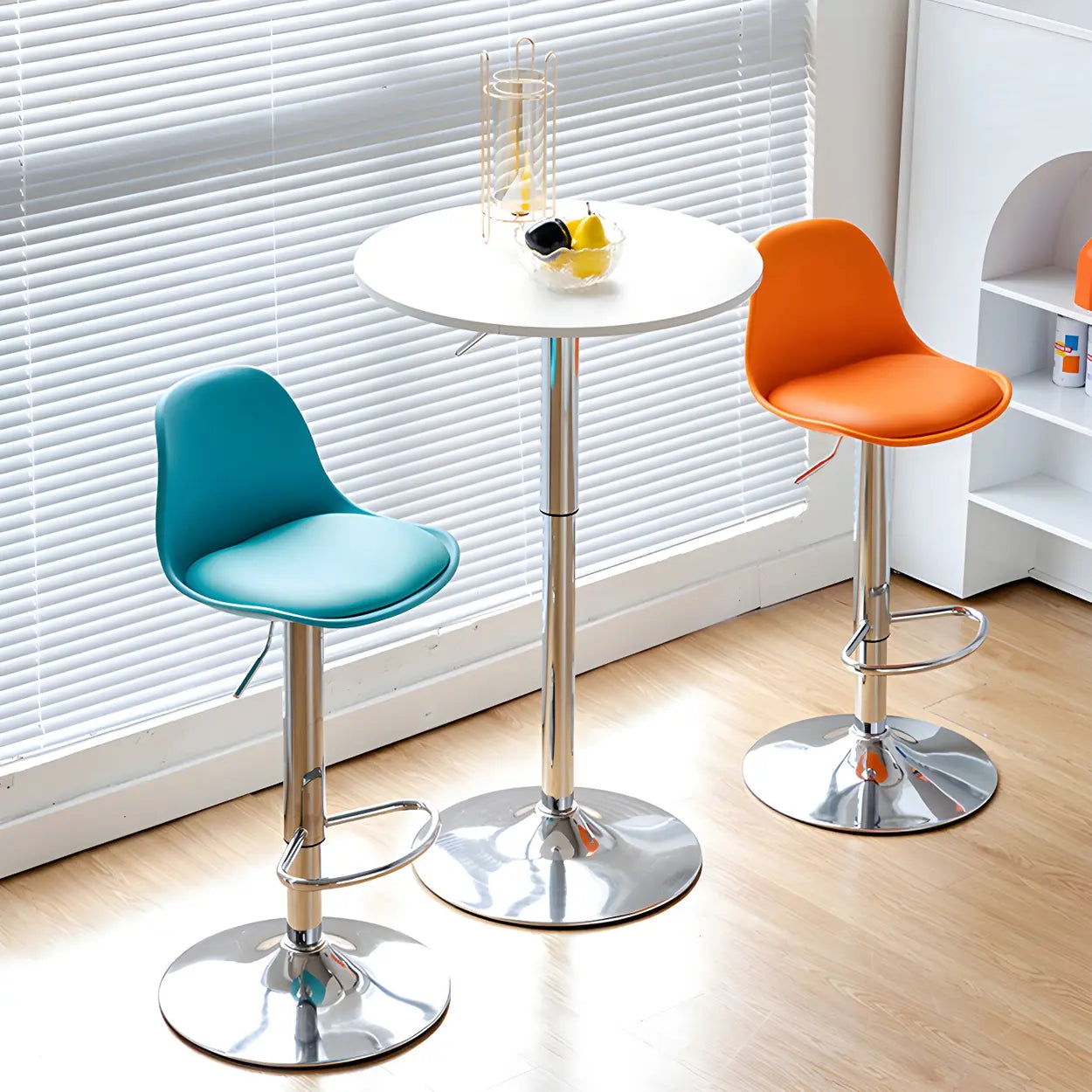
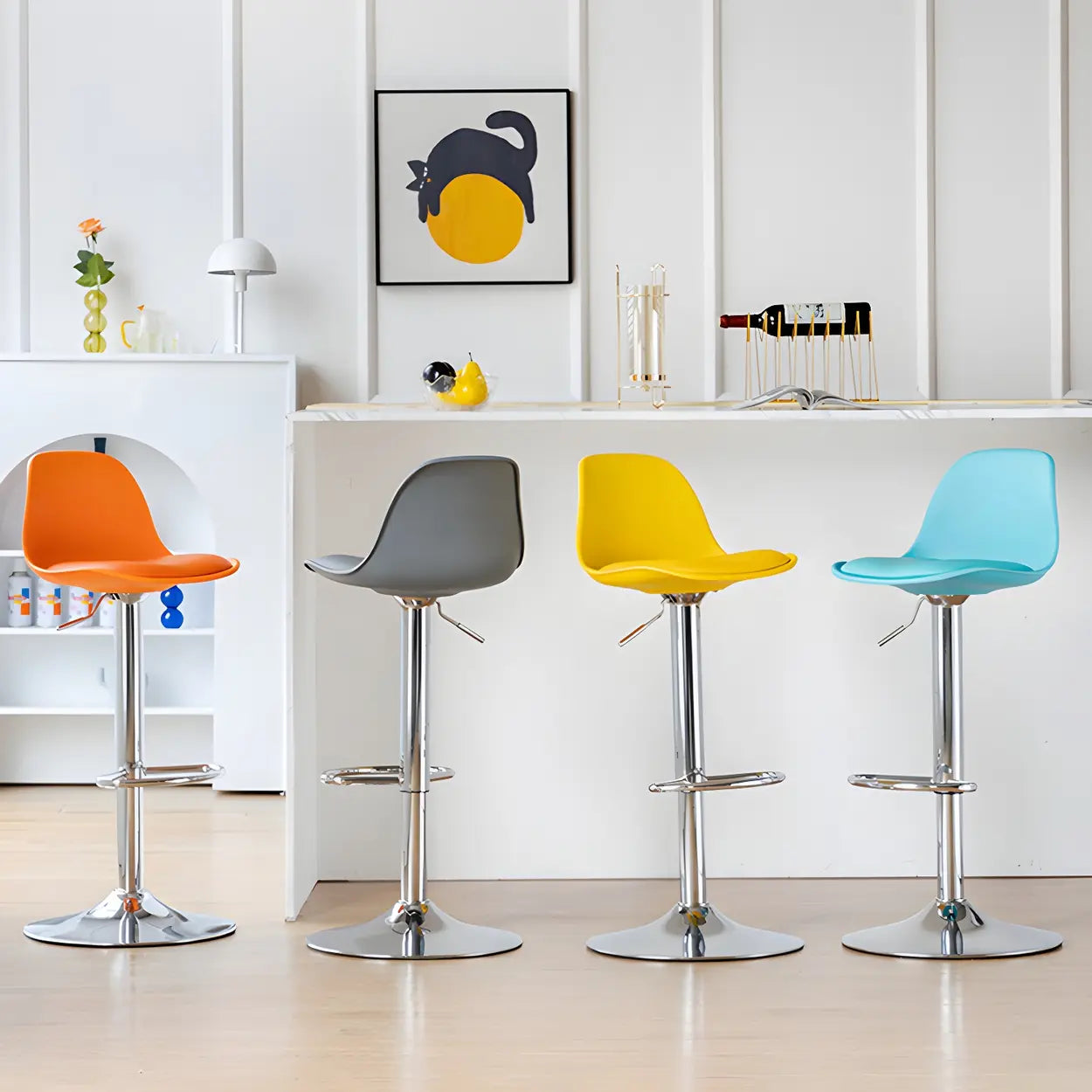
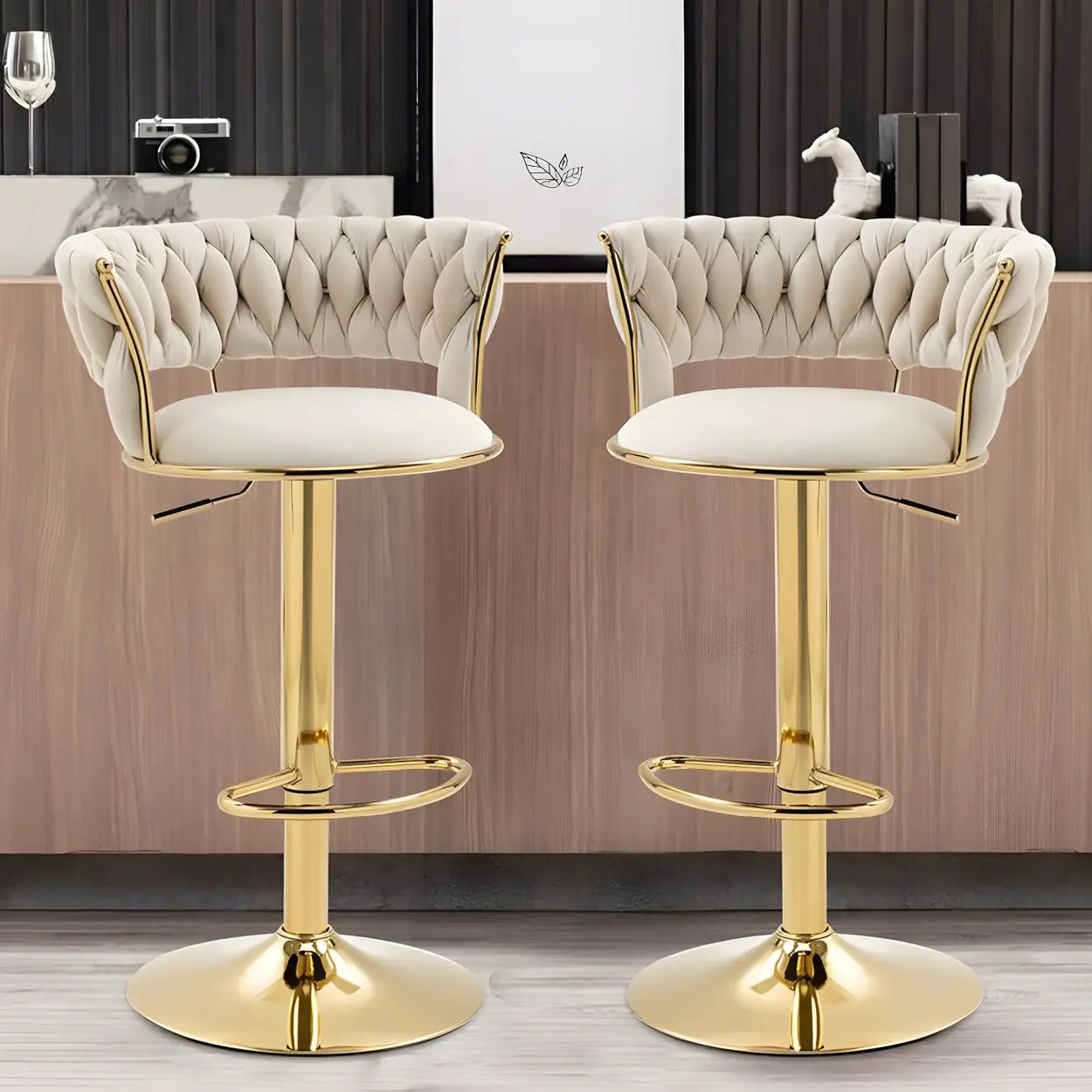
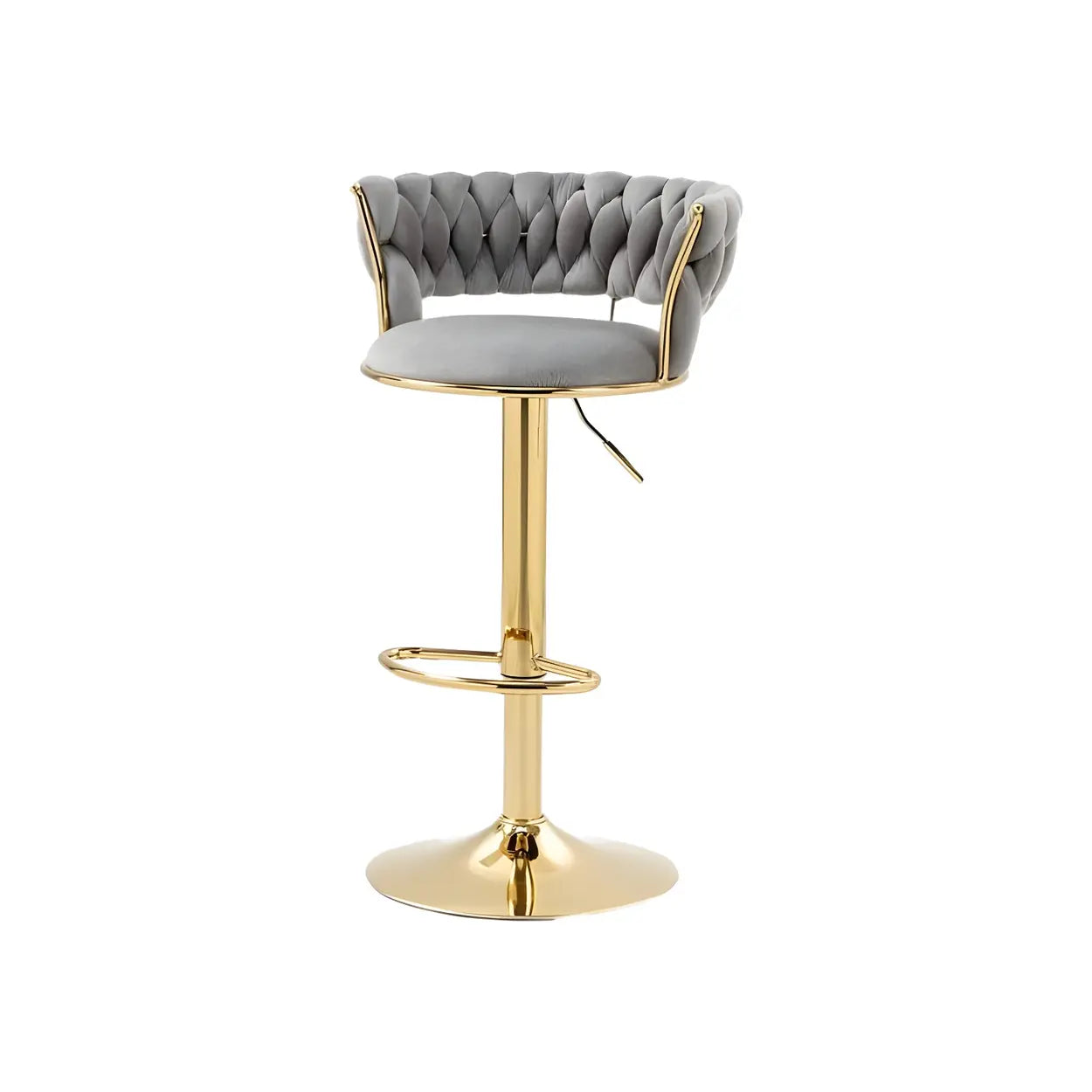
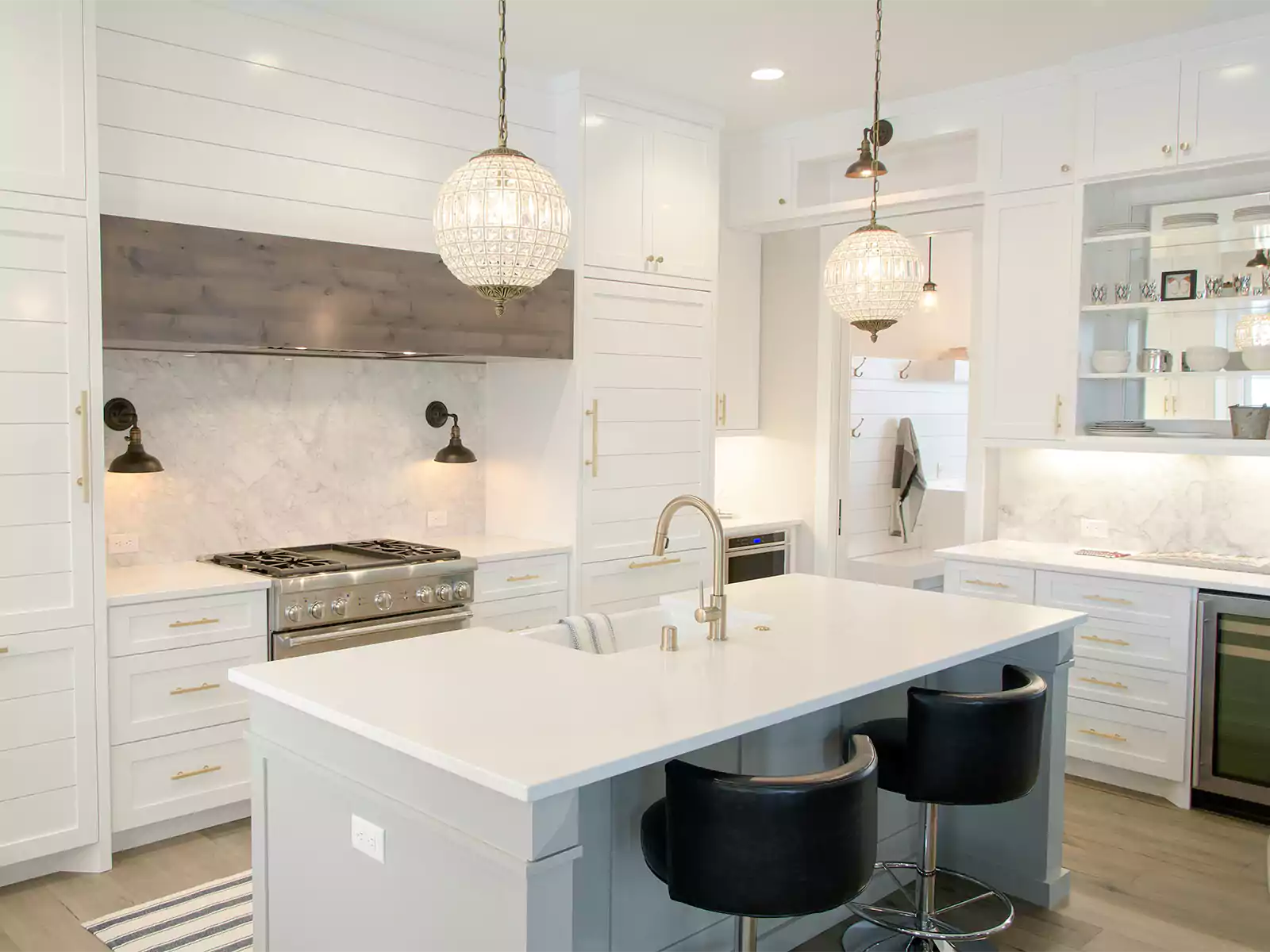


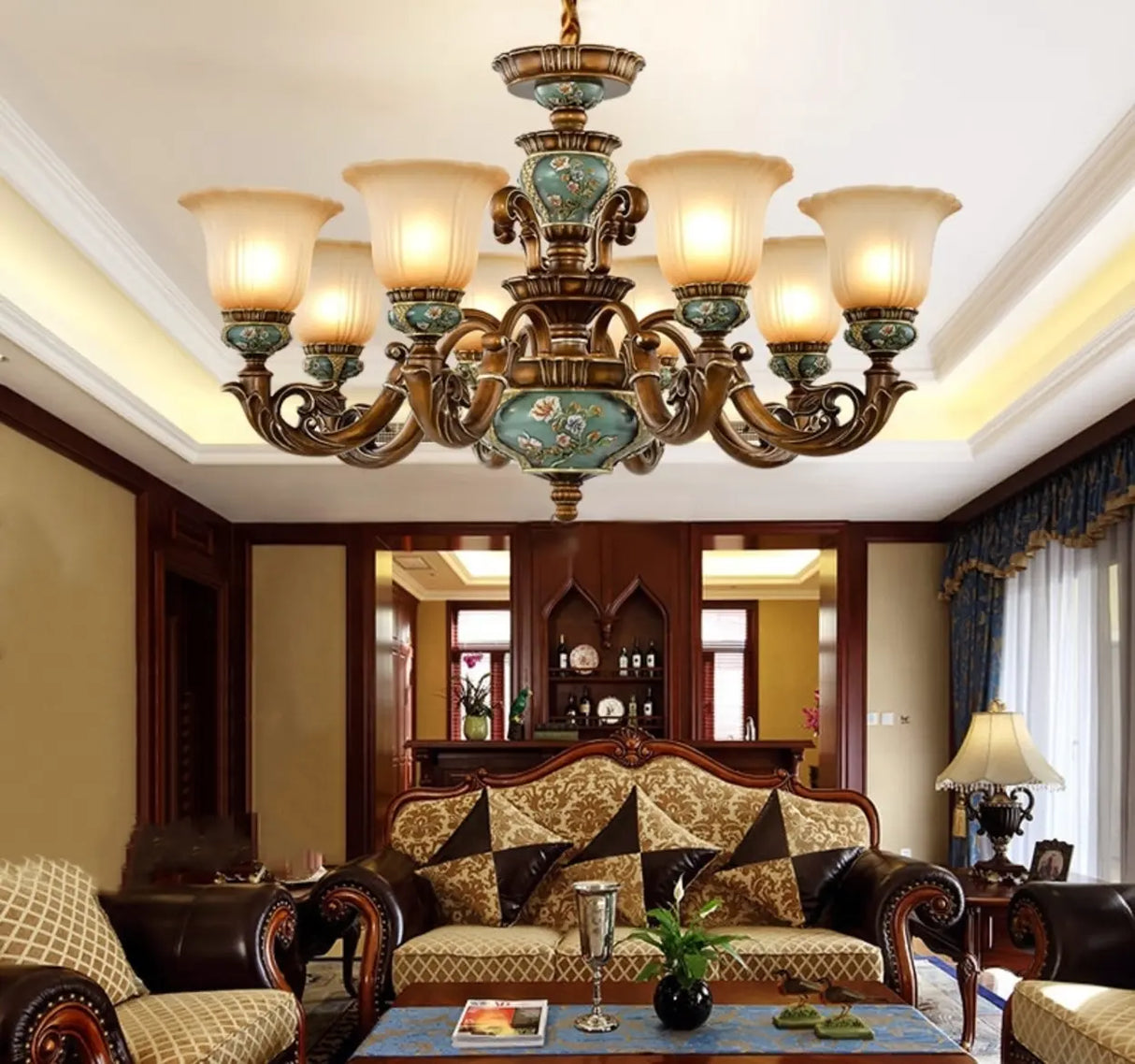
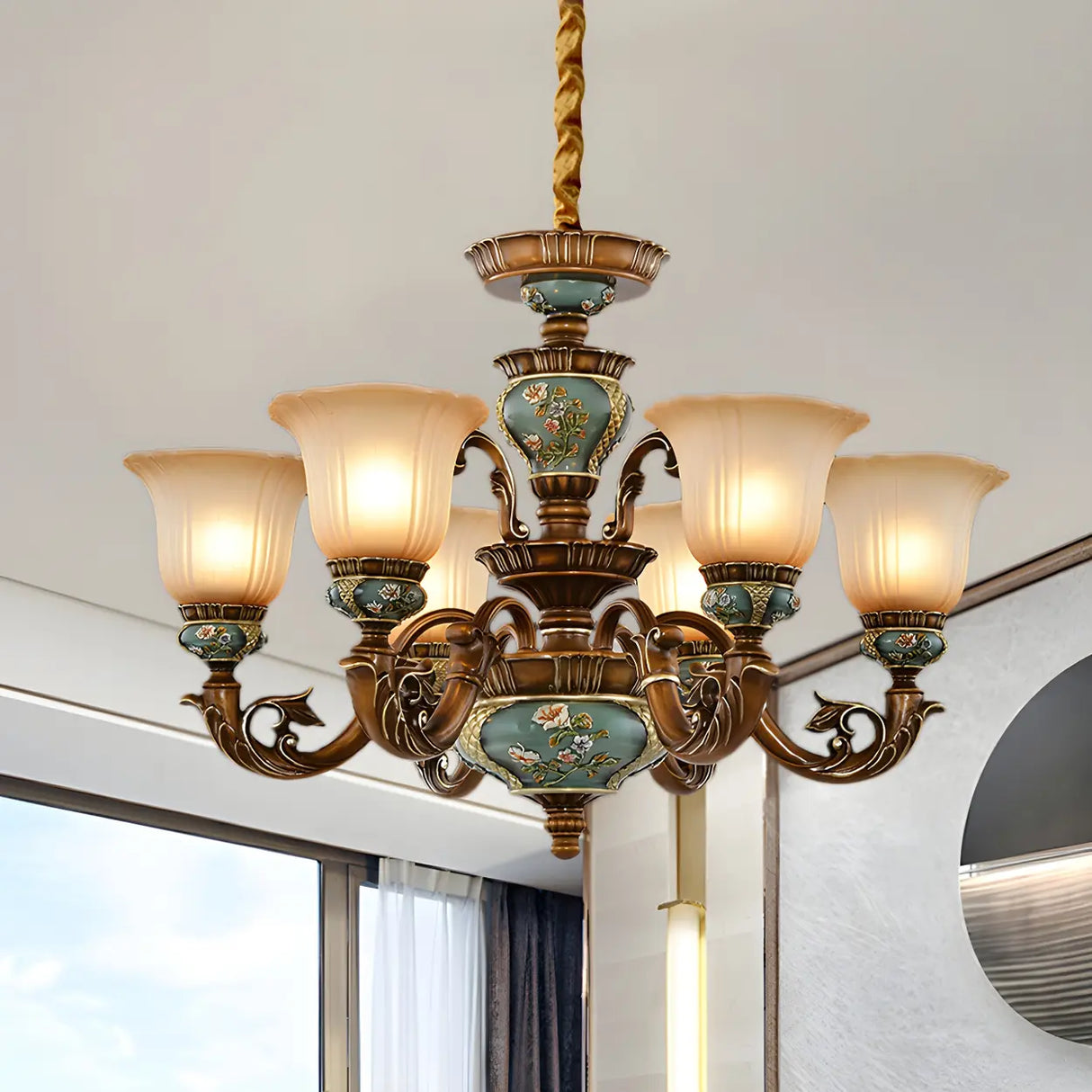
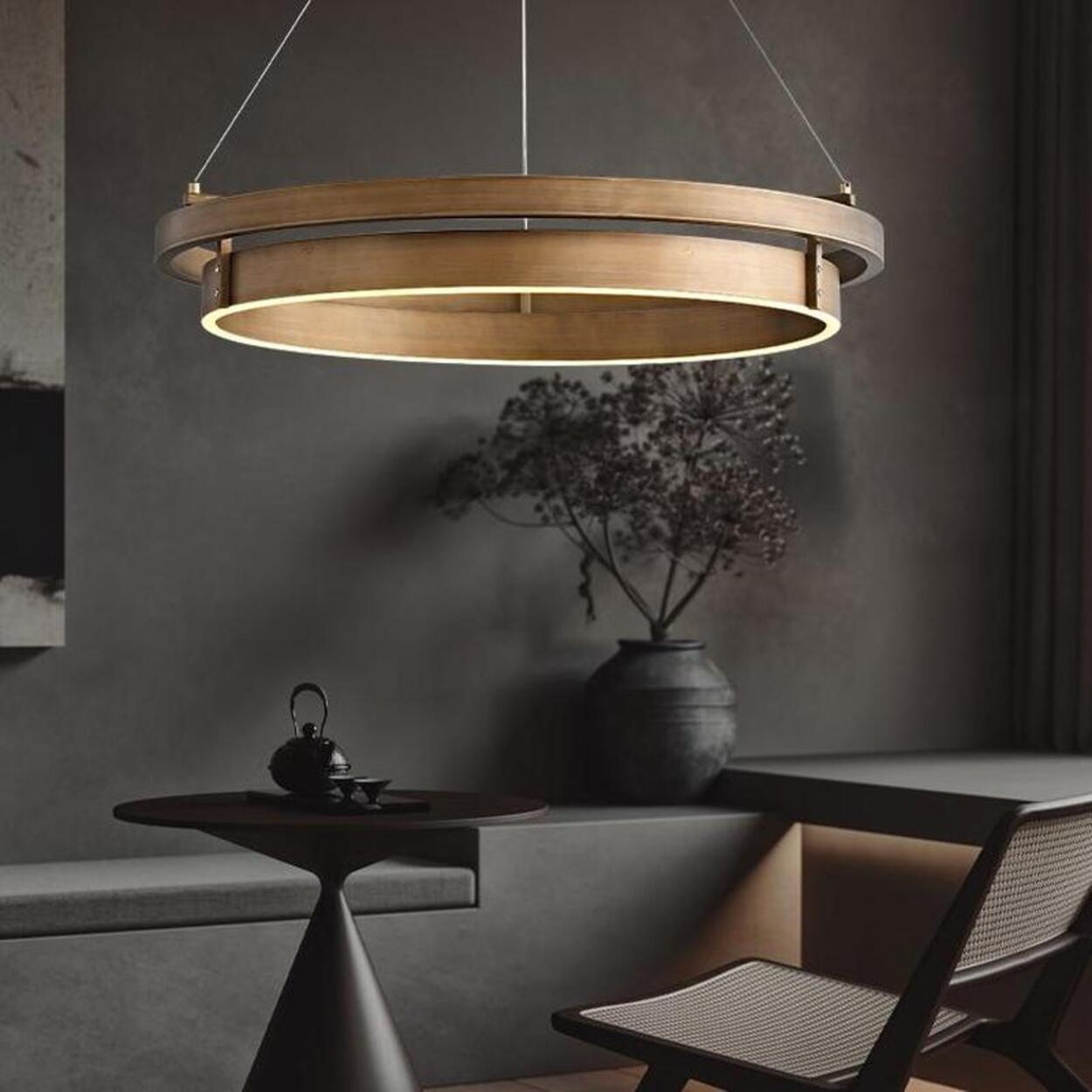
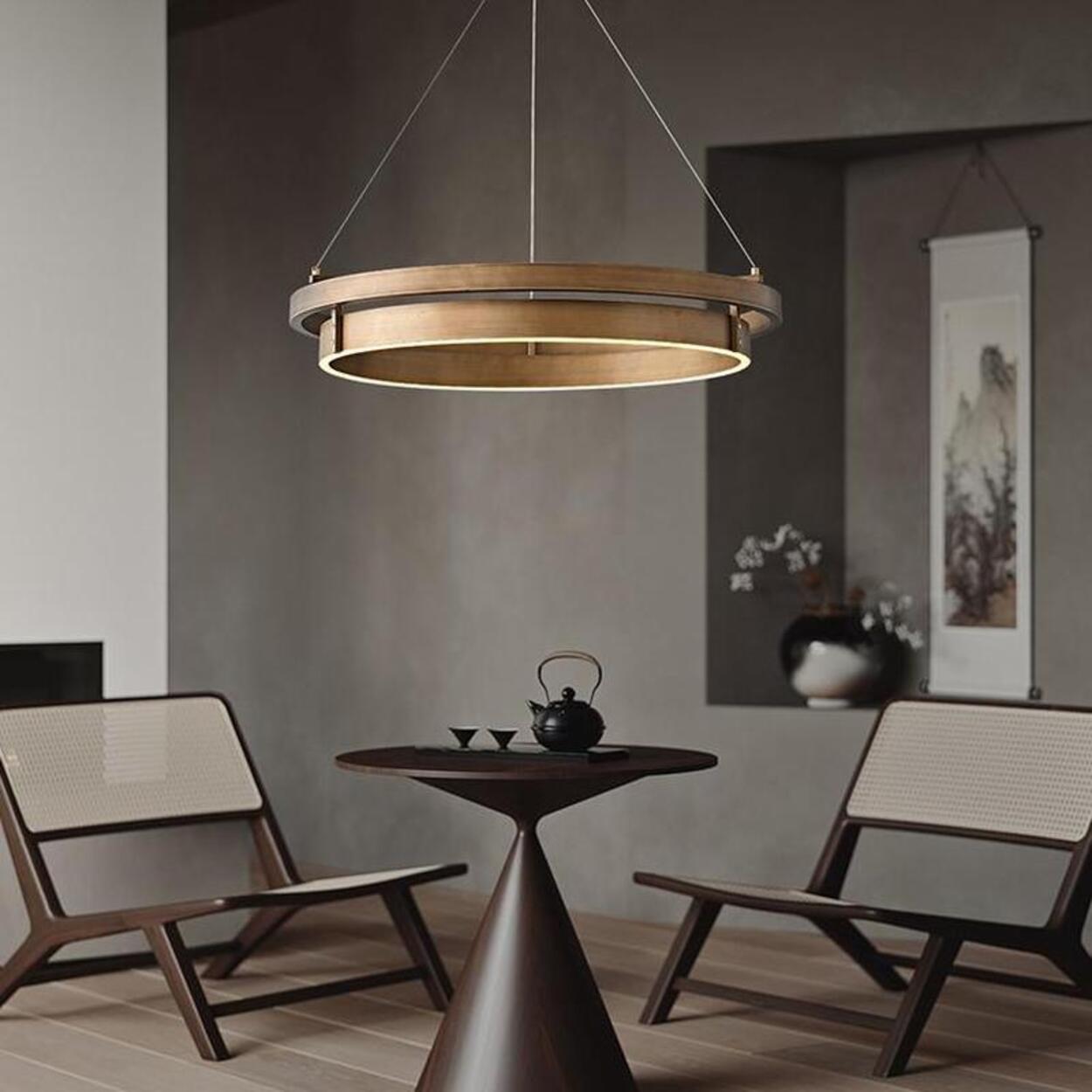
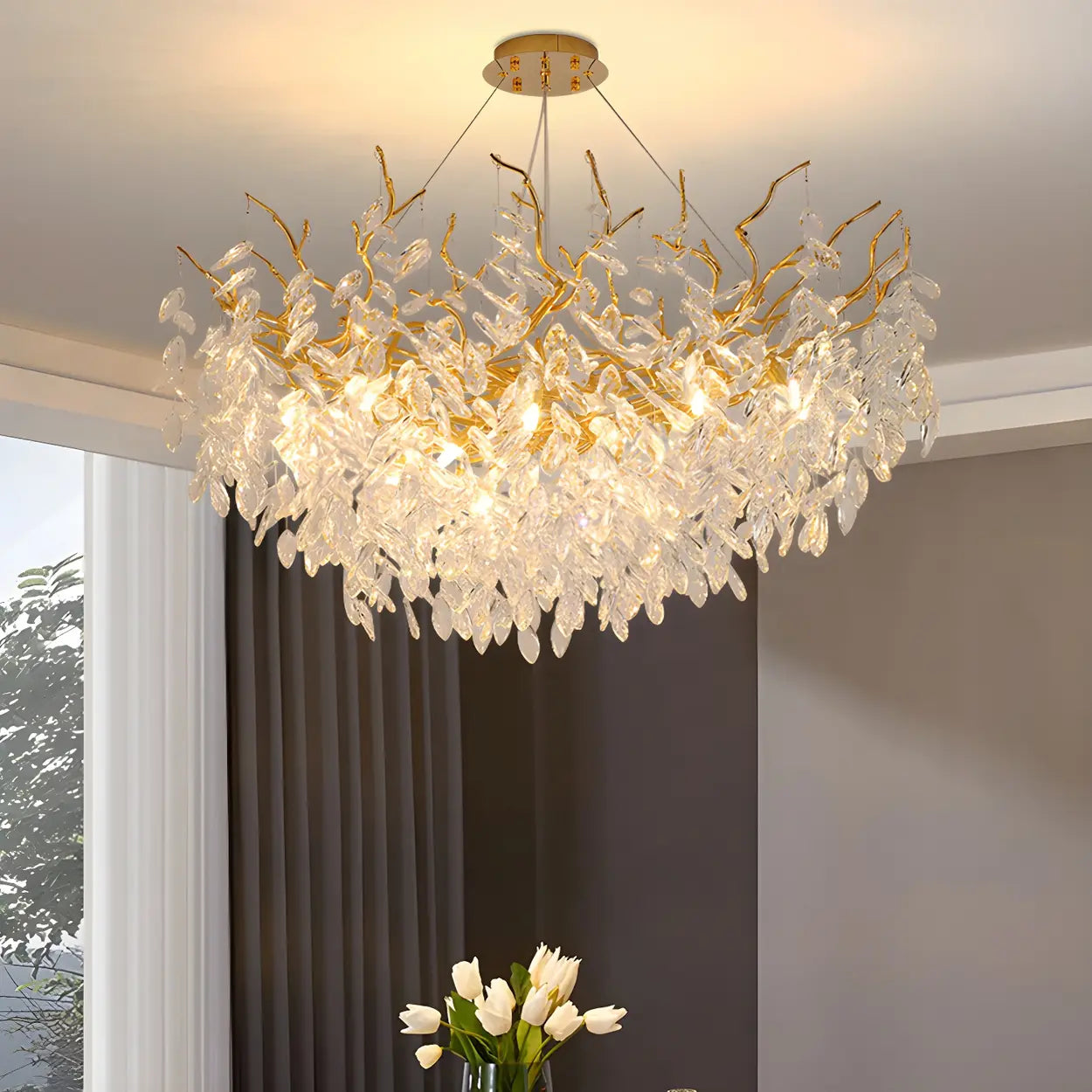
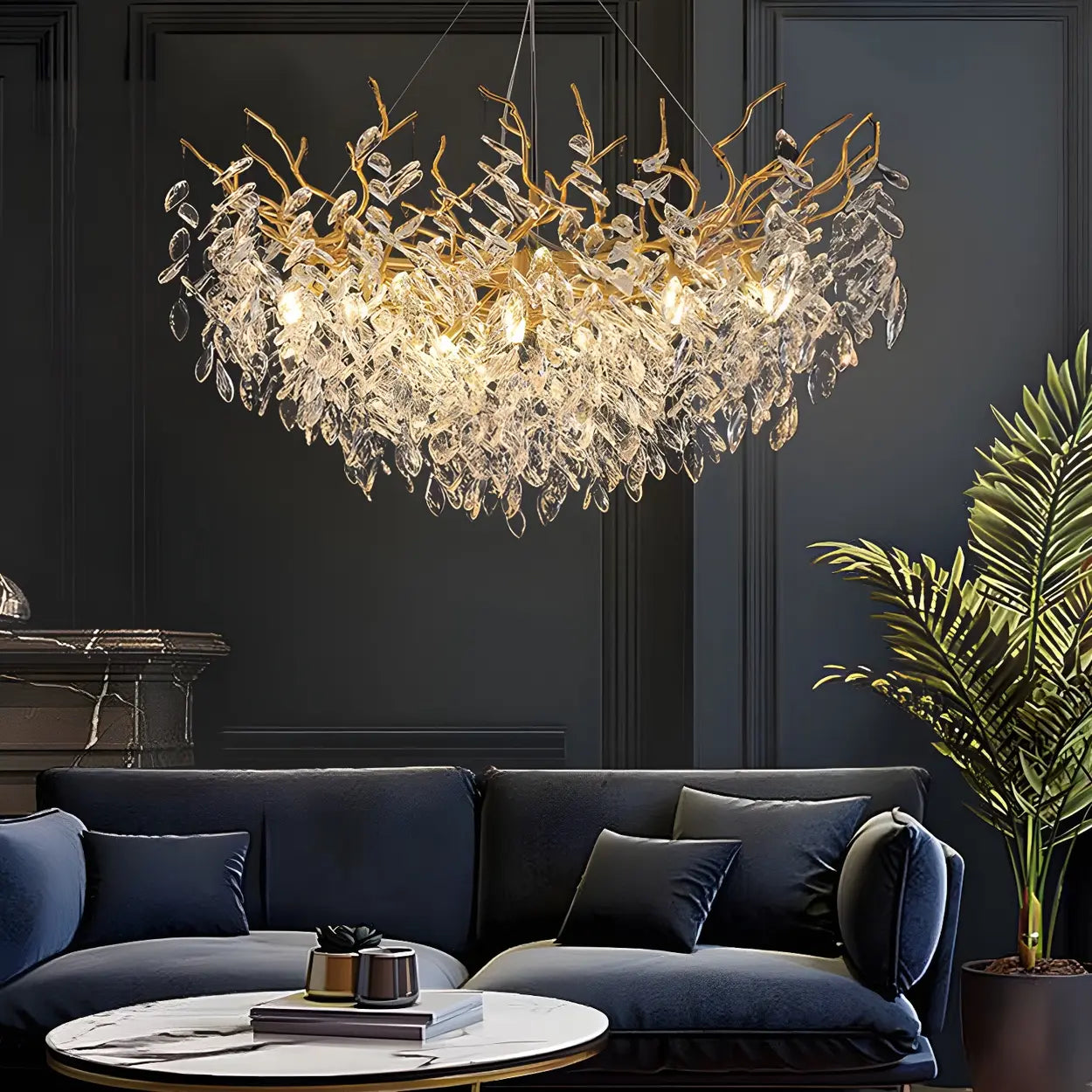
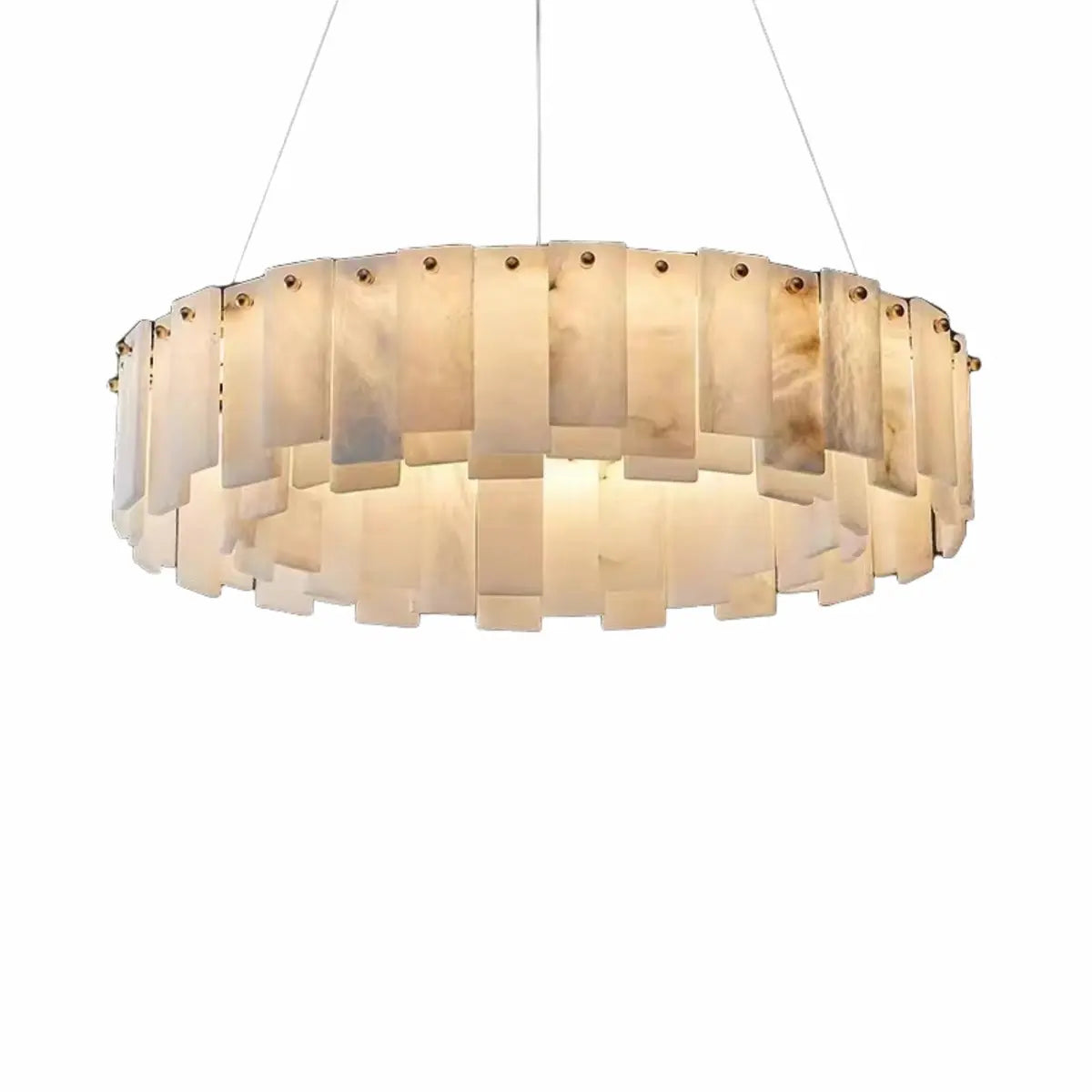
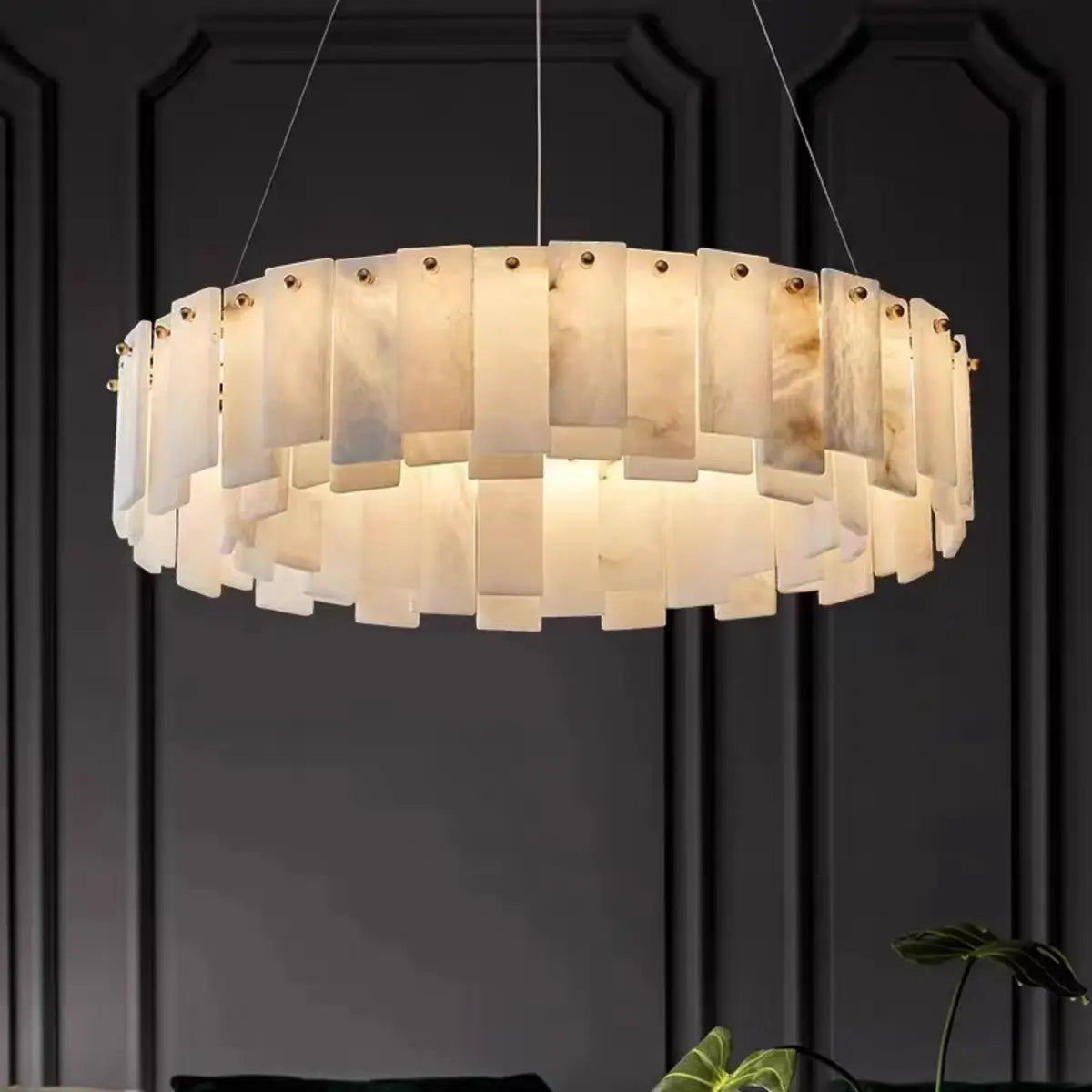
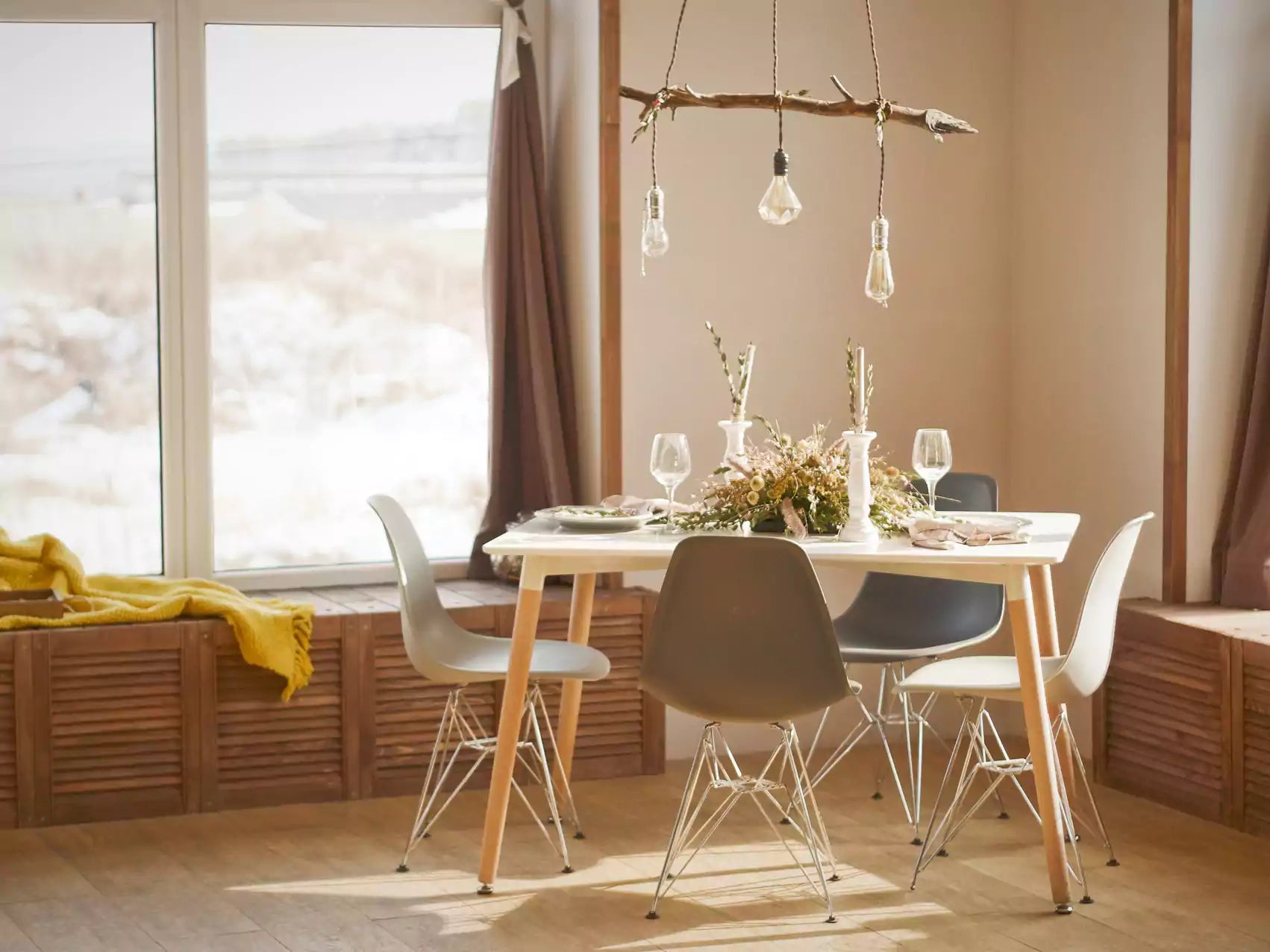
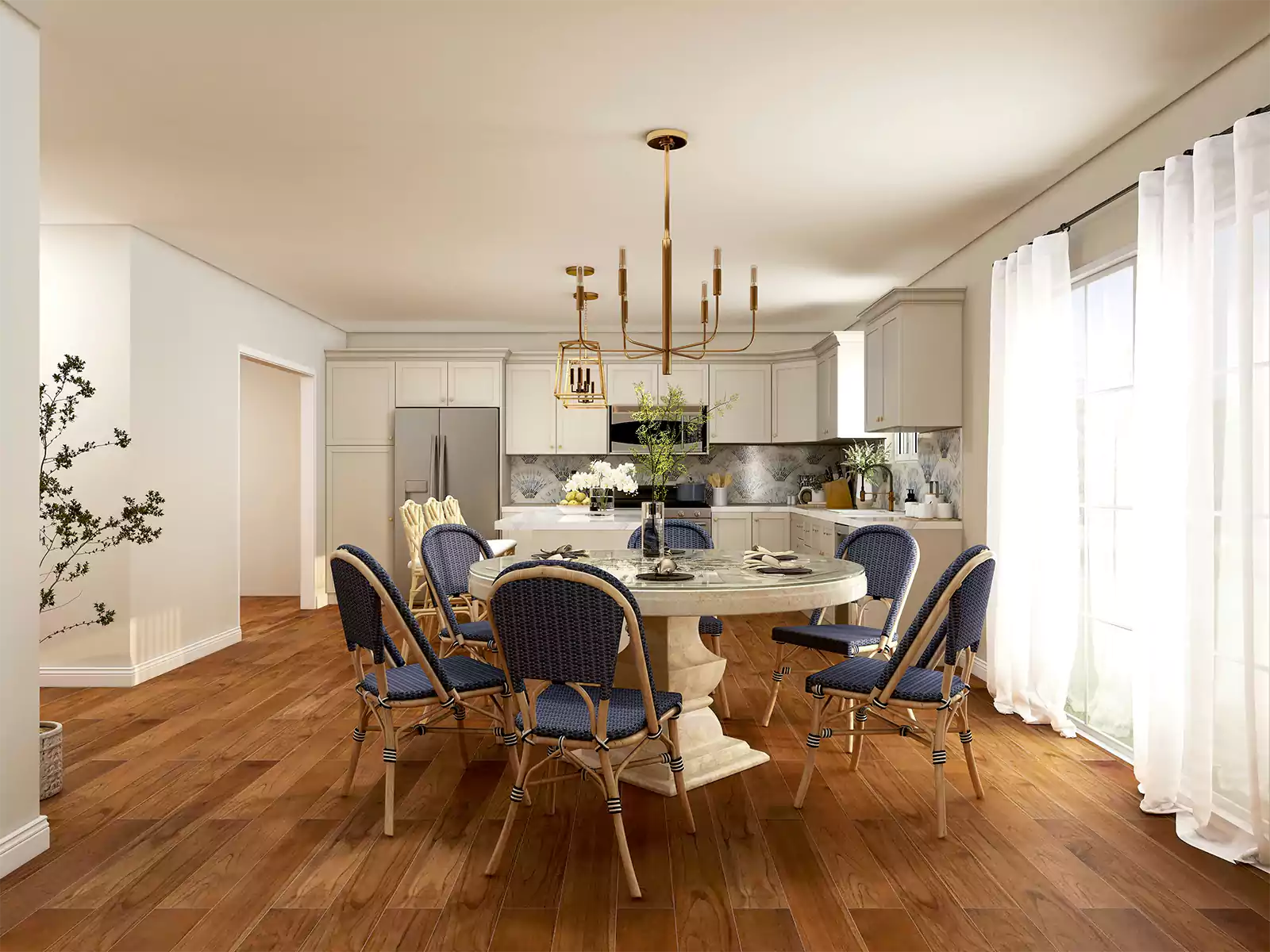
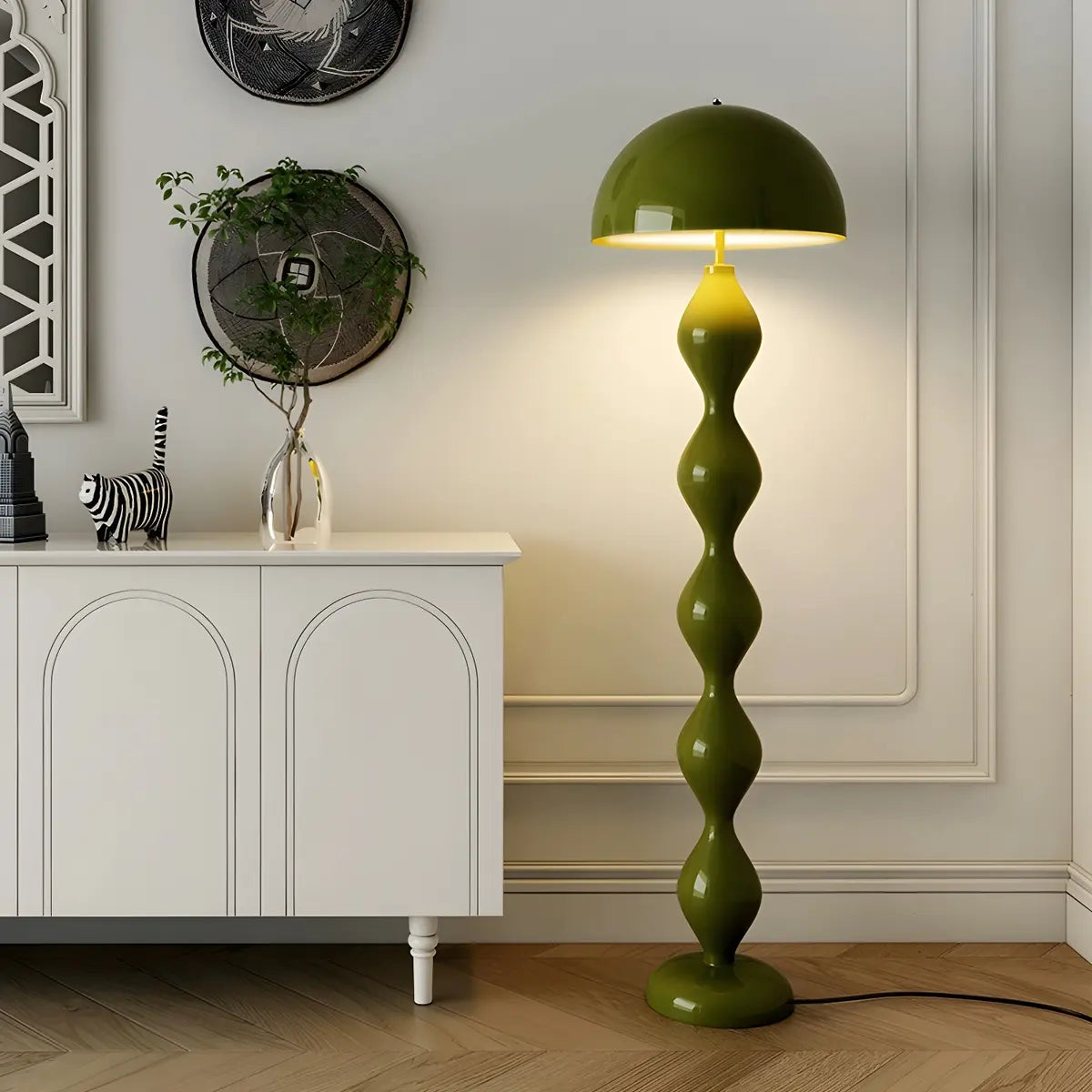
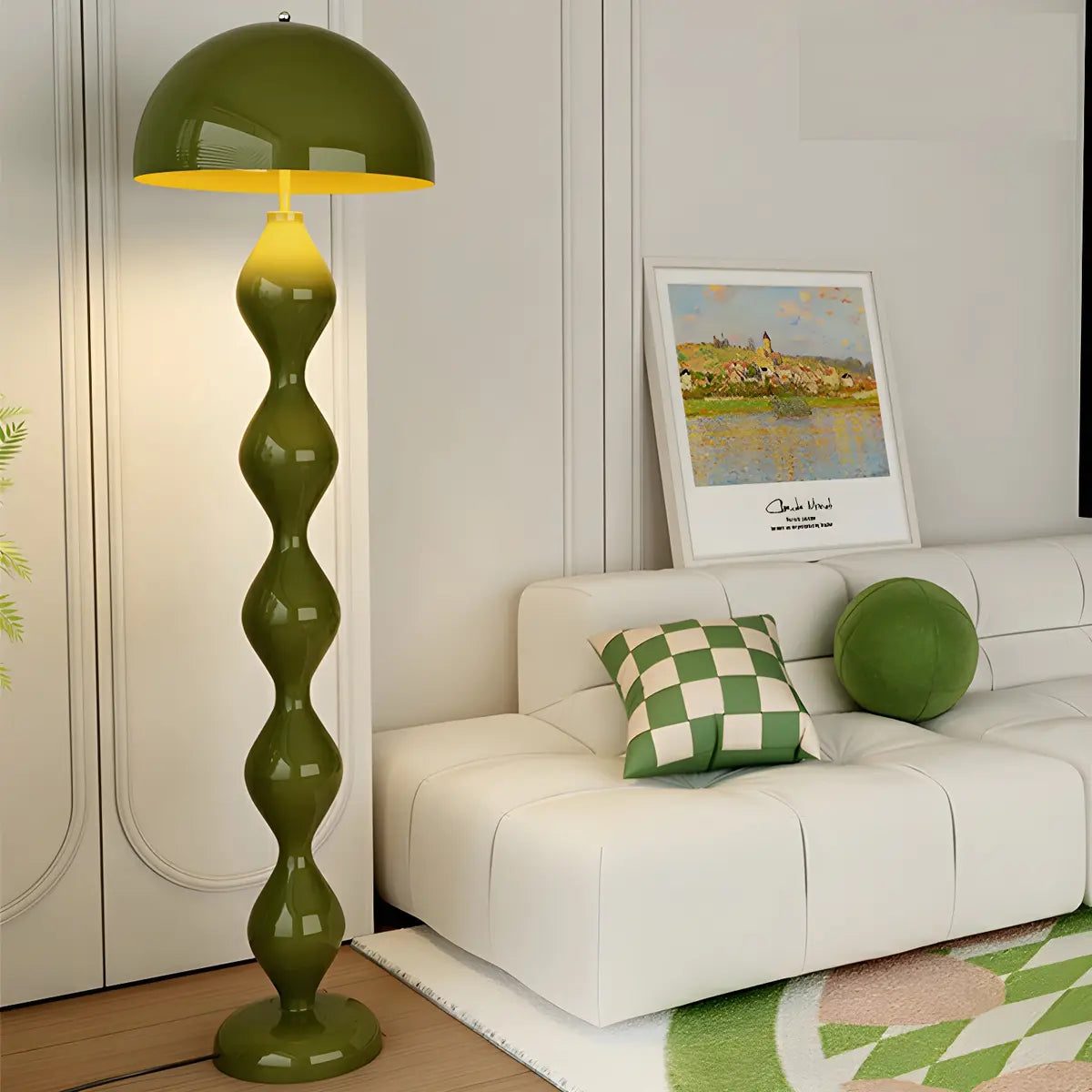
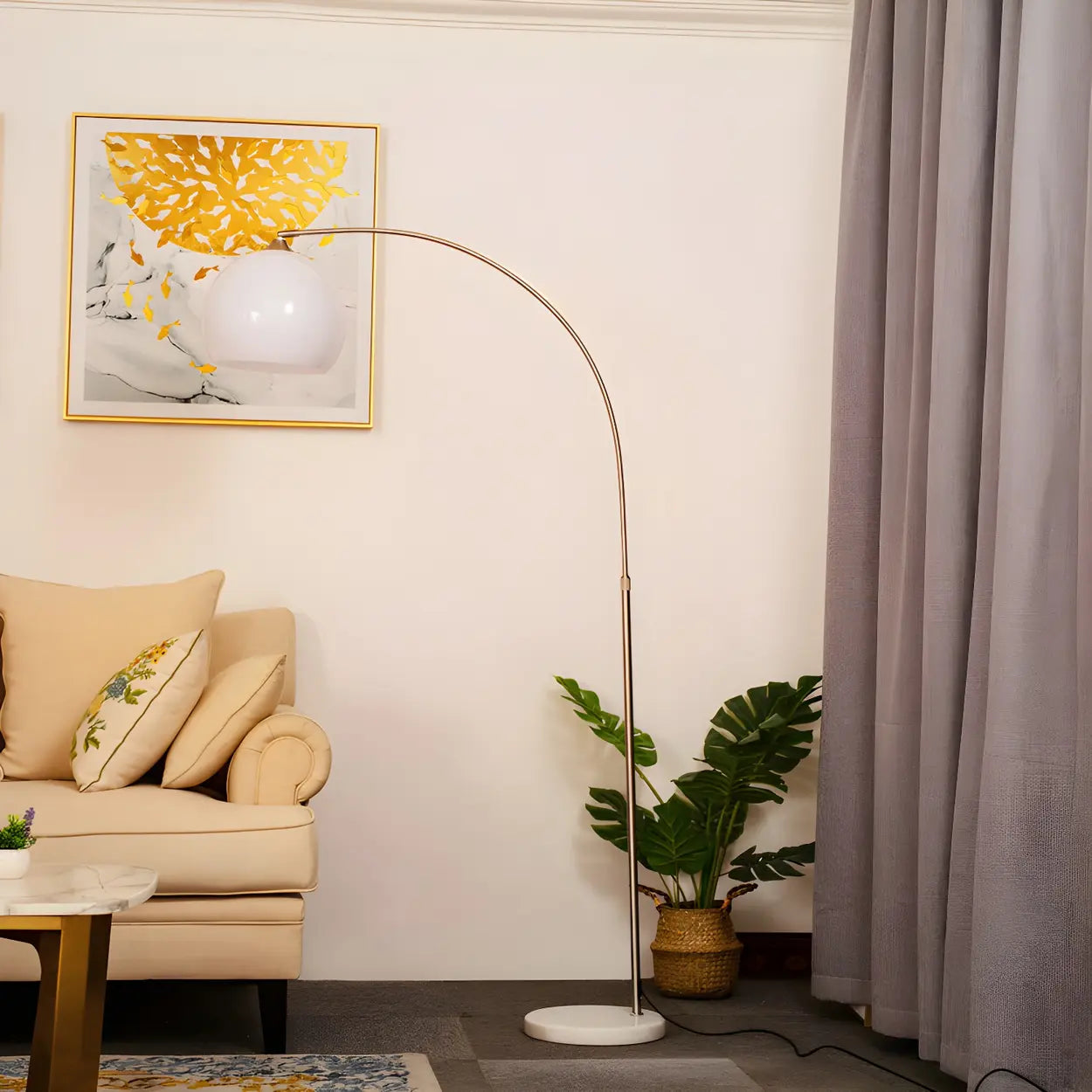
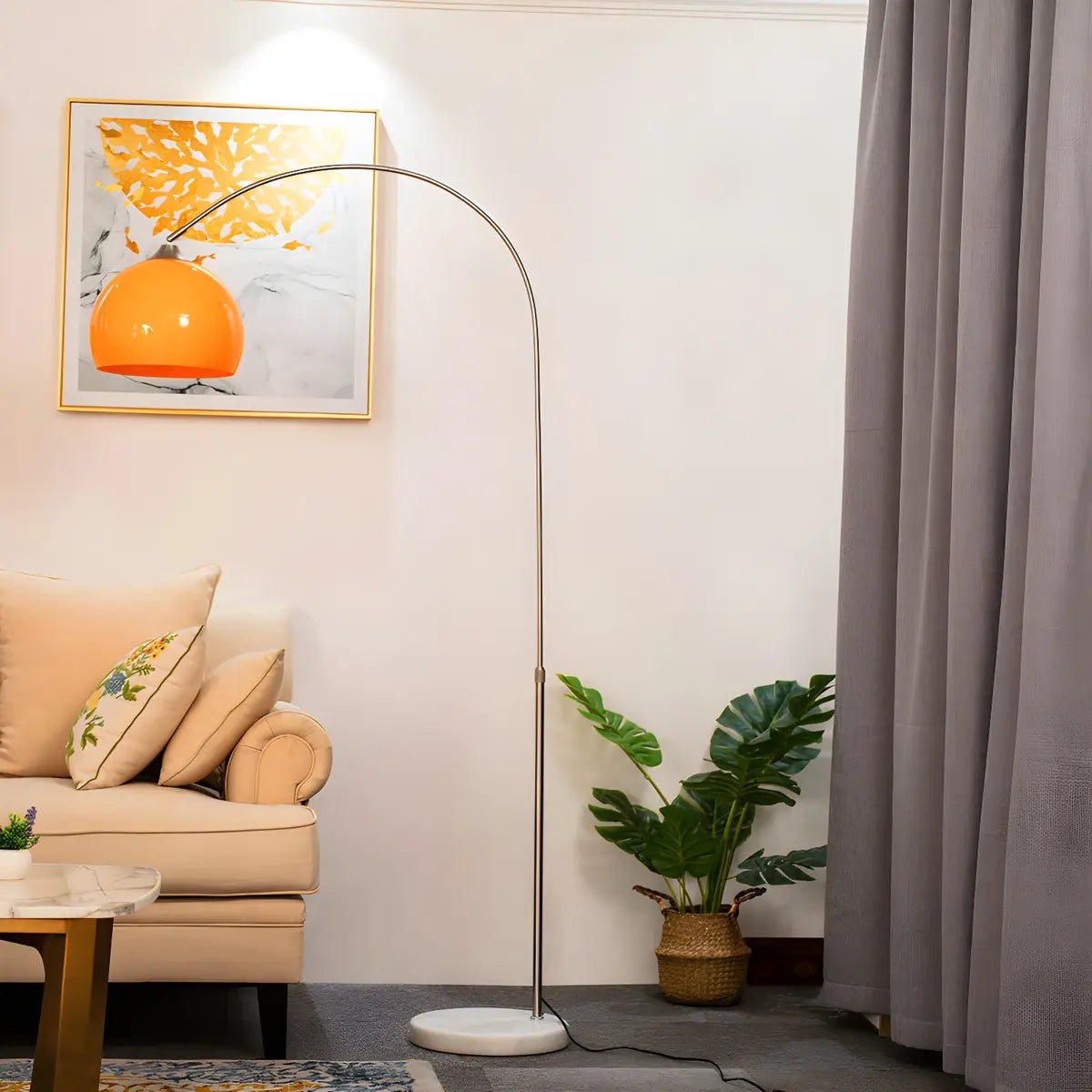
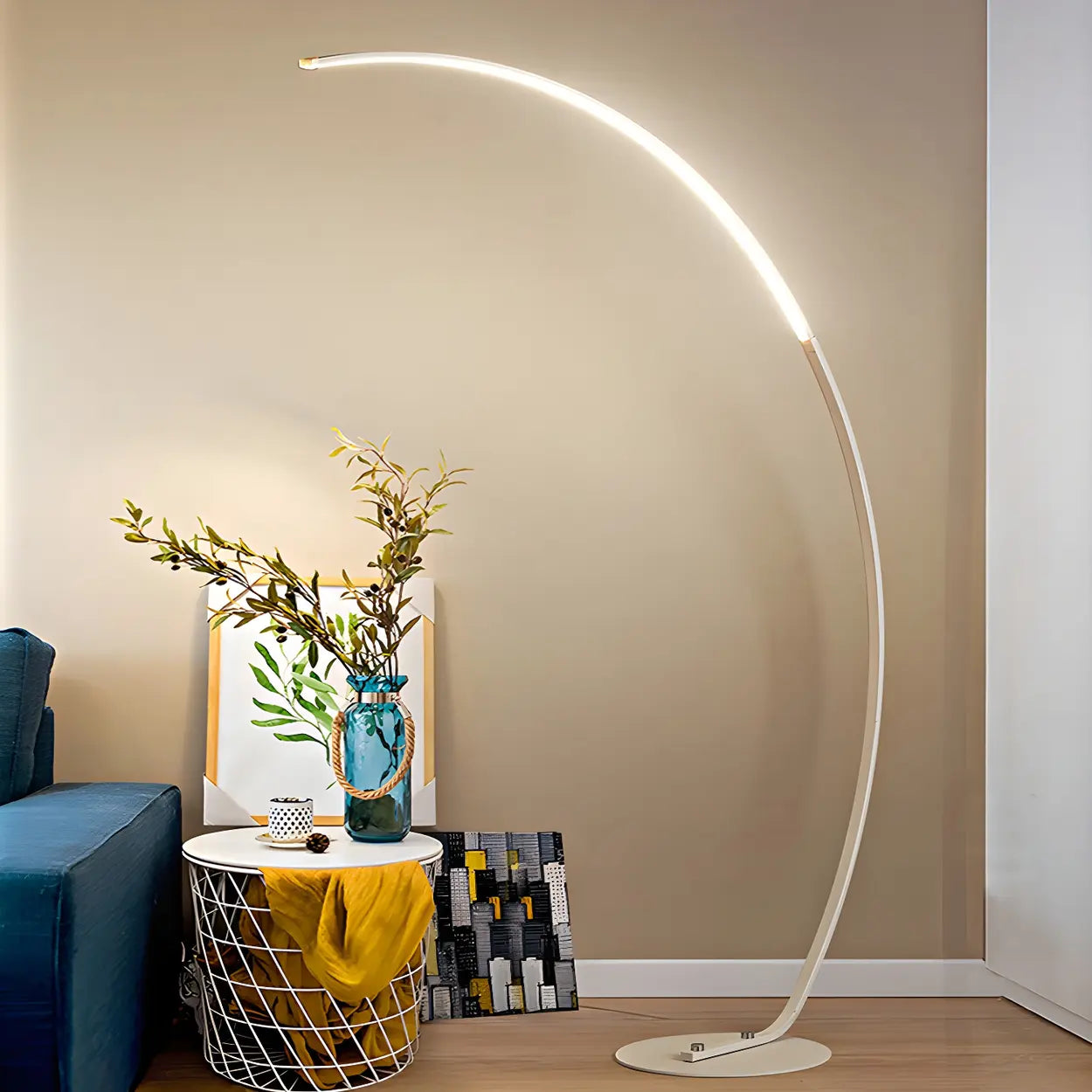
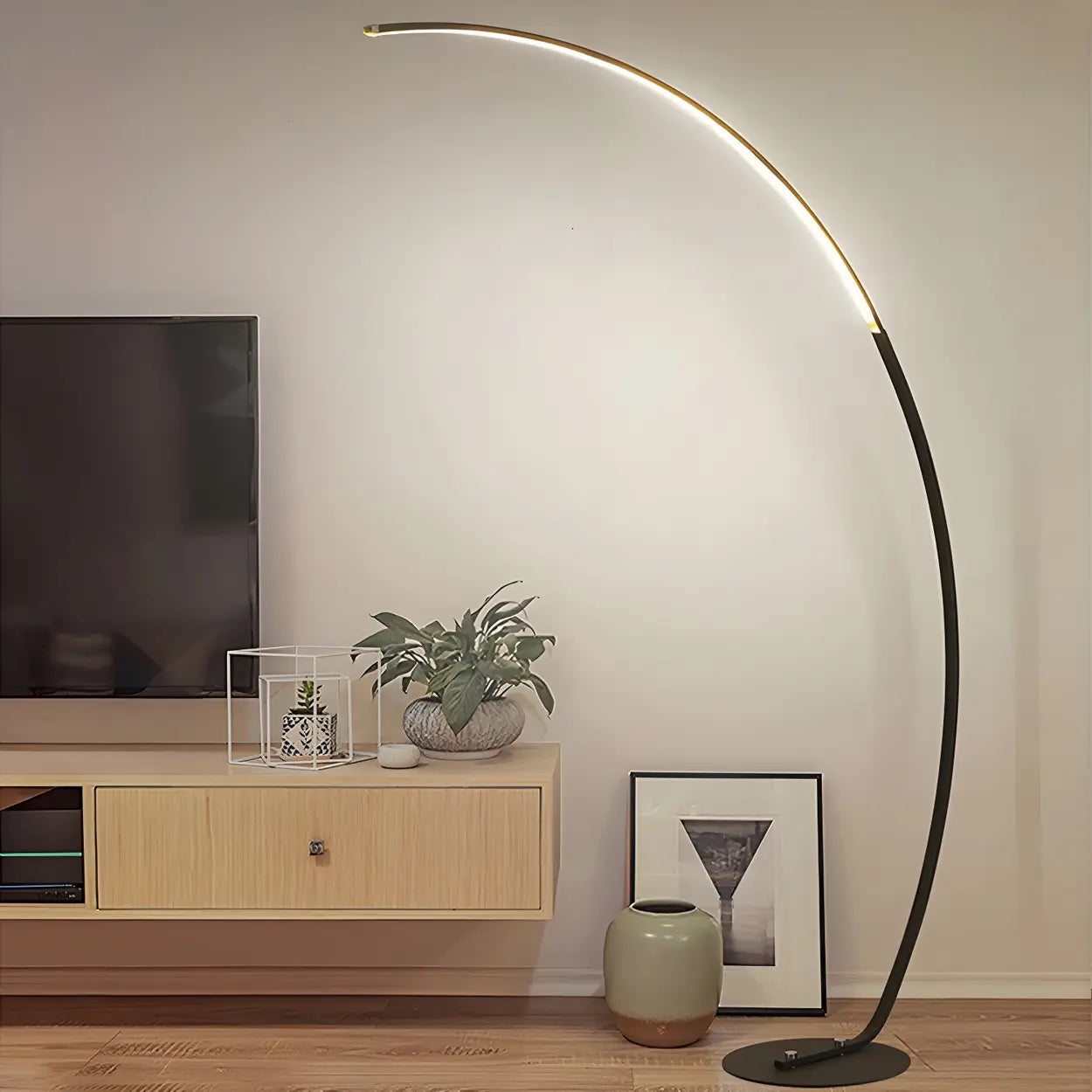
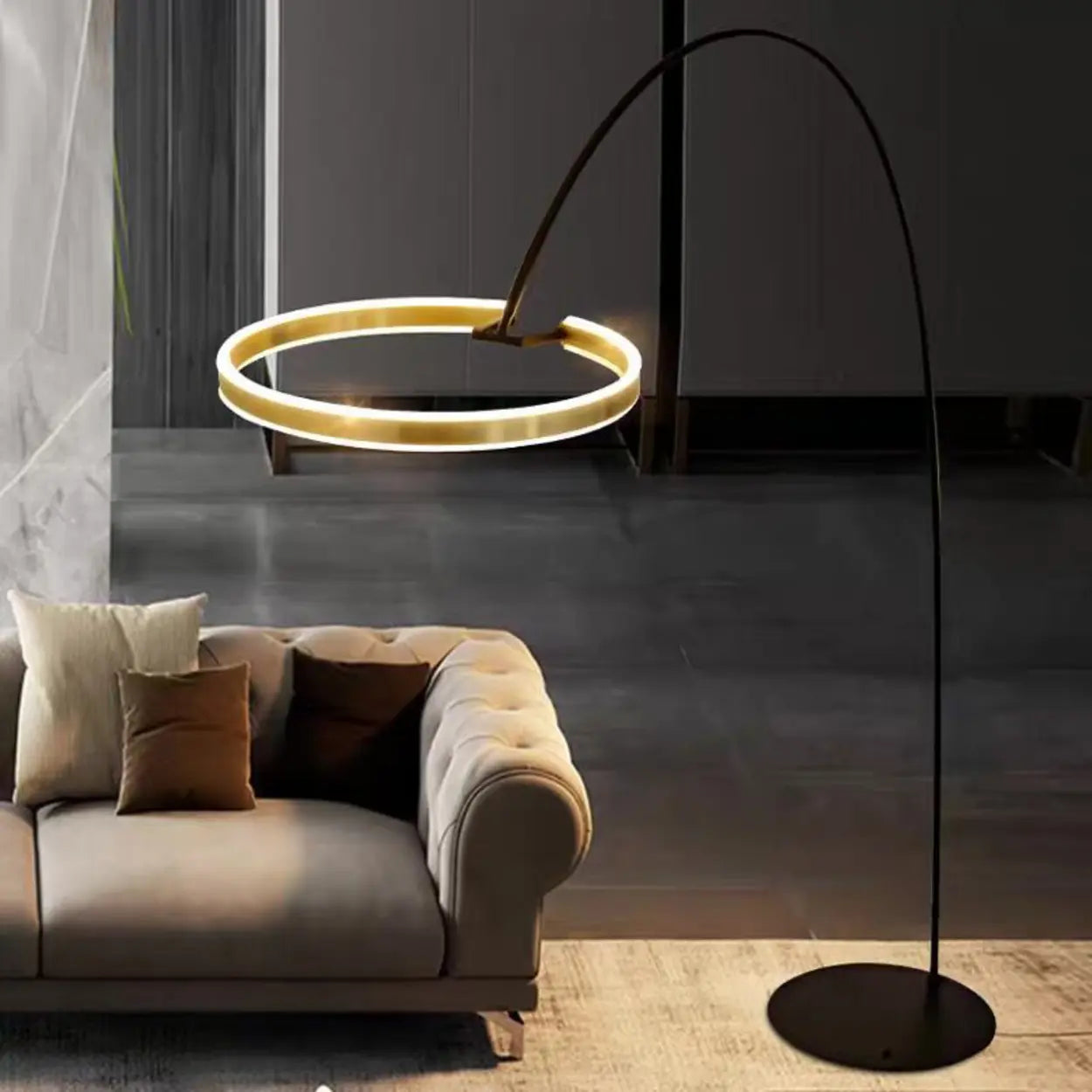
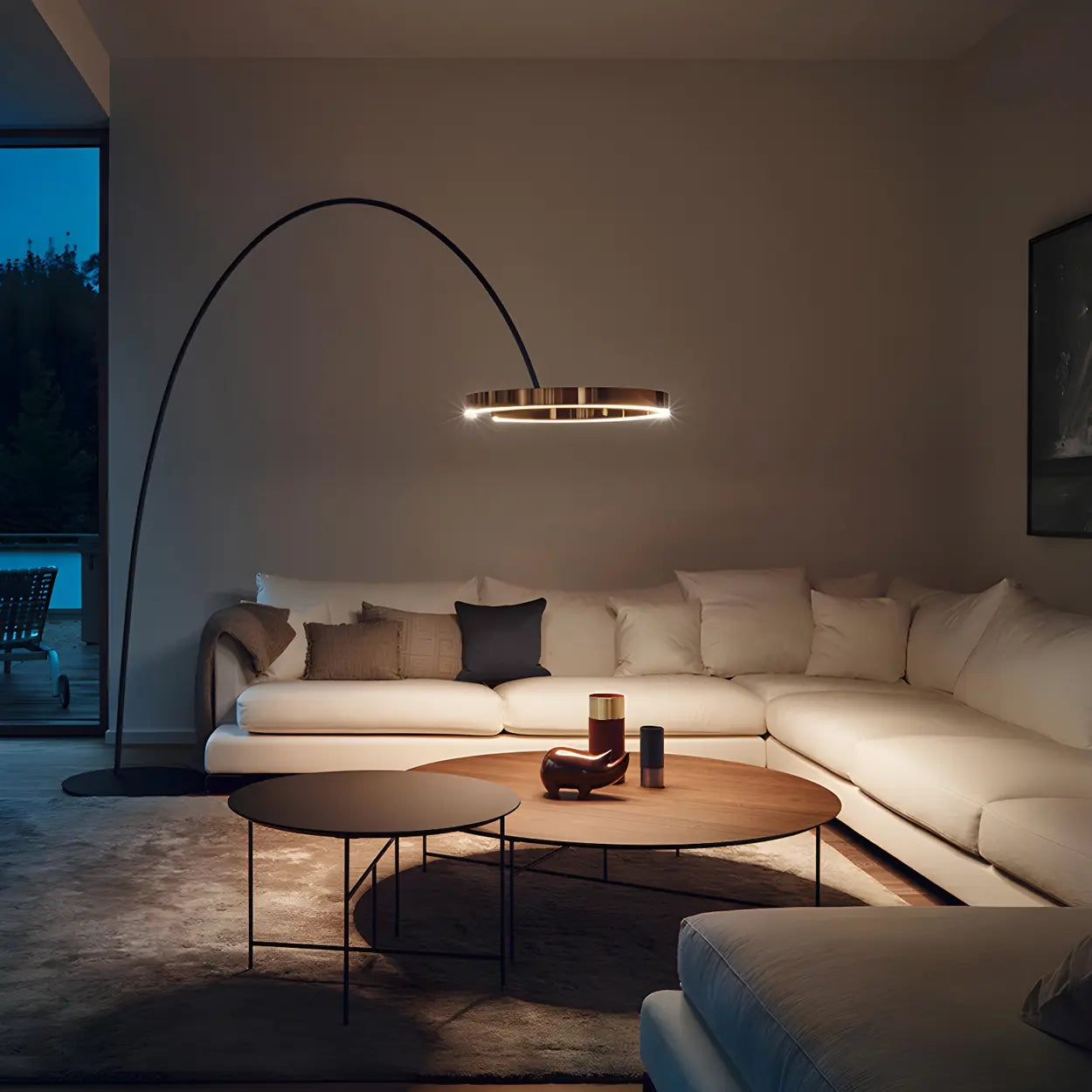
![10 Best Floor Lamp for Reading [2025 Review]](http://www.homebaa.com/cdn/shop/articles/banner_c990b0a4-4743-4902-b6be-5609f7a21a90.webp?v=1747357941)
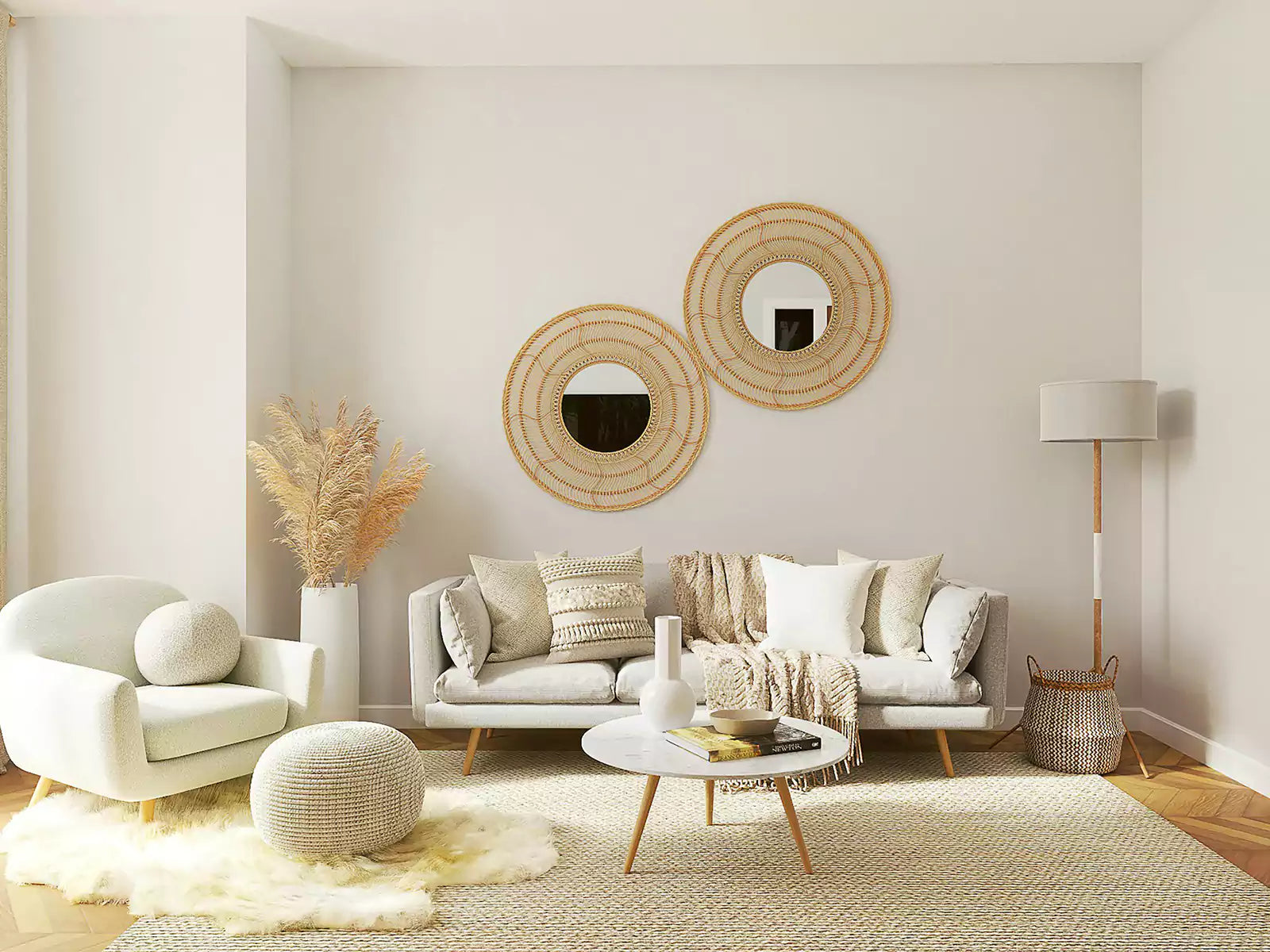

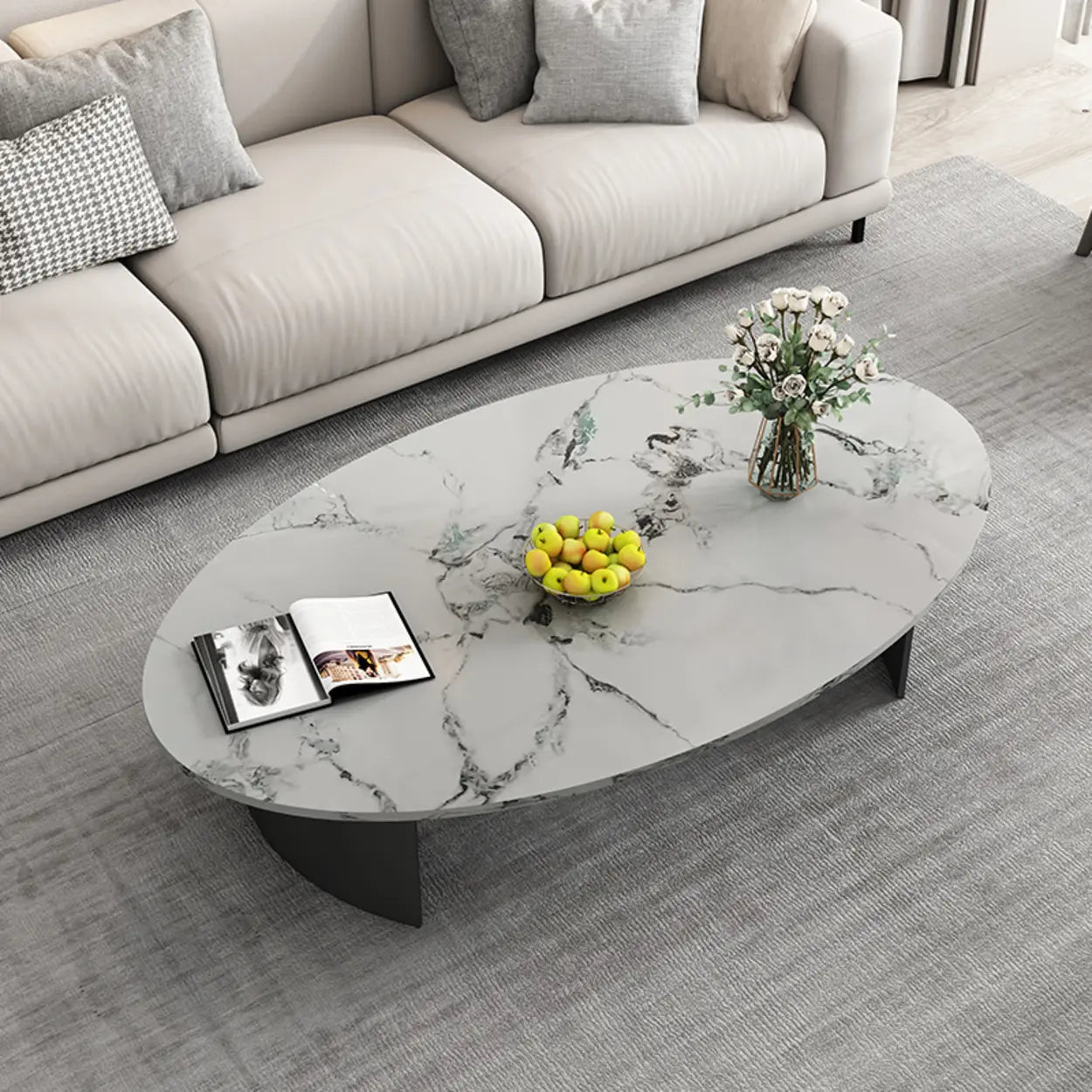
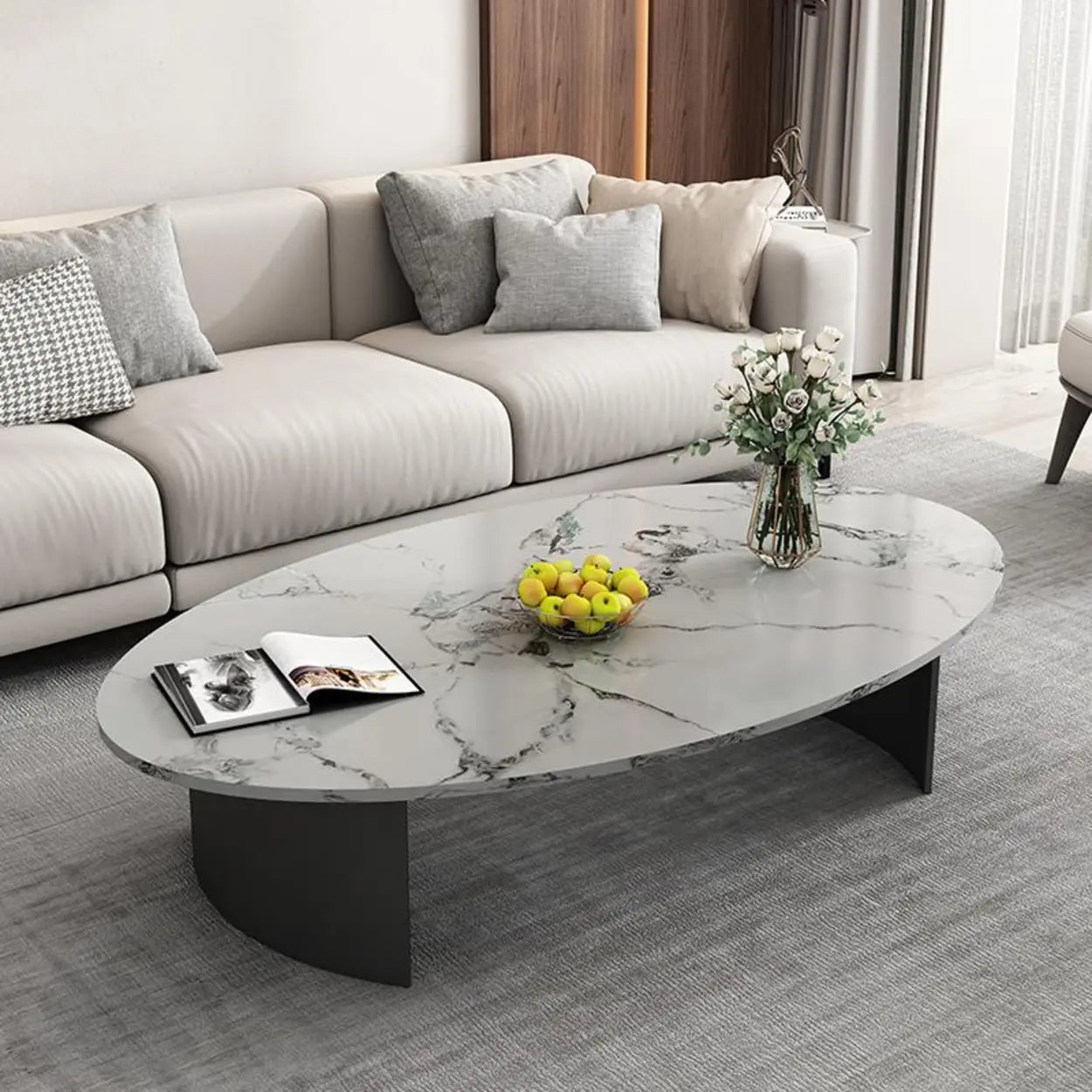
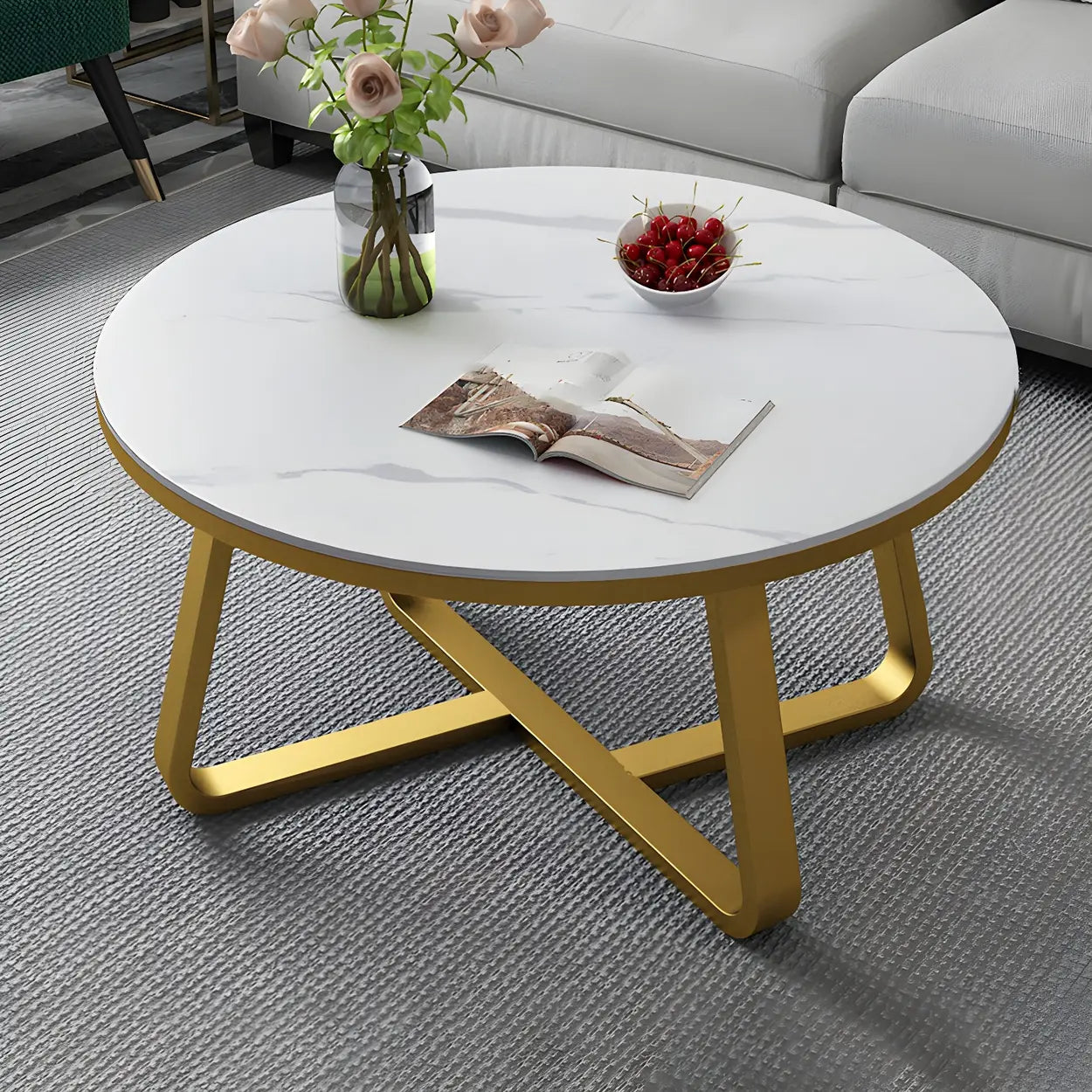
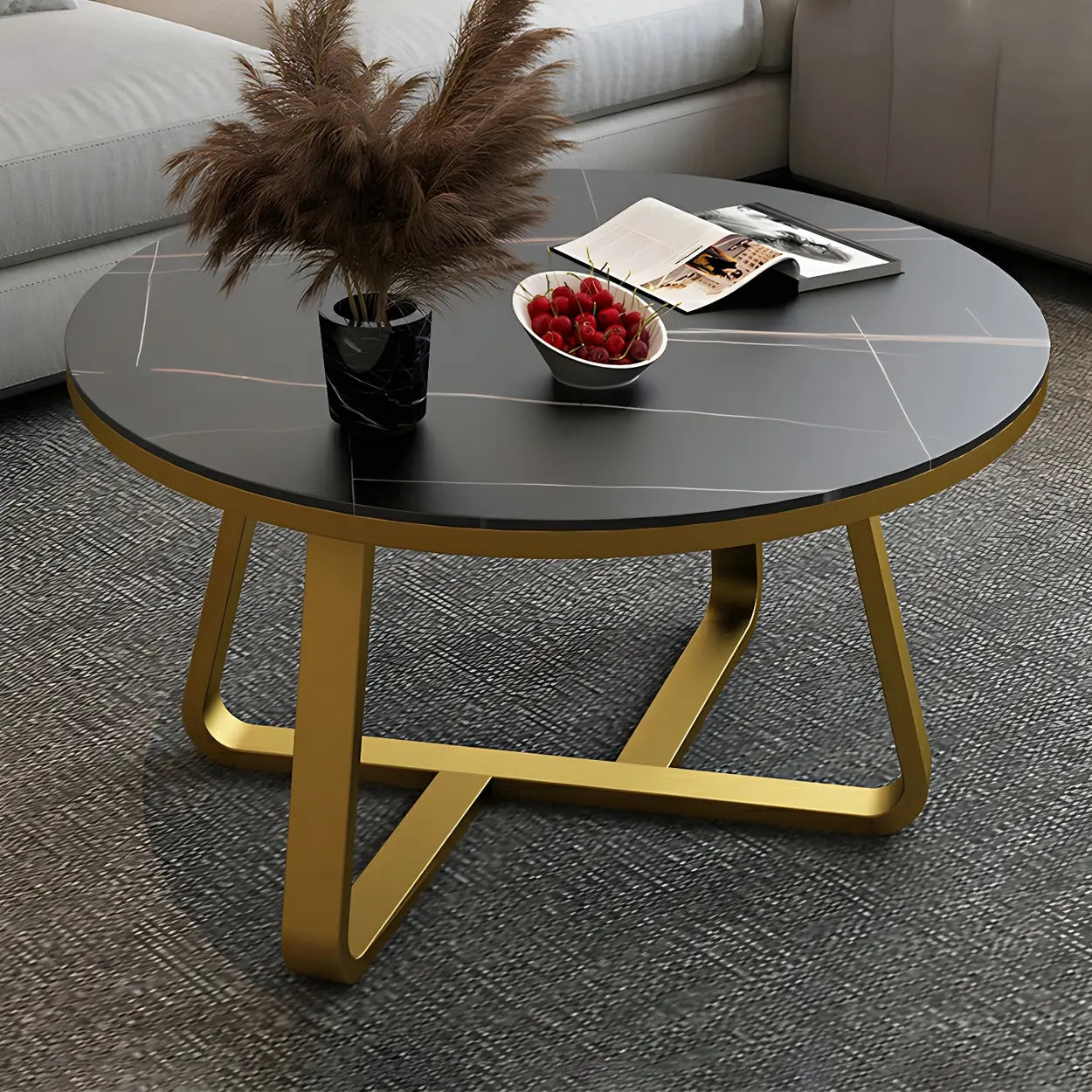
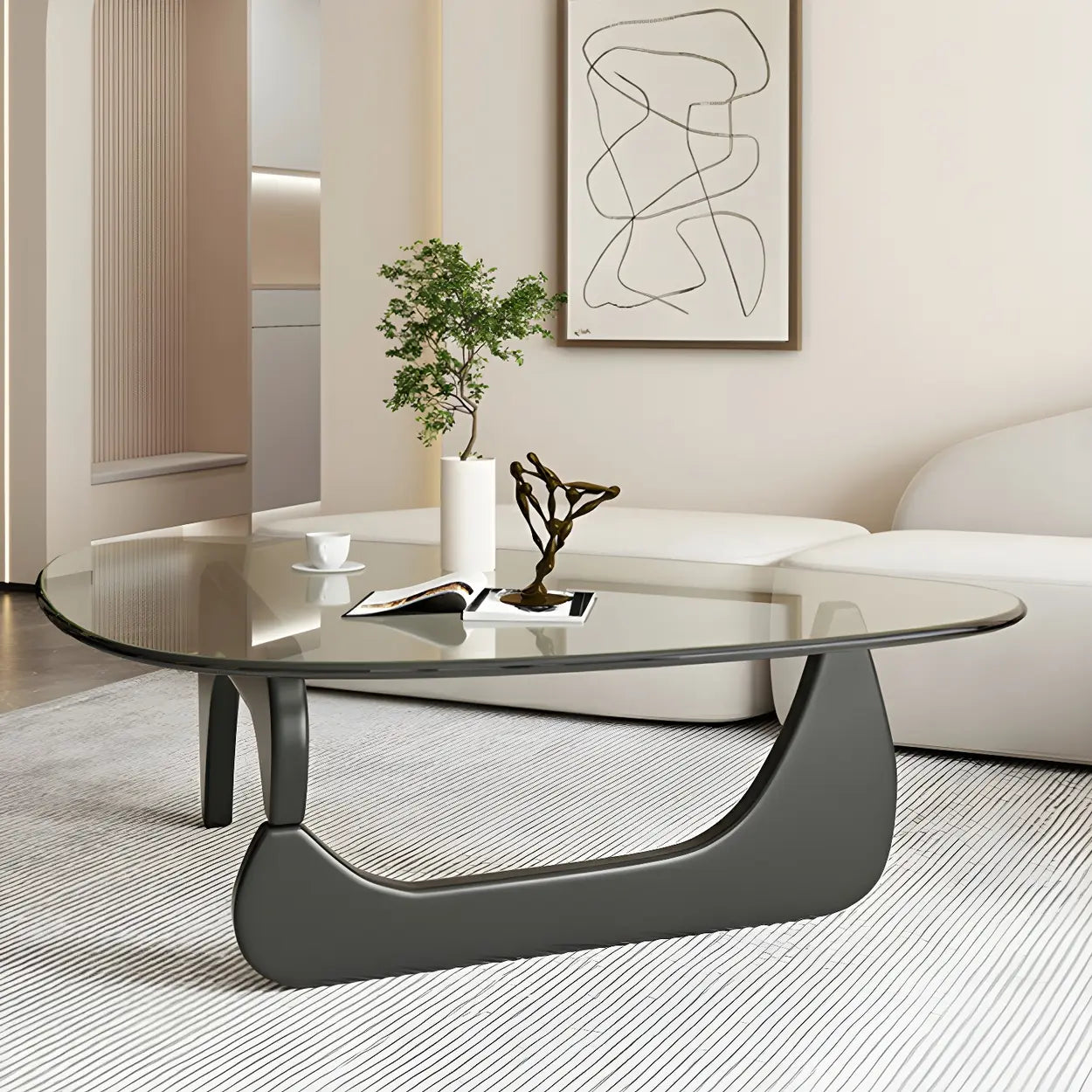
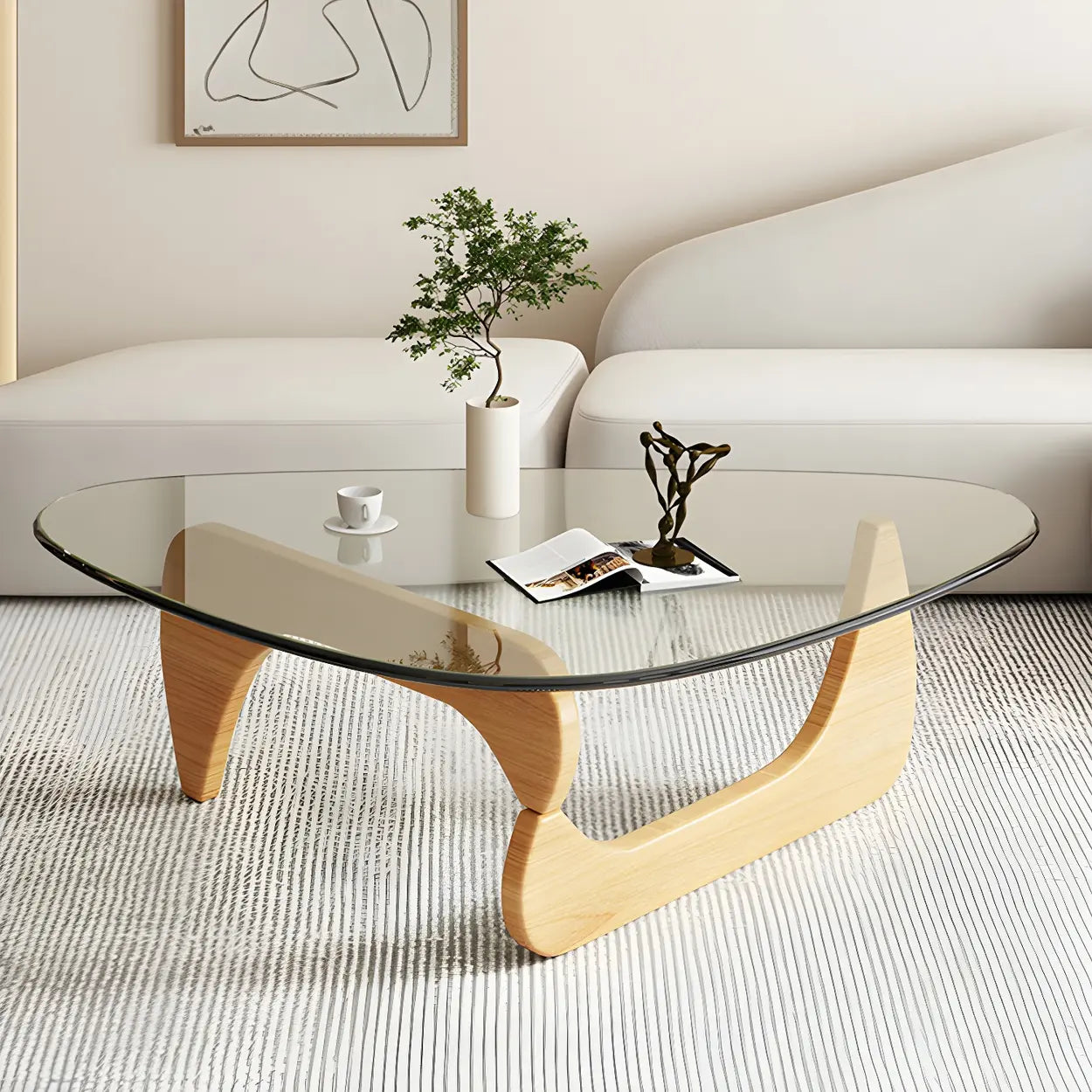
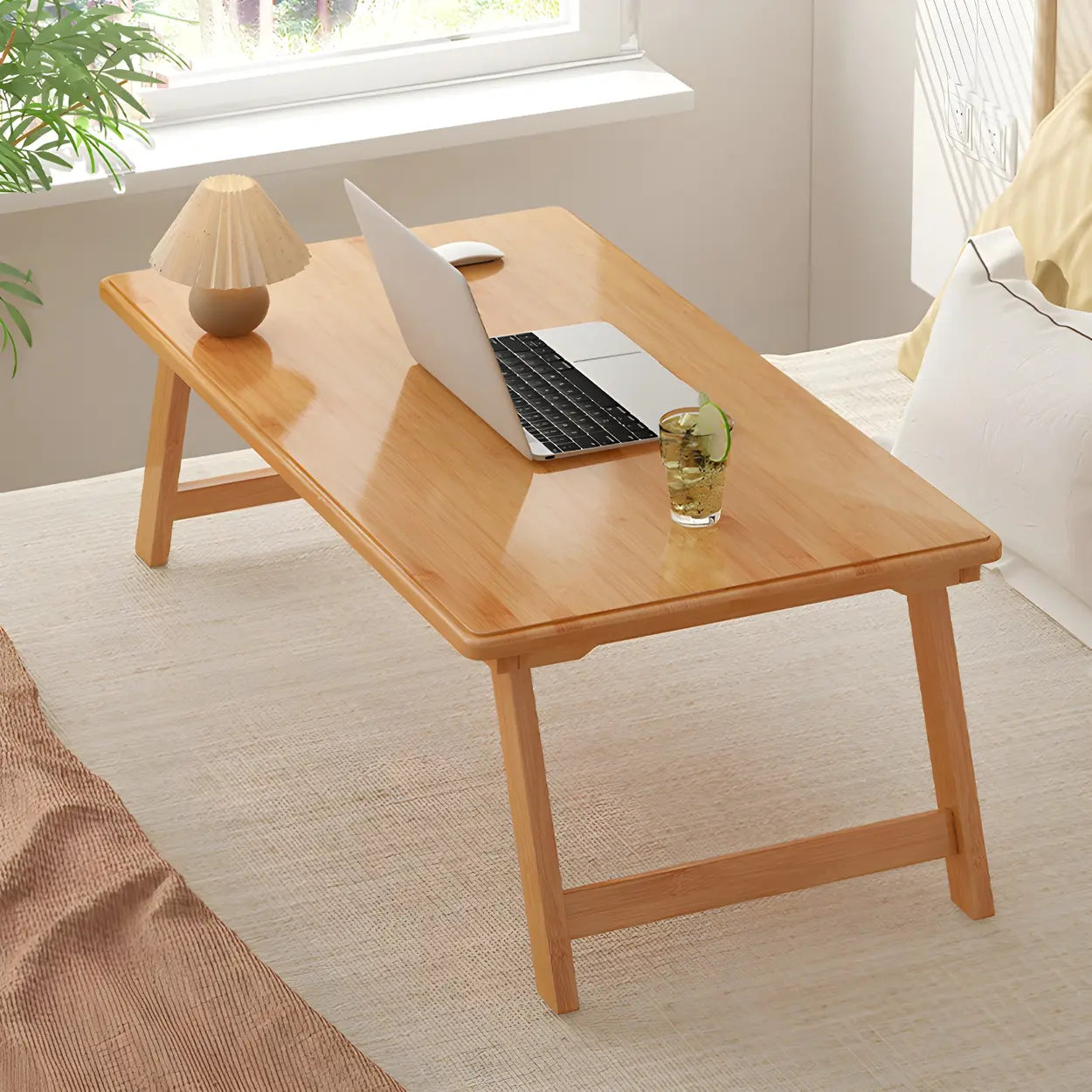
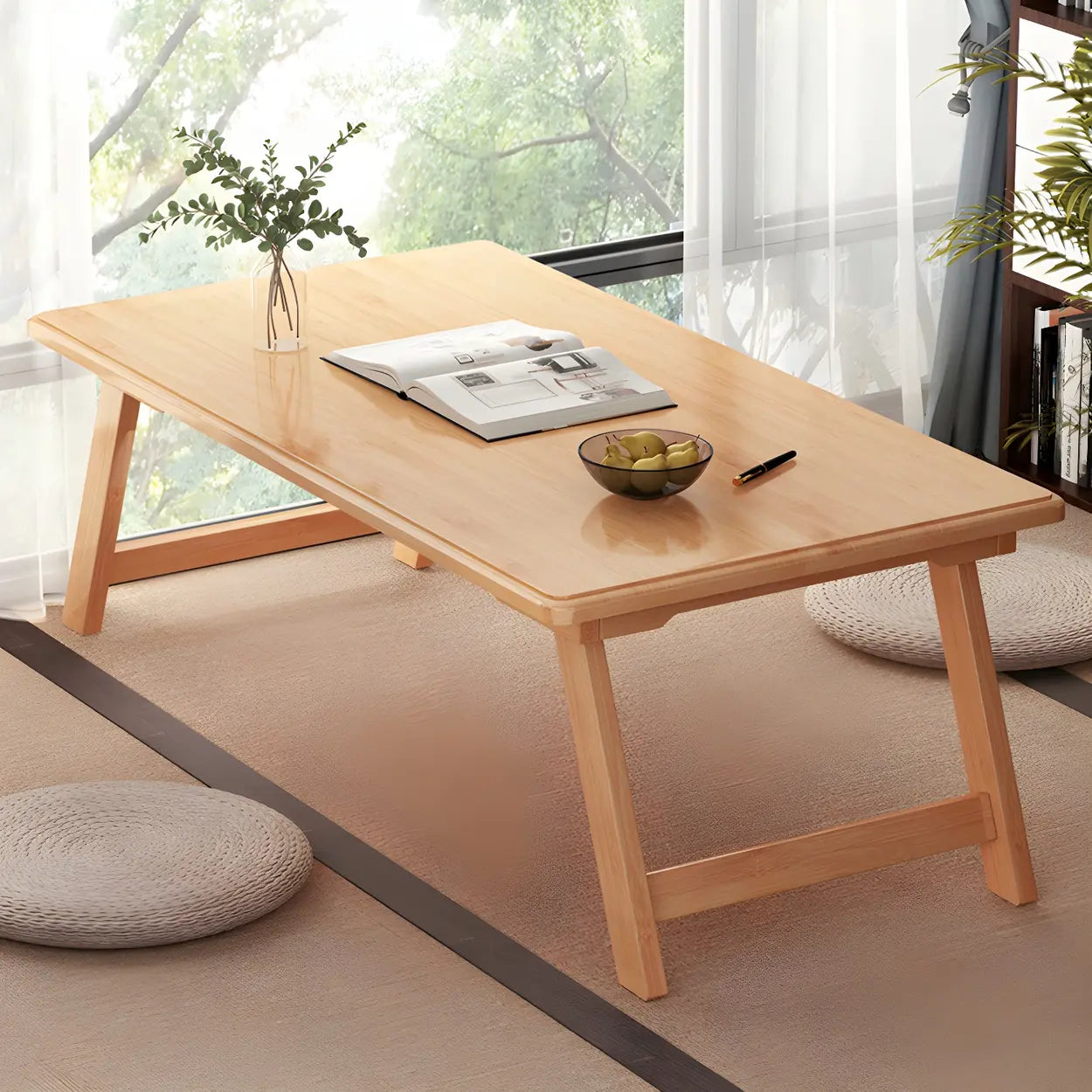
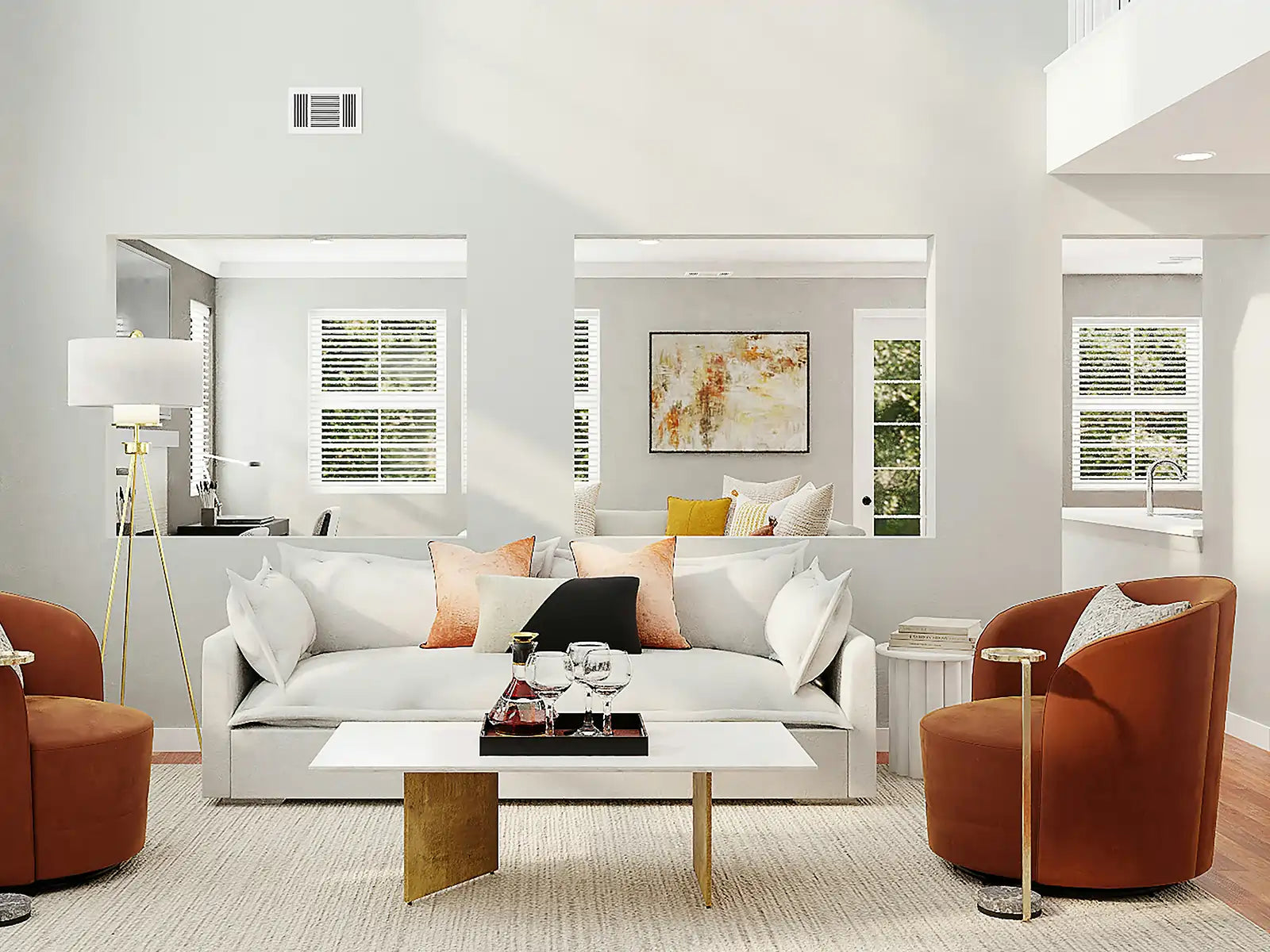
![How to Choose the Coffee Table Height? [2025 Newest Guide]](http://www.homebaa.com/cdn/shop/articles/coffee-table-height.webp?v=1749523259)
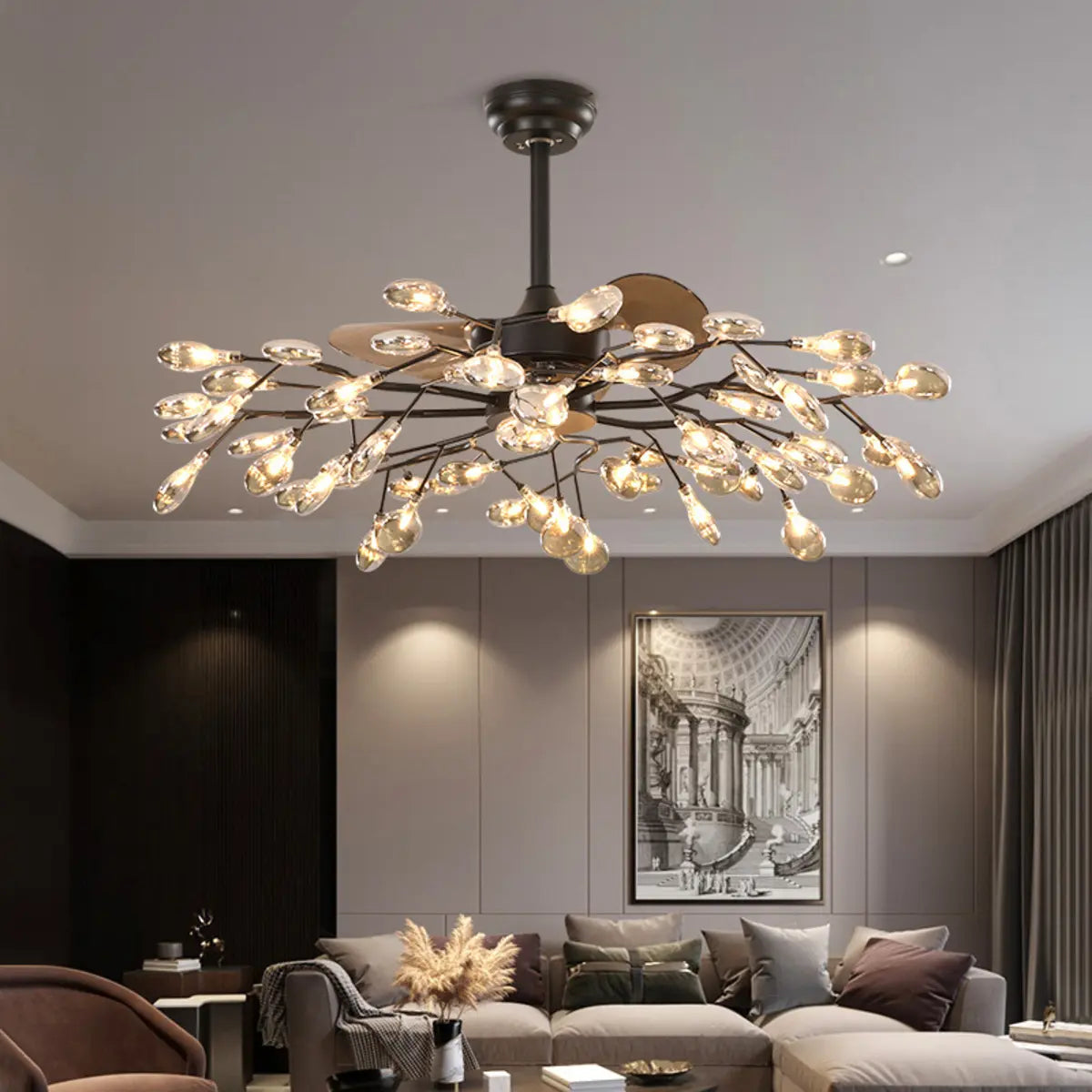
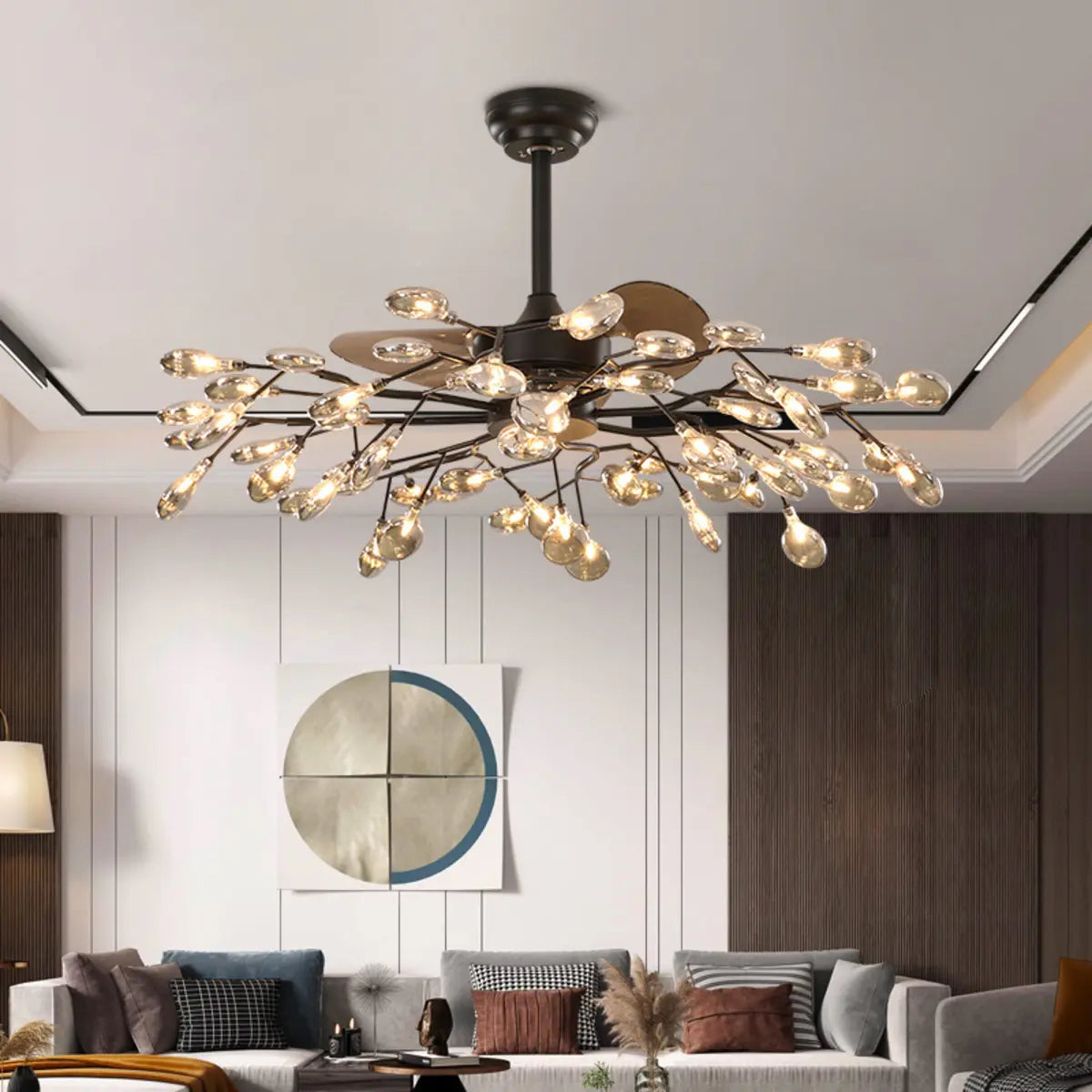
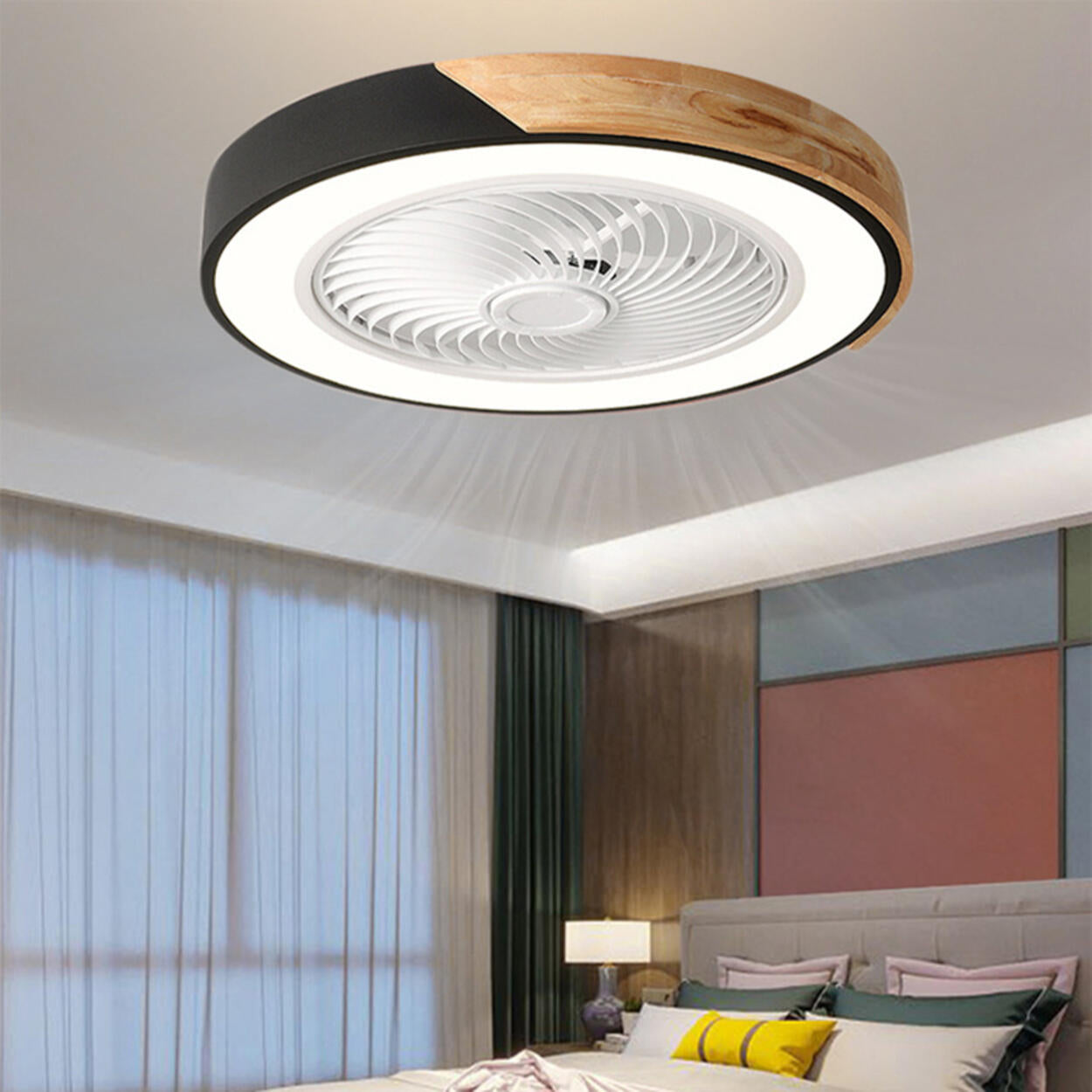
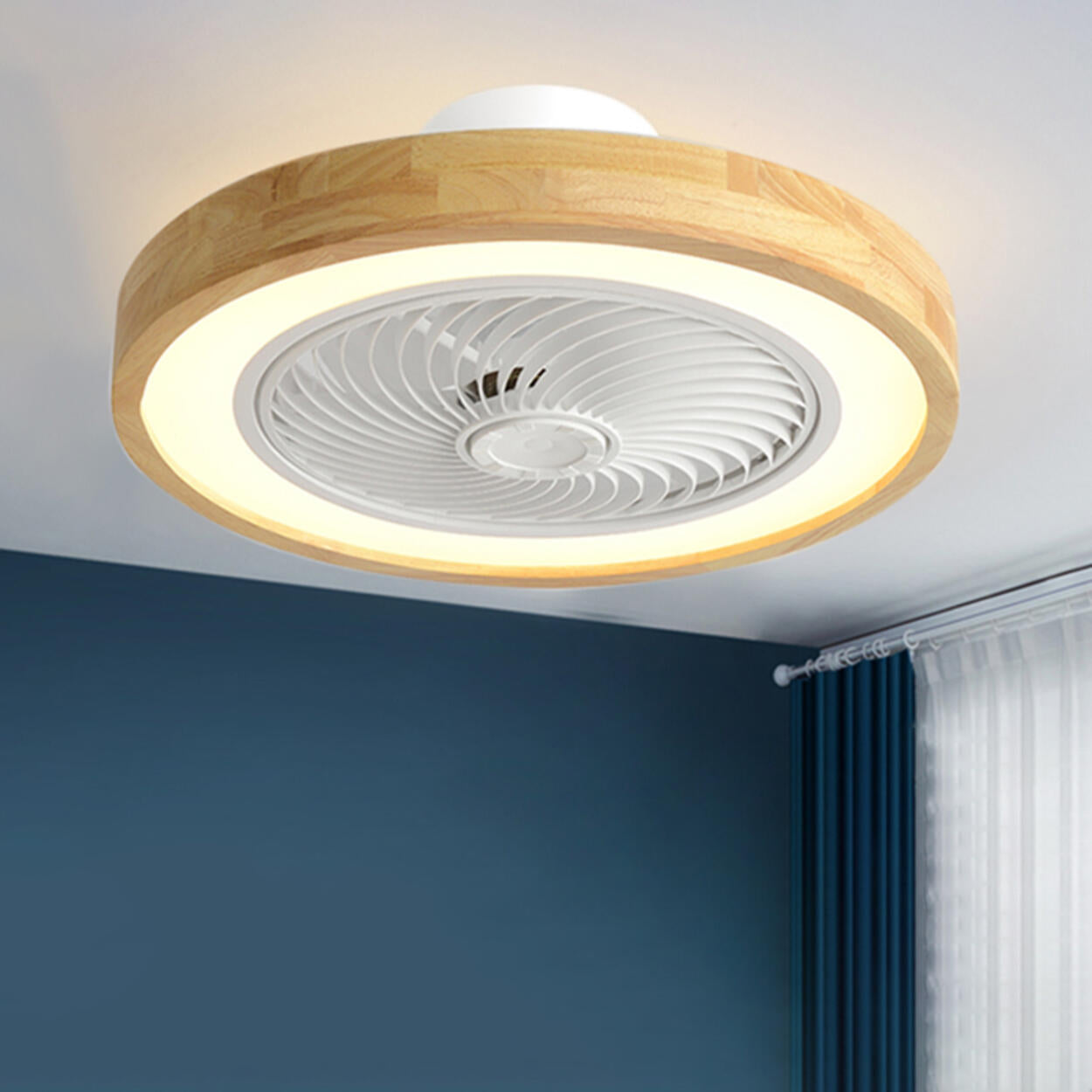
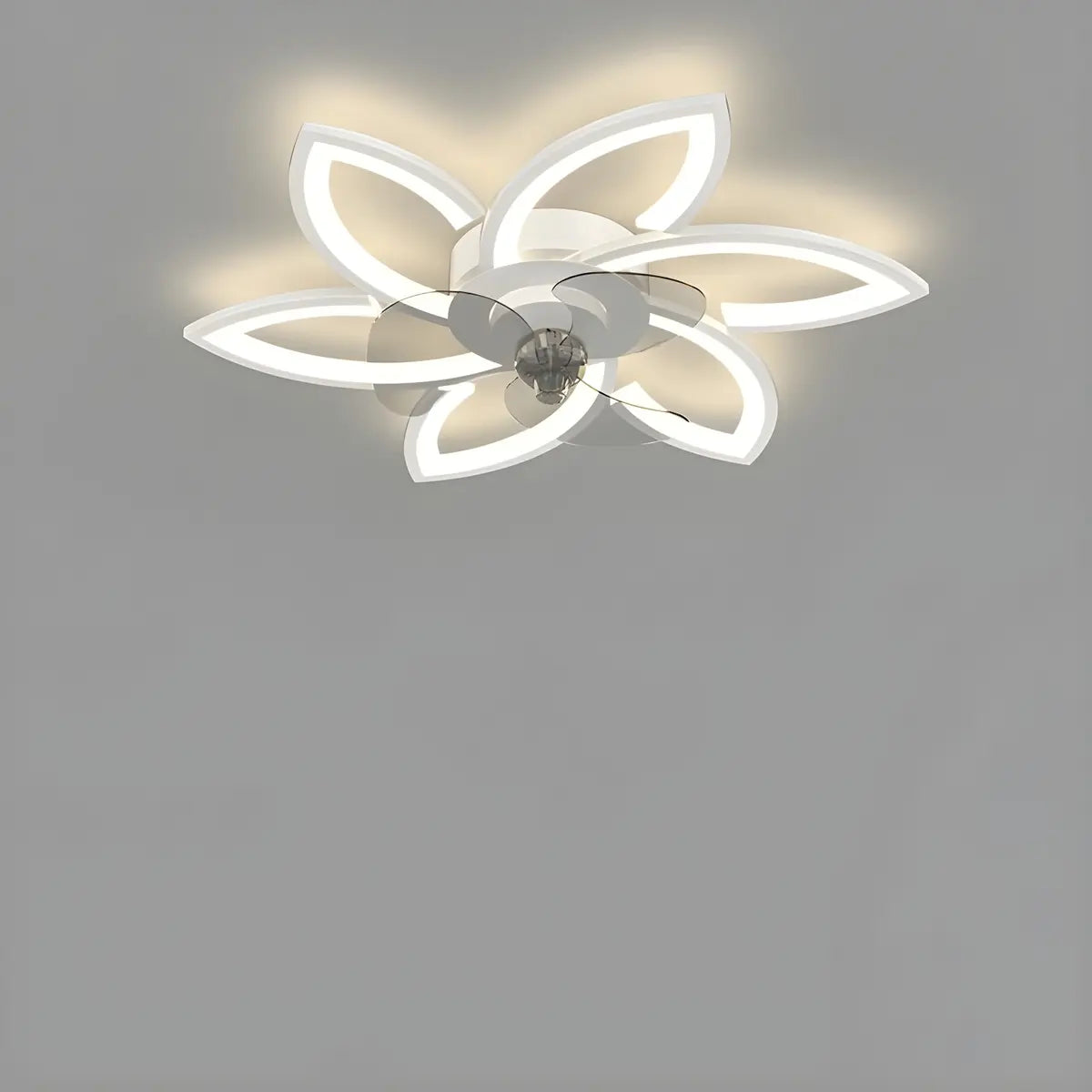
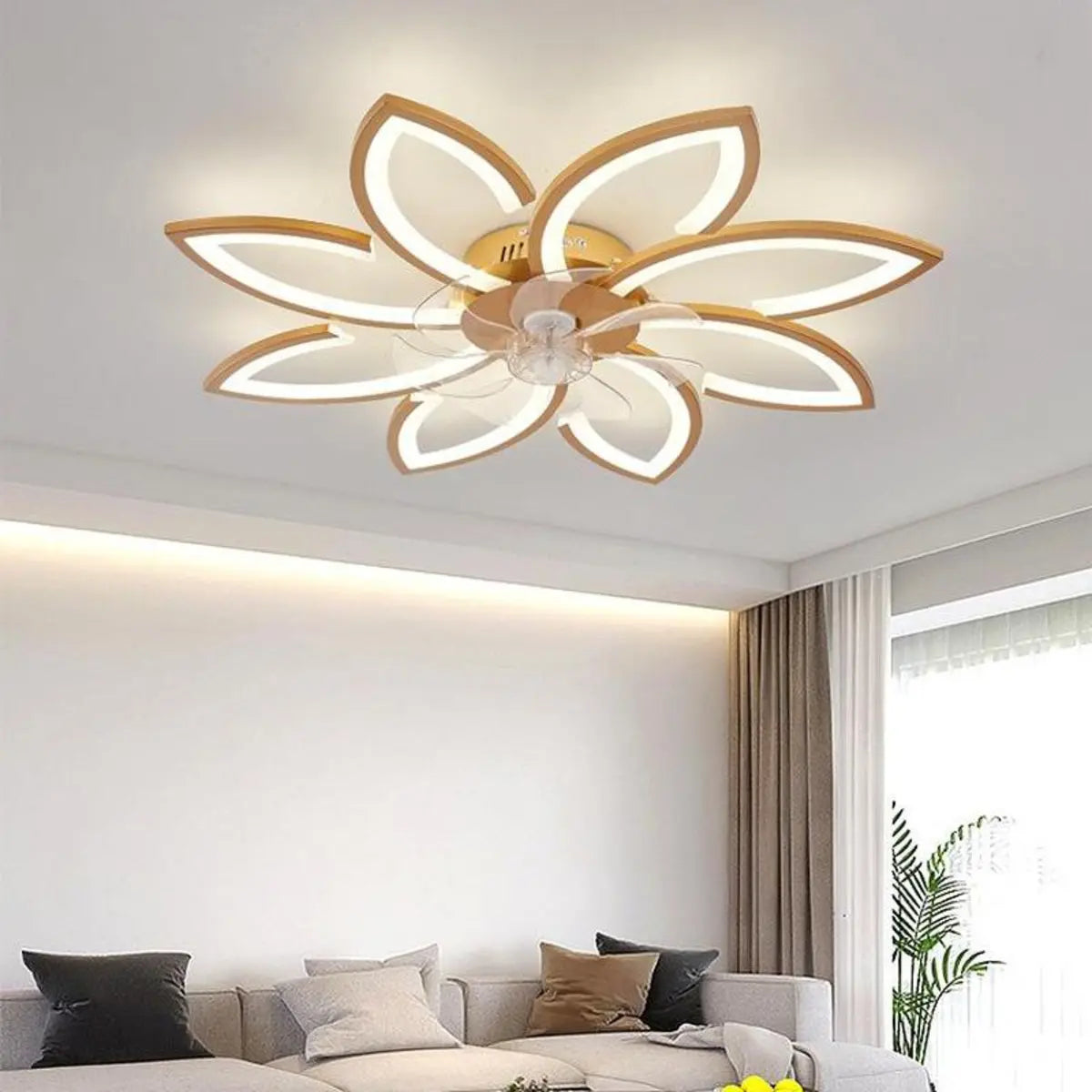
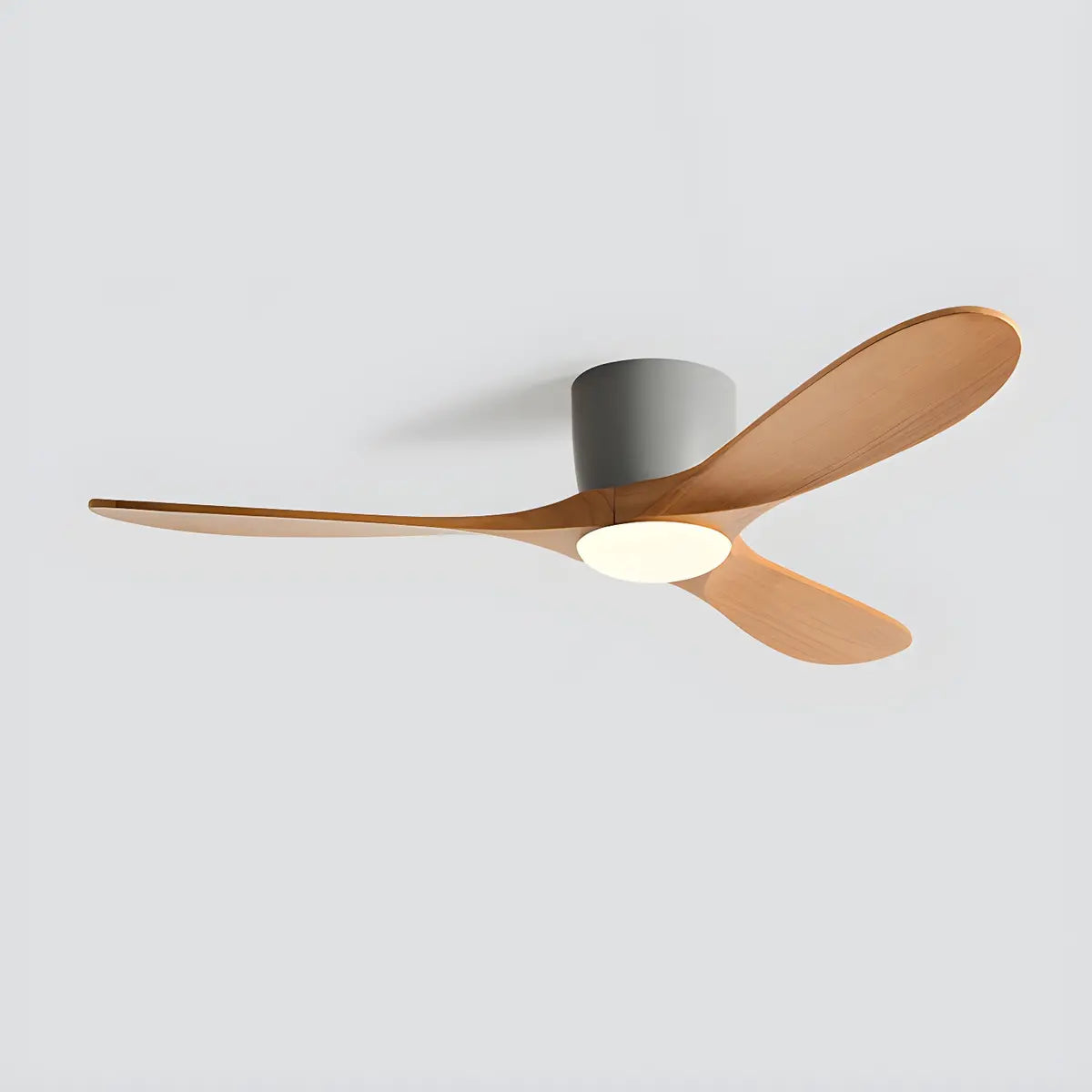
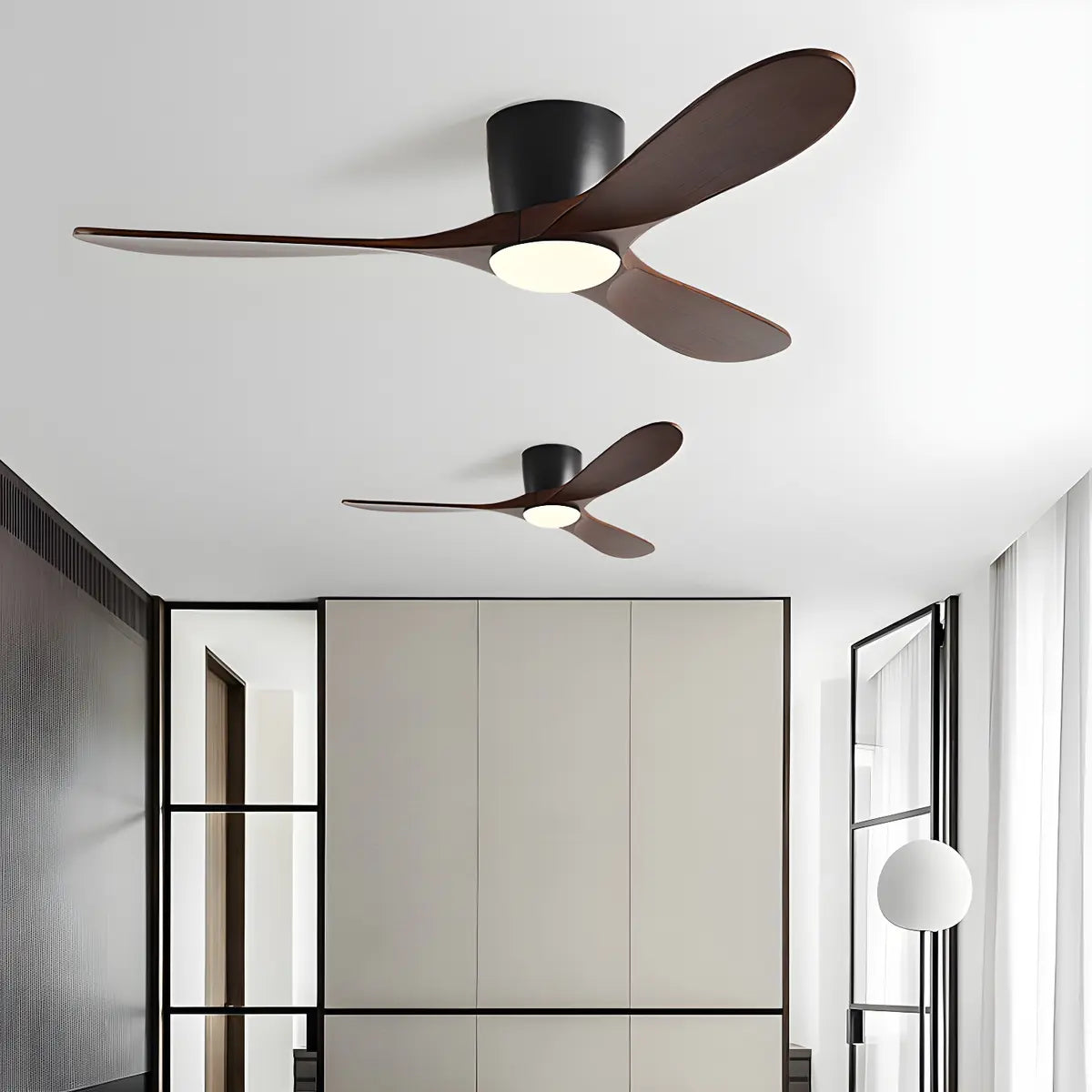
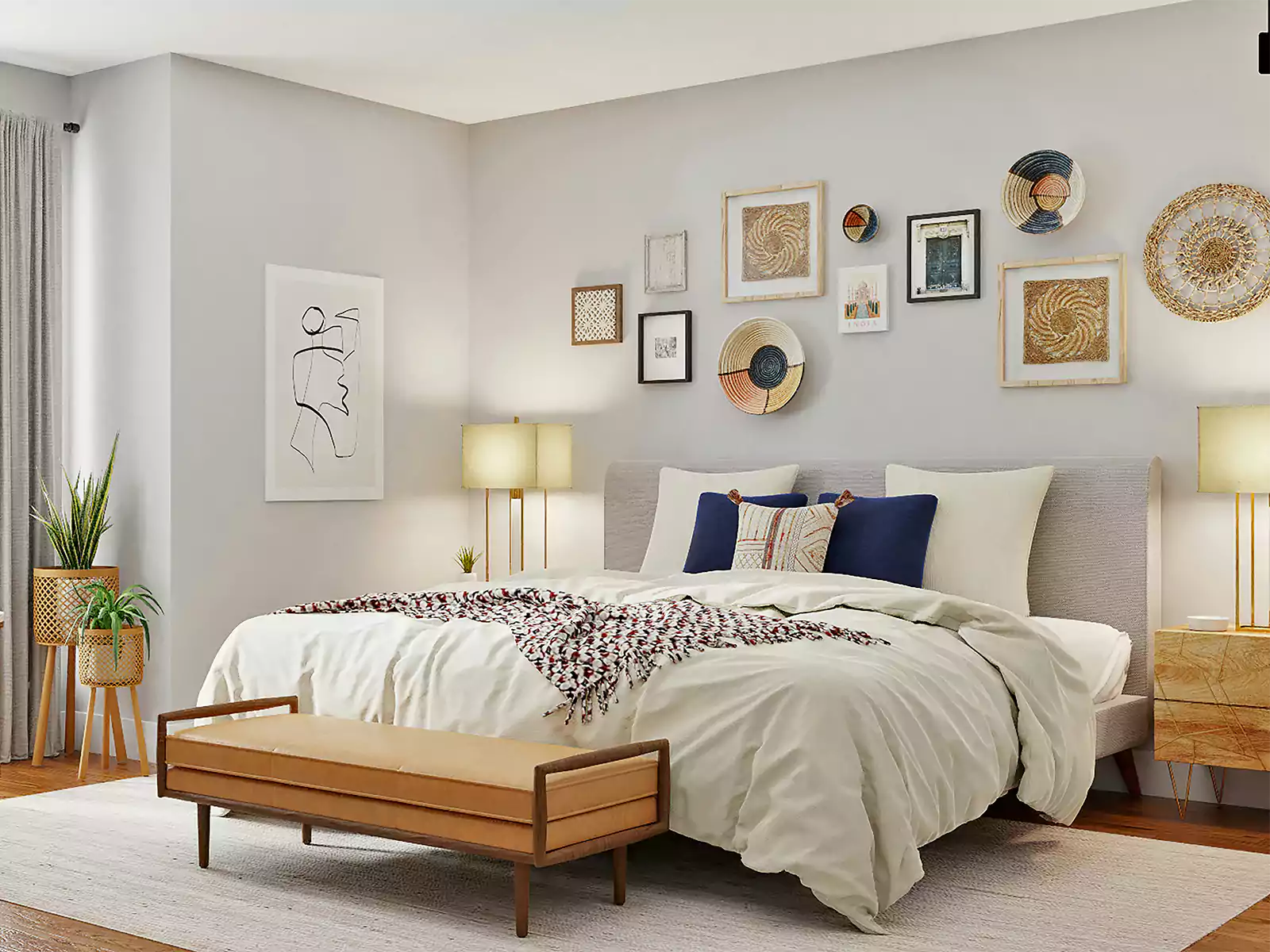
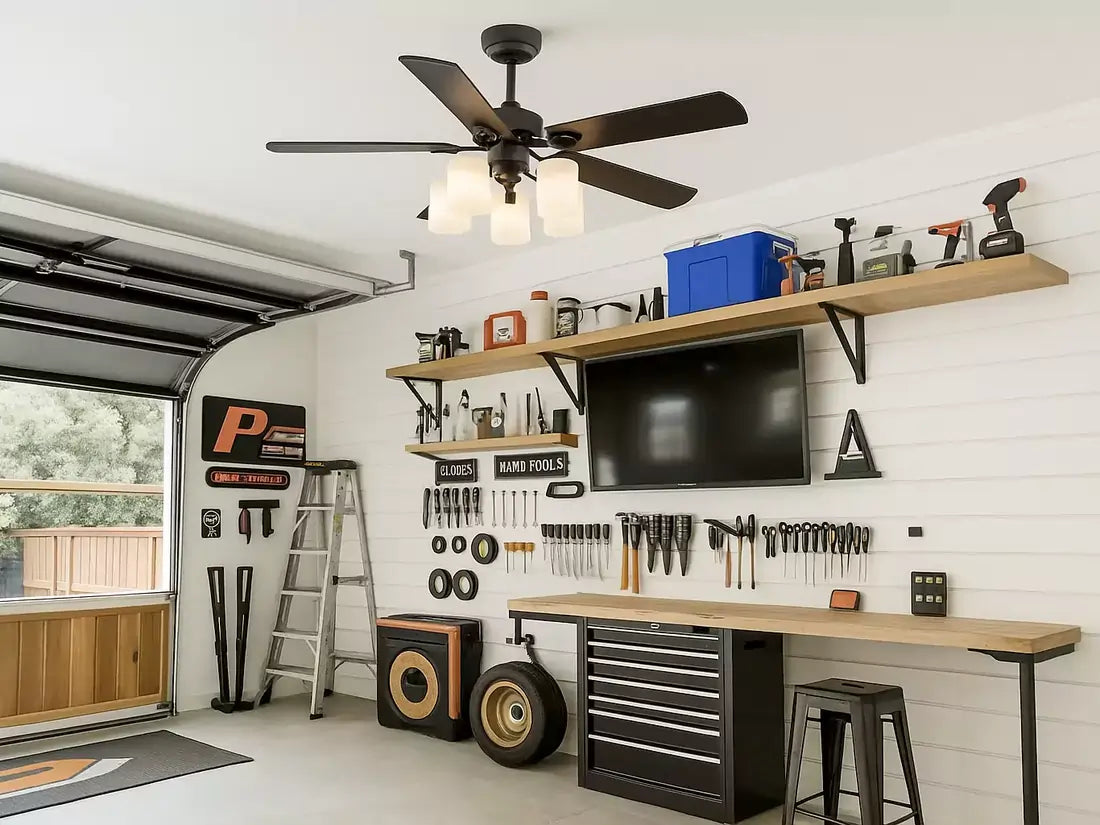

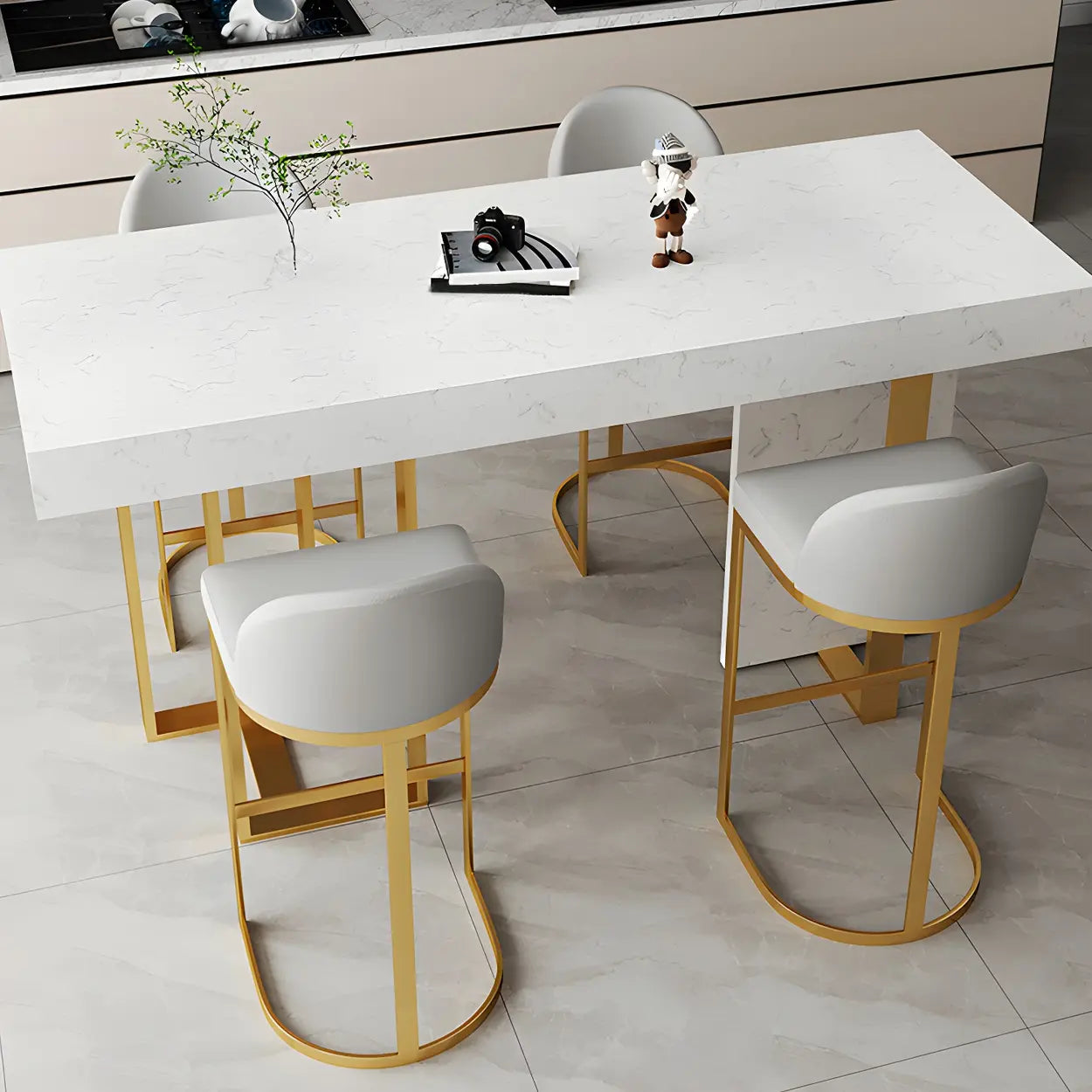
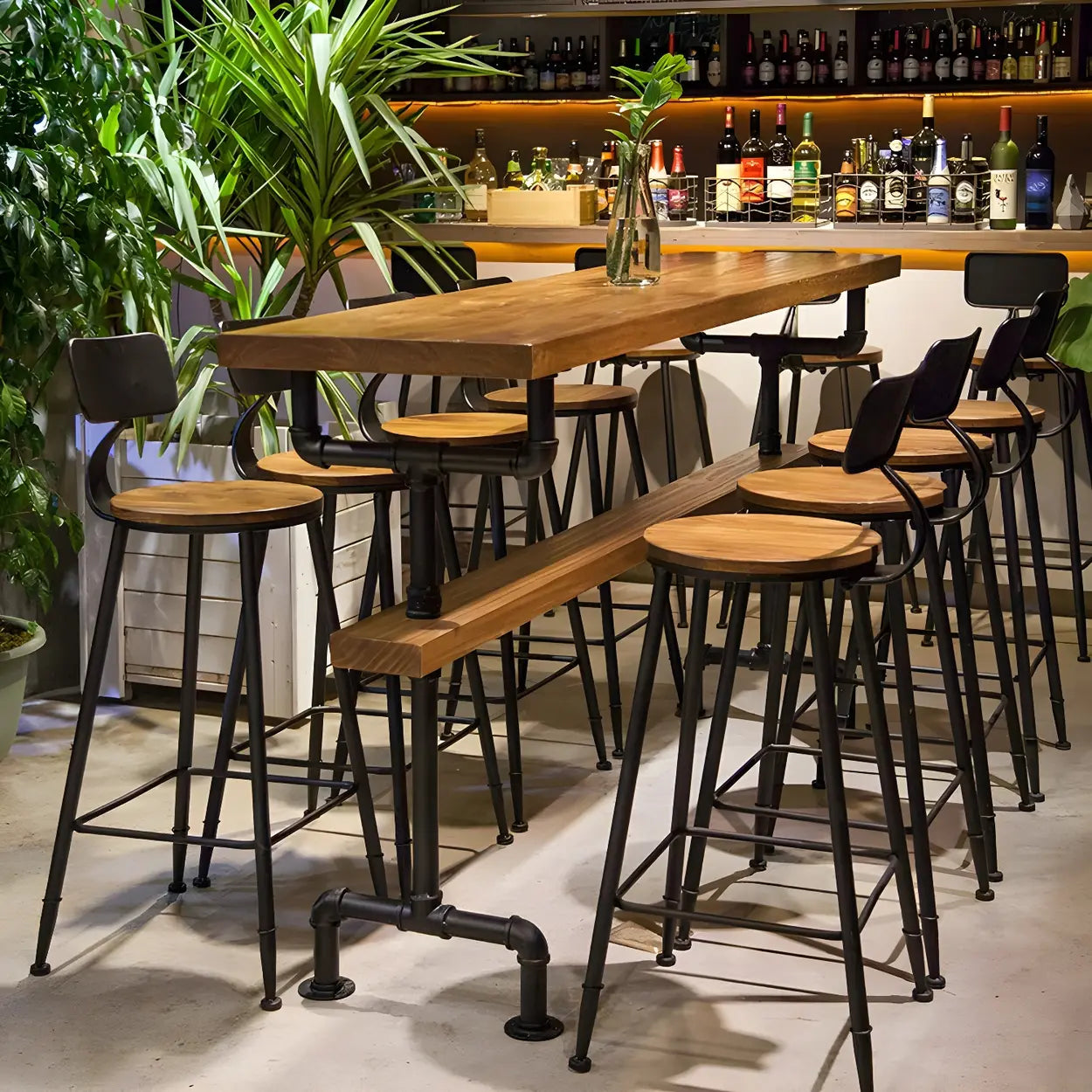
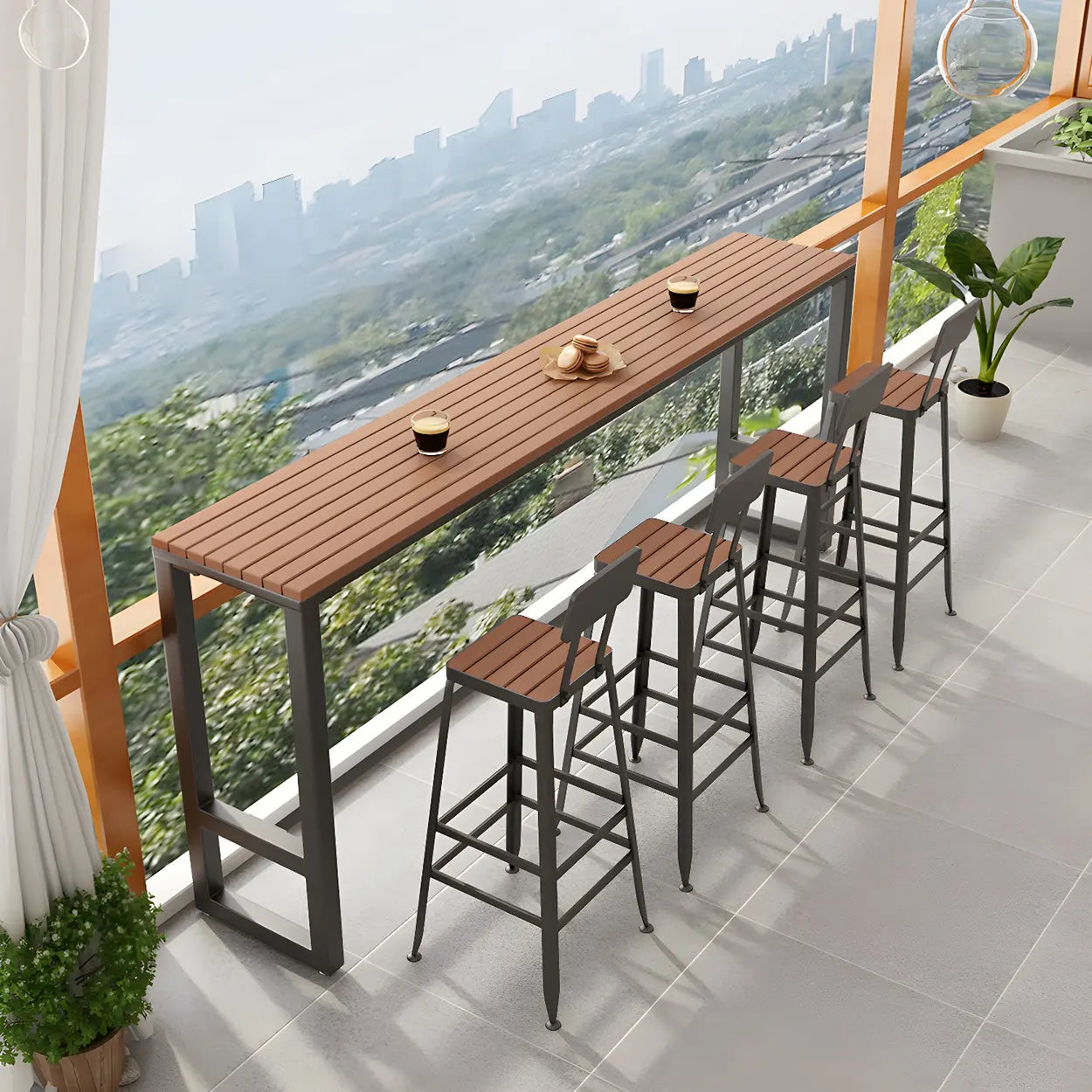
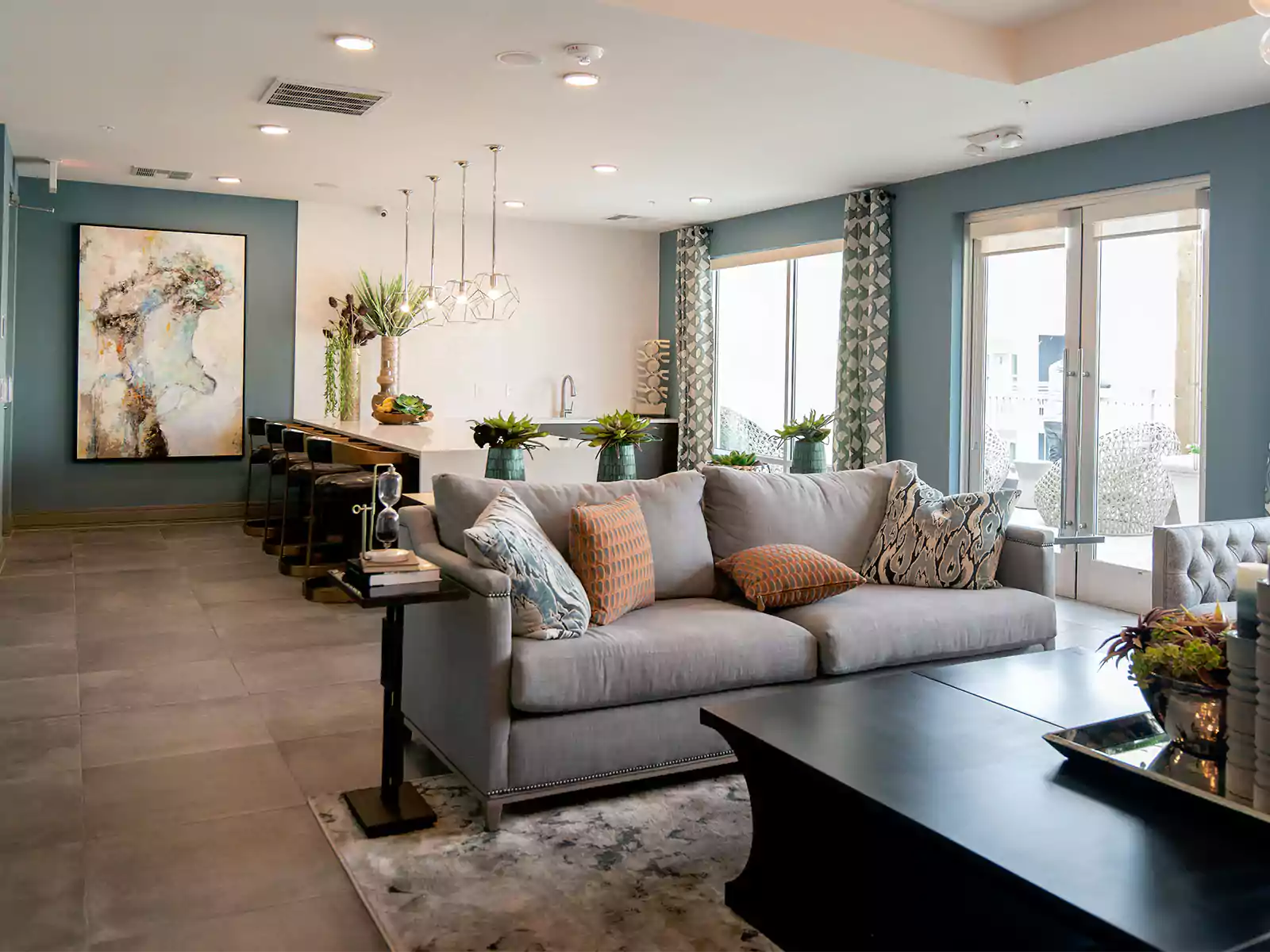
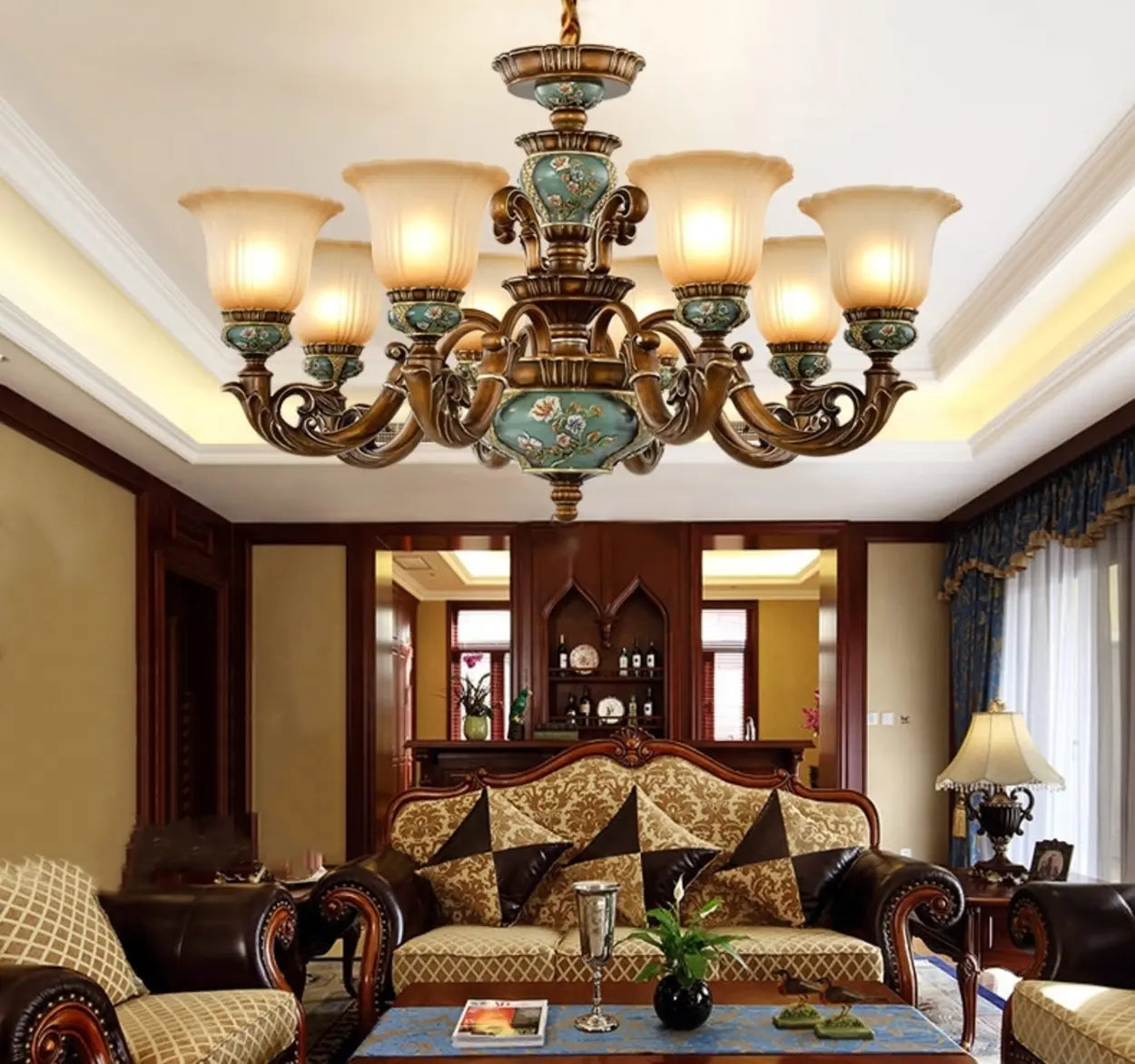
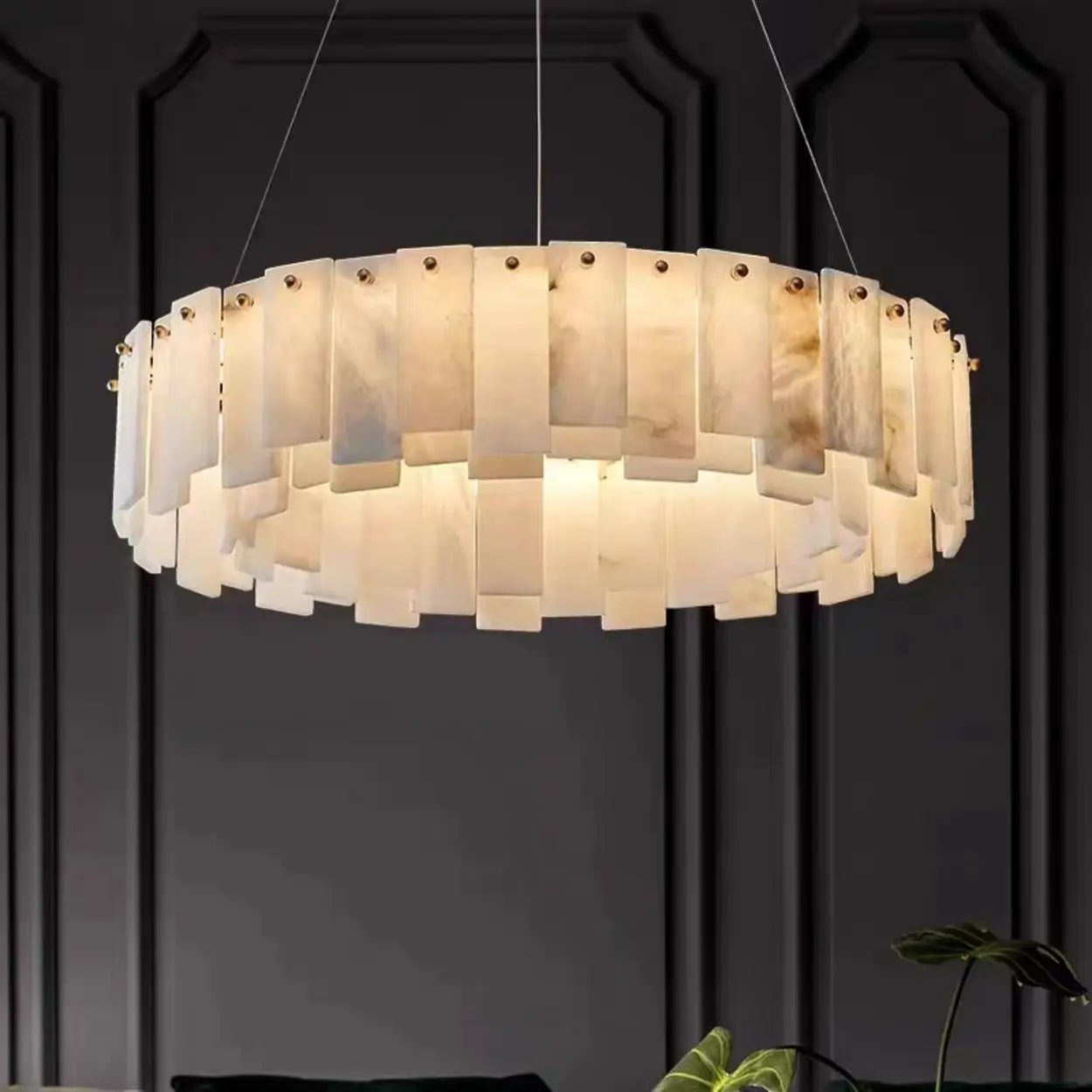


![How to Choose the Coffee Table Height? [2025 Newest Guide]](http://www.homebaa.com/cdn/shop/articles/coffee-table-height_500x.webp?v=1749523259)




